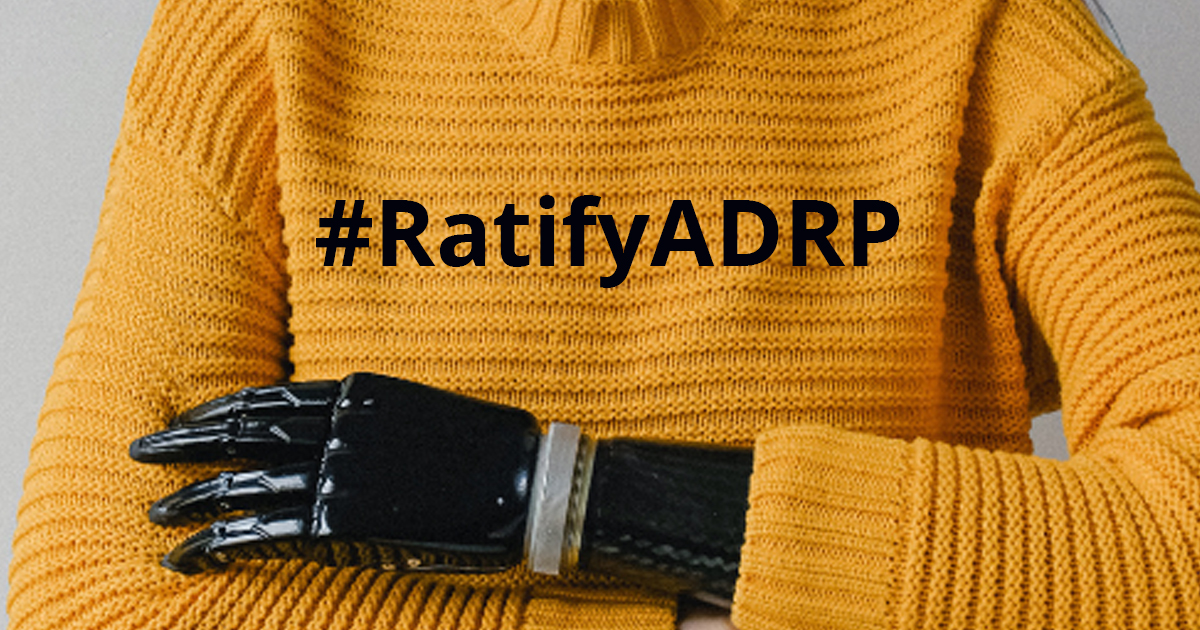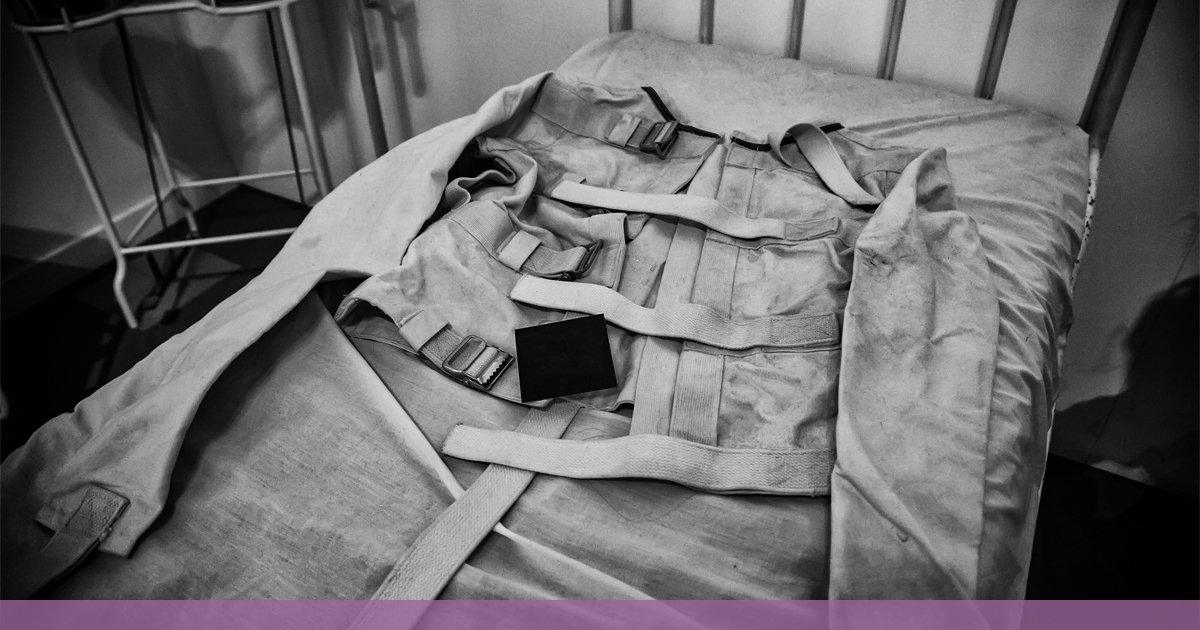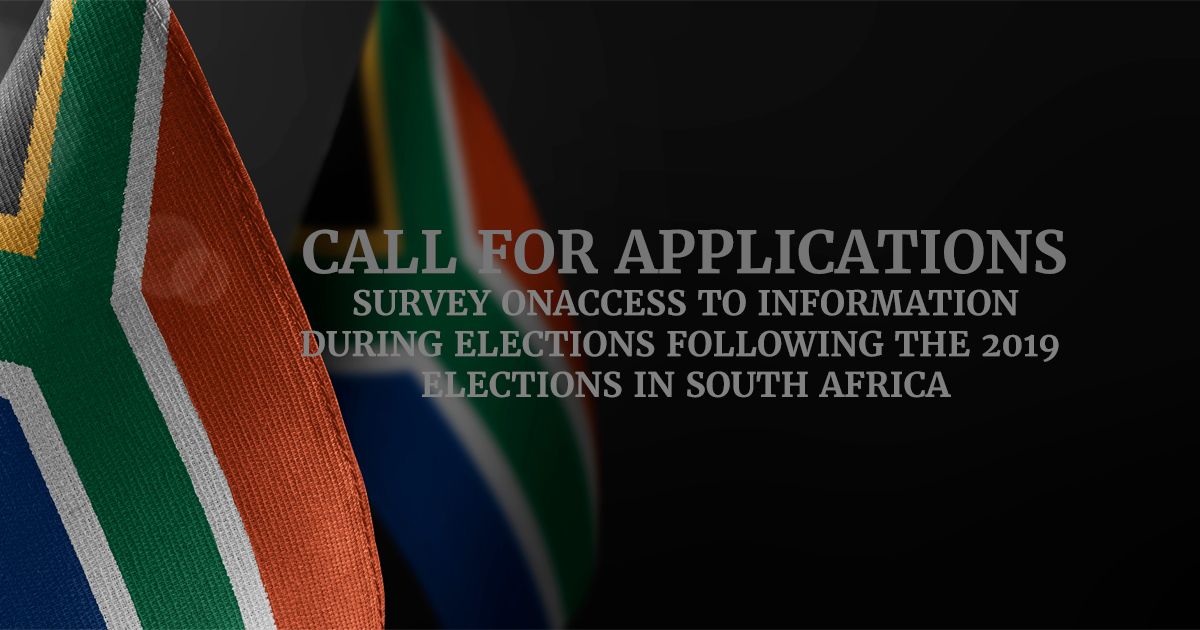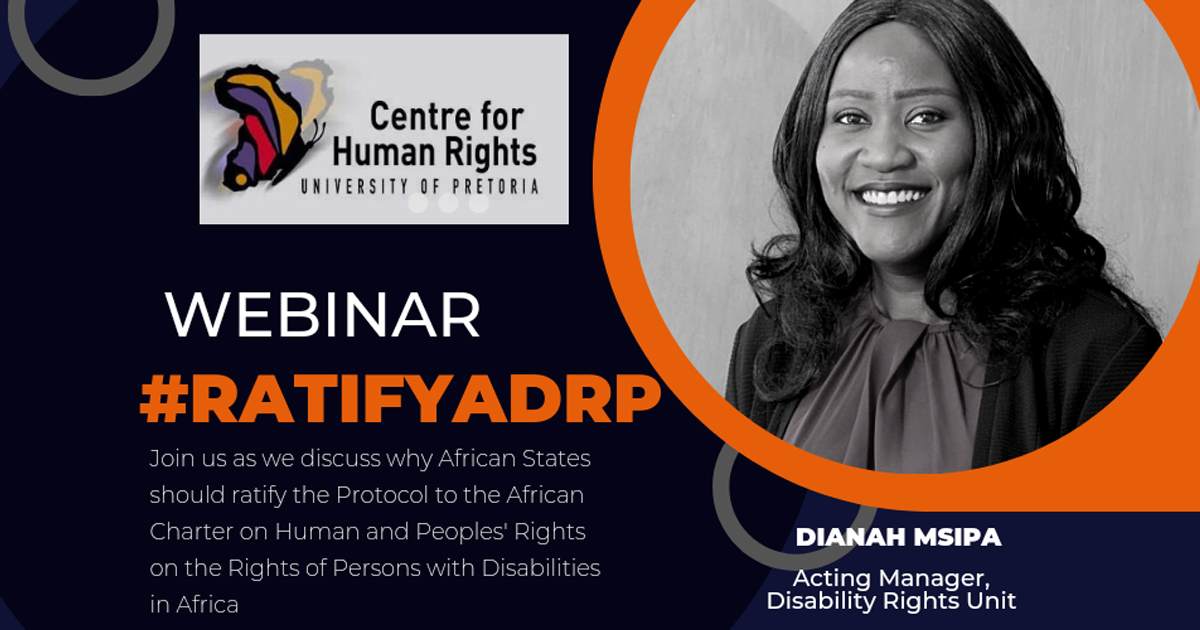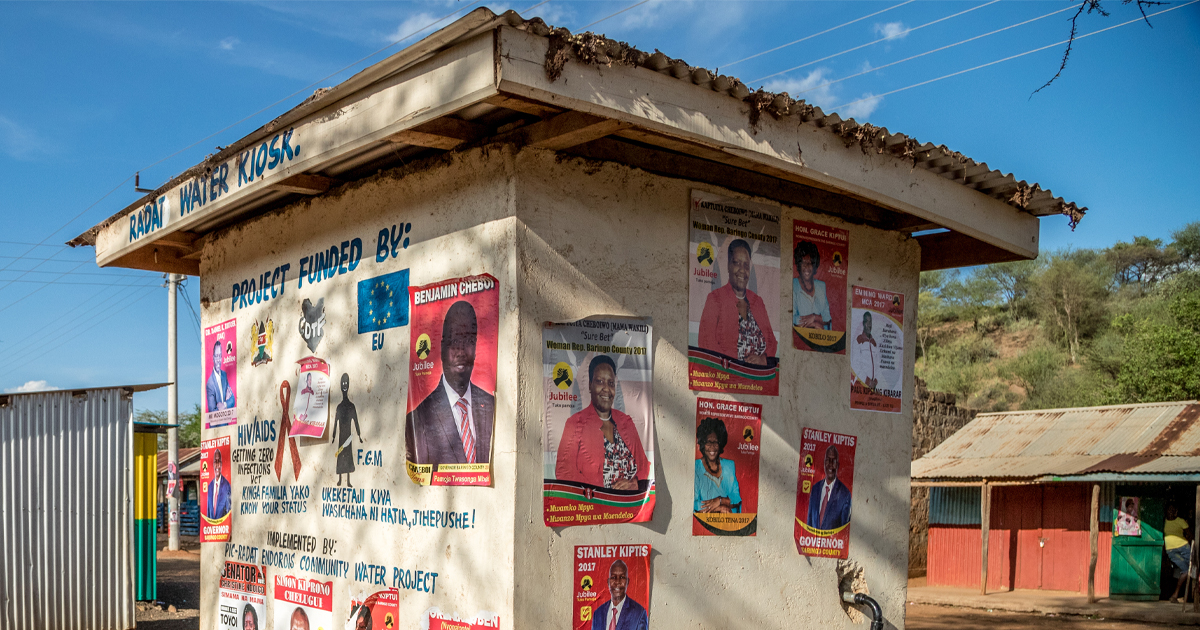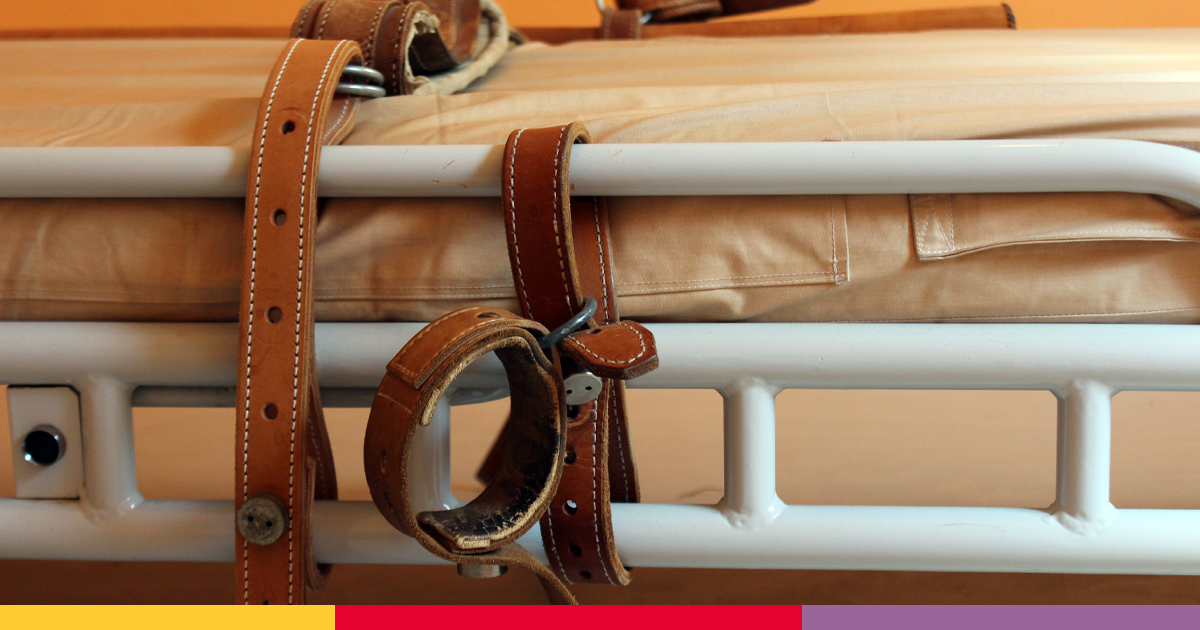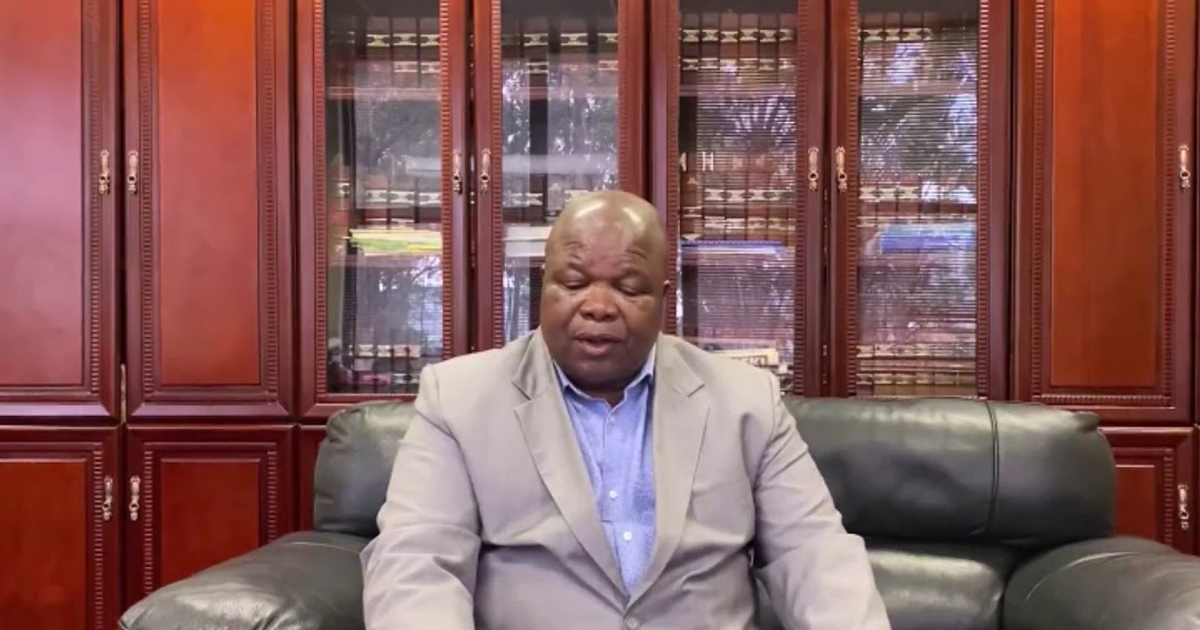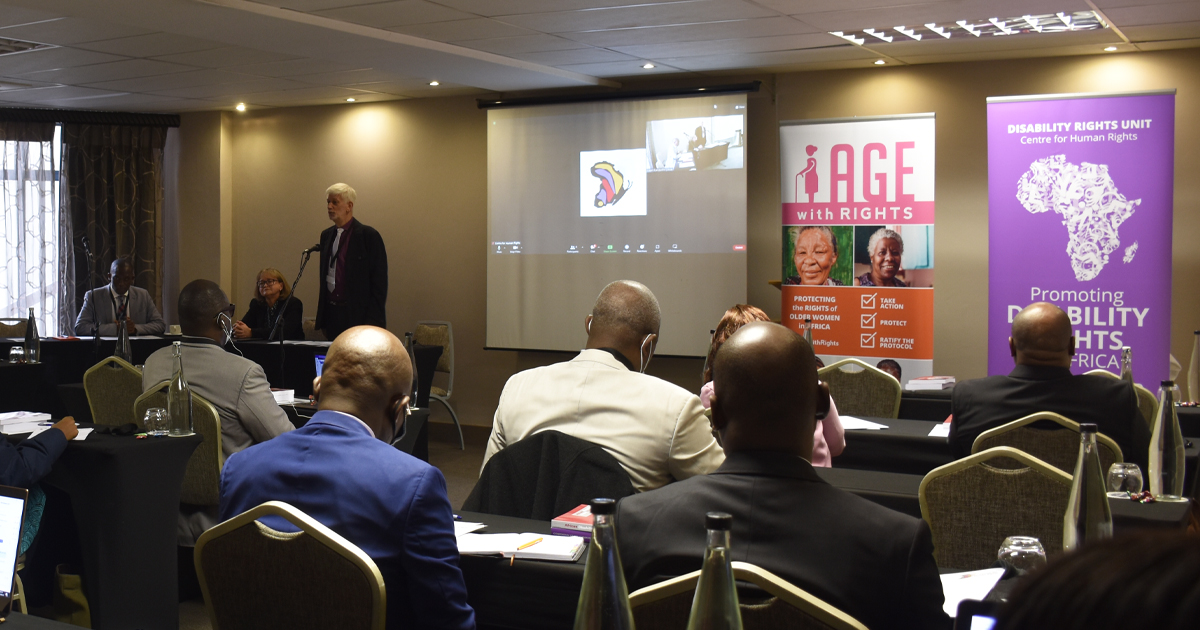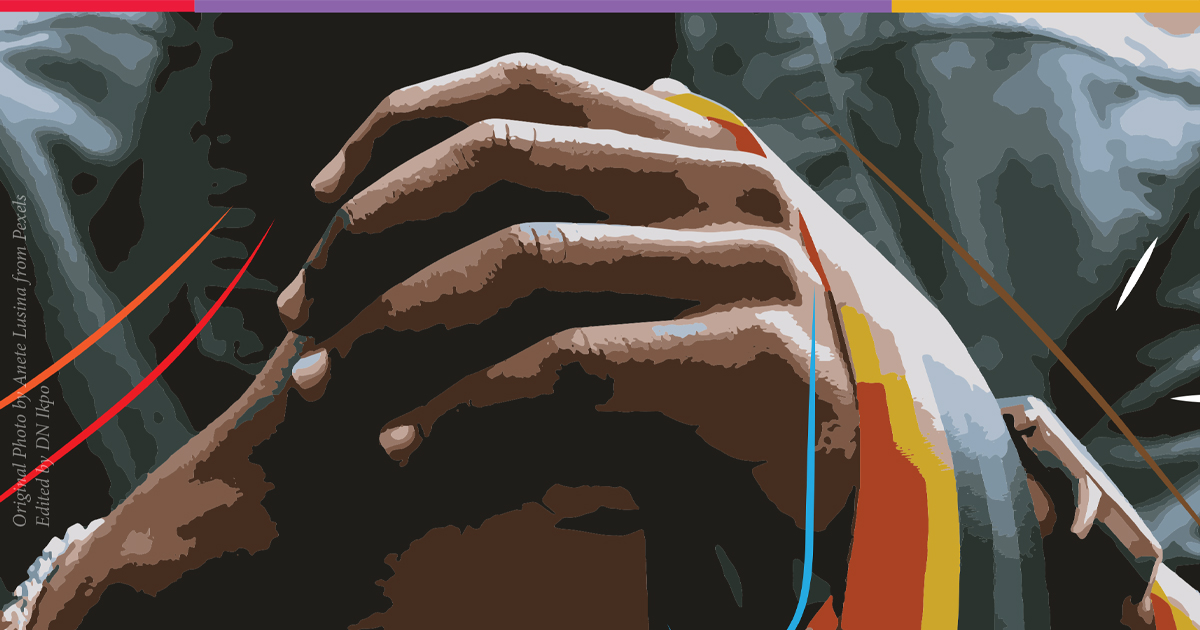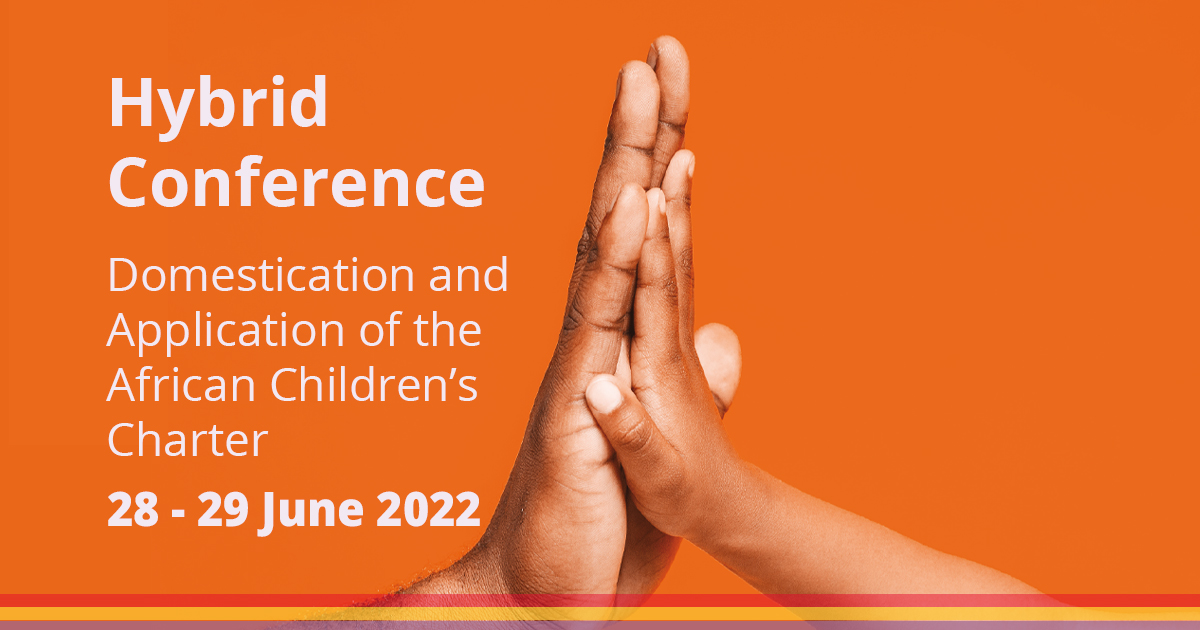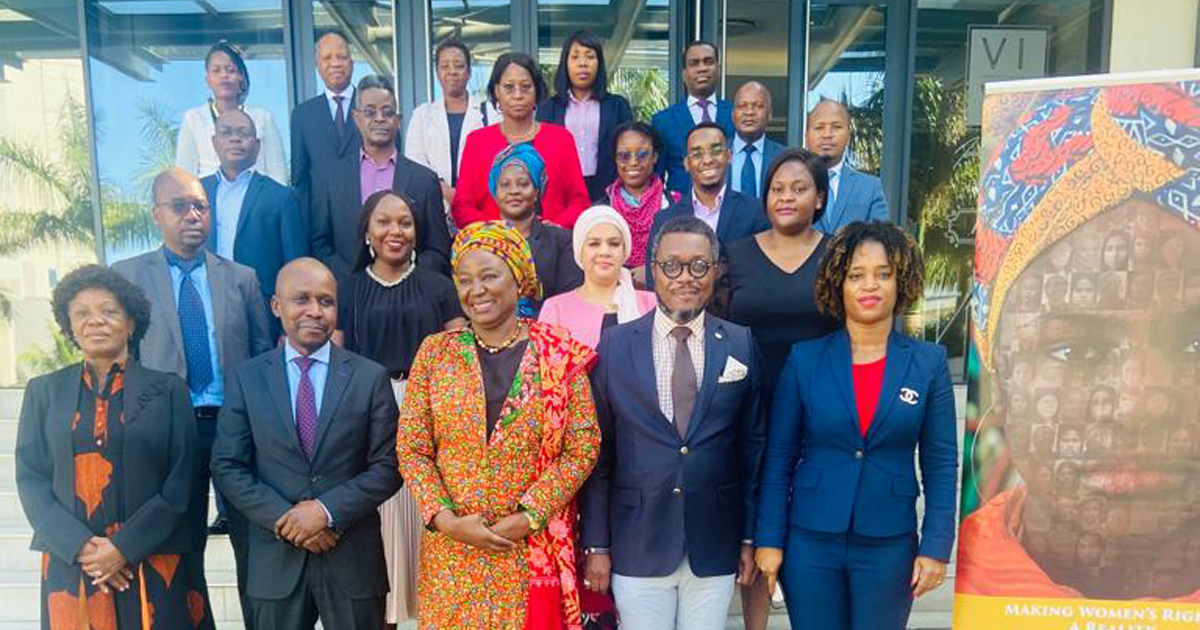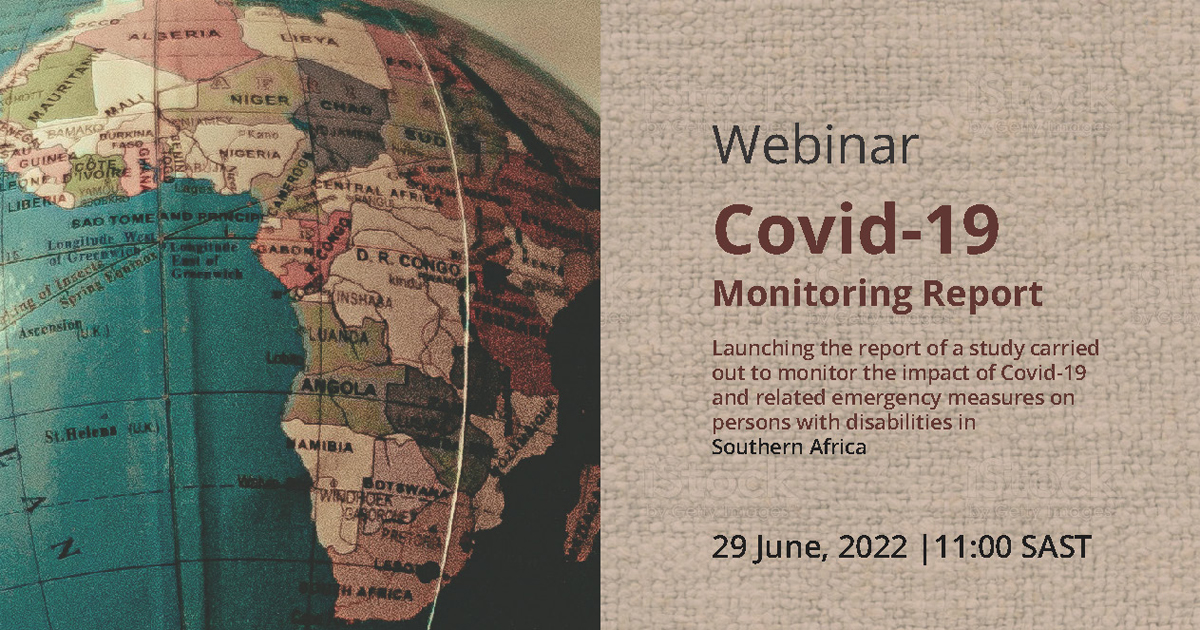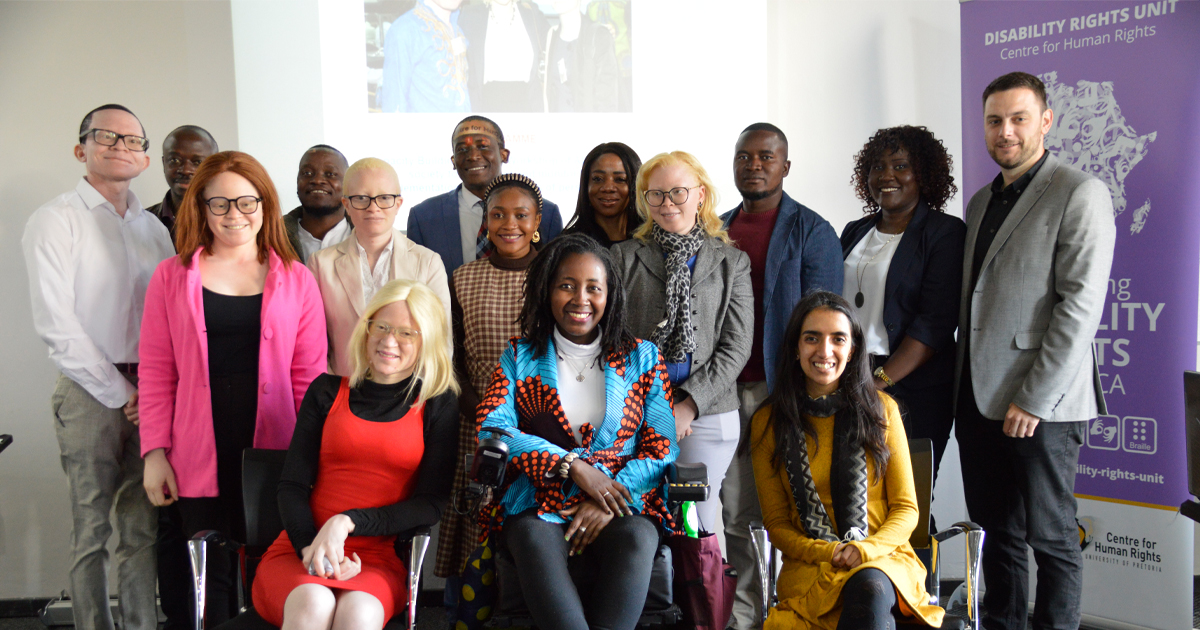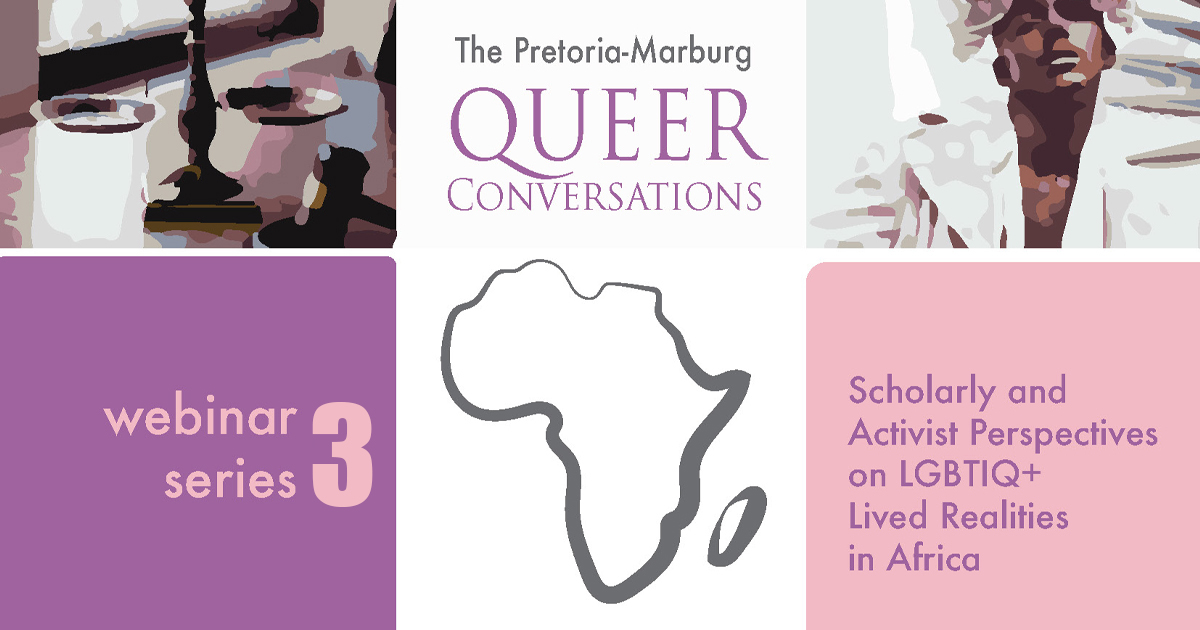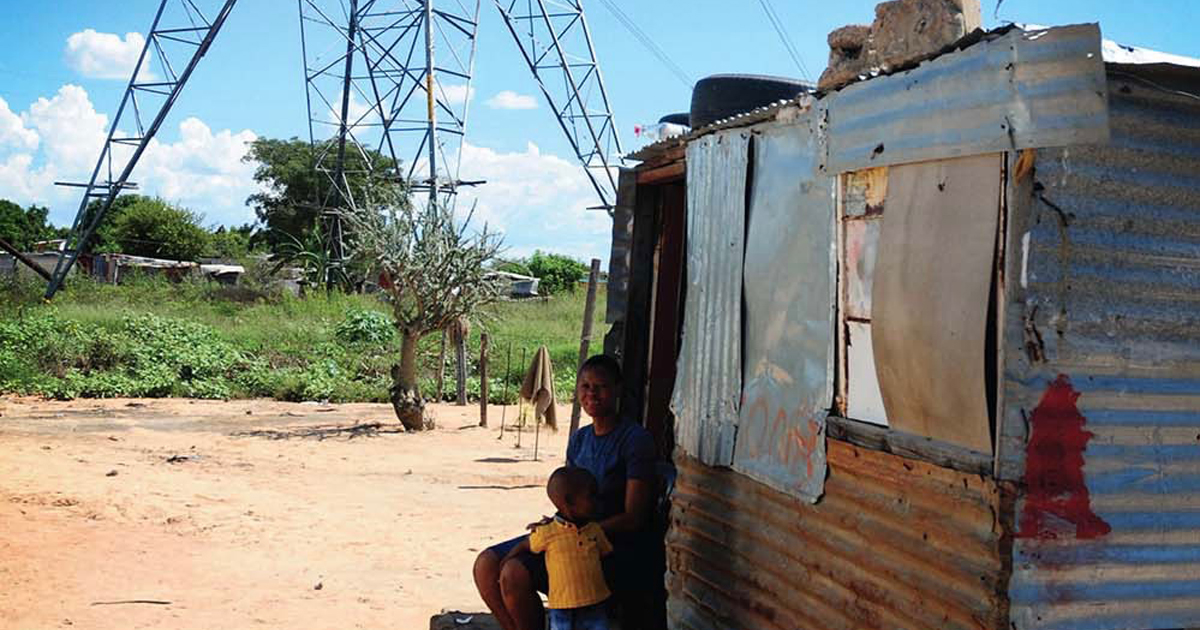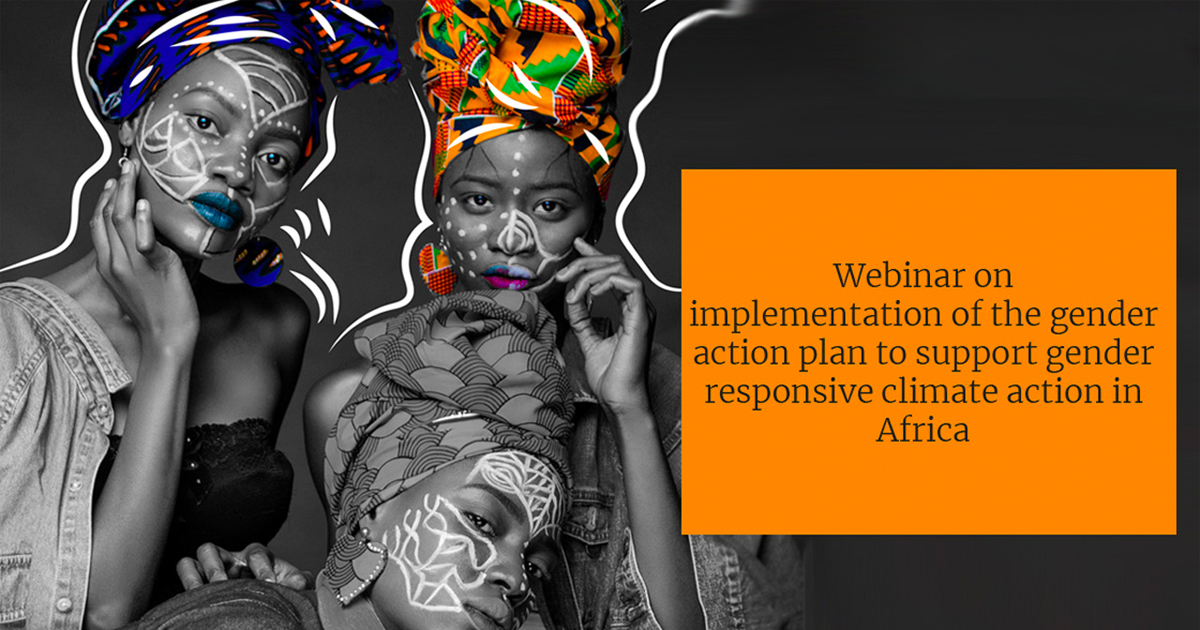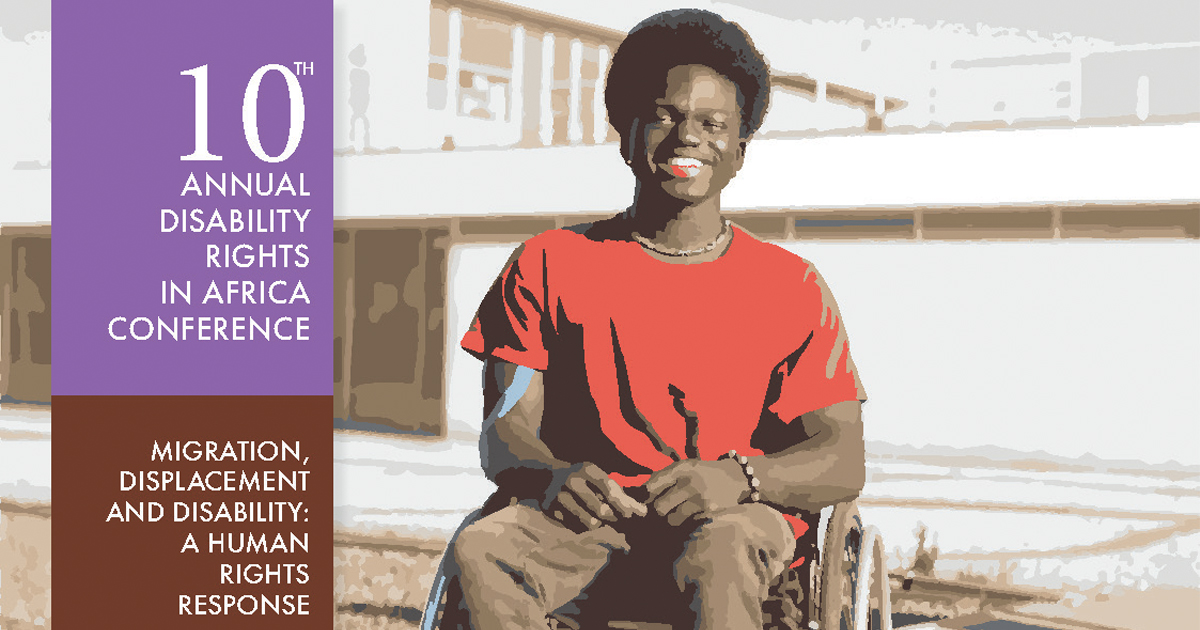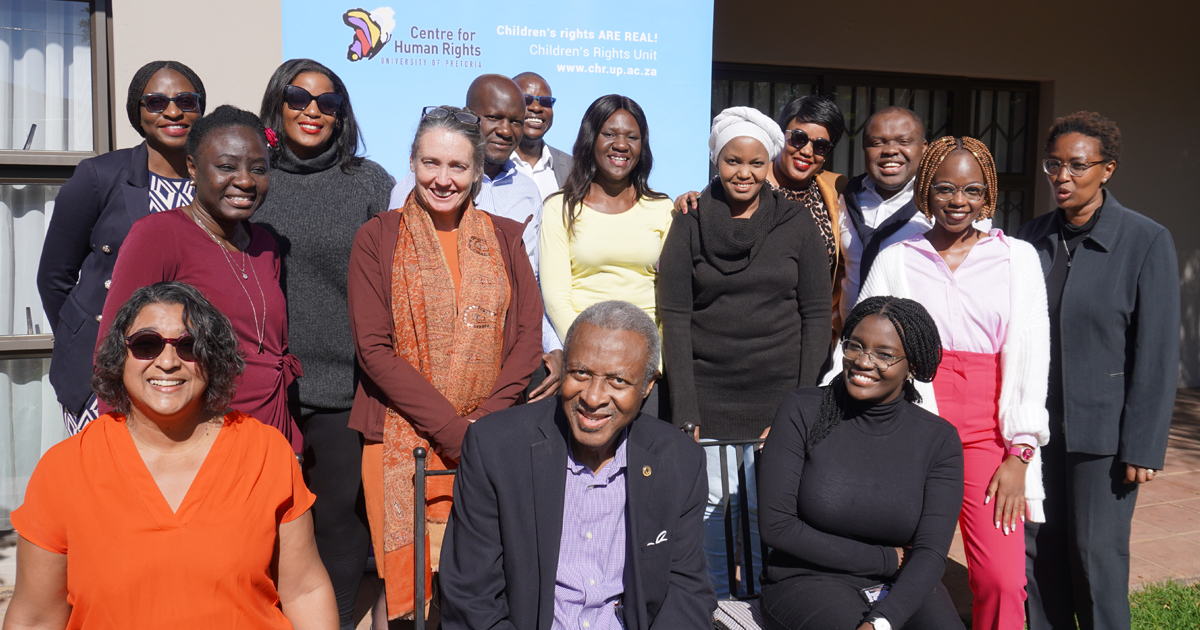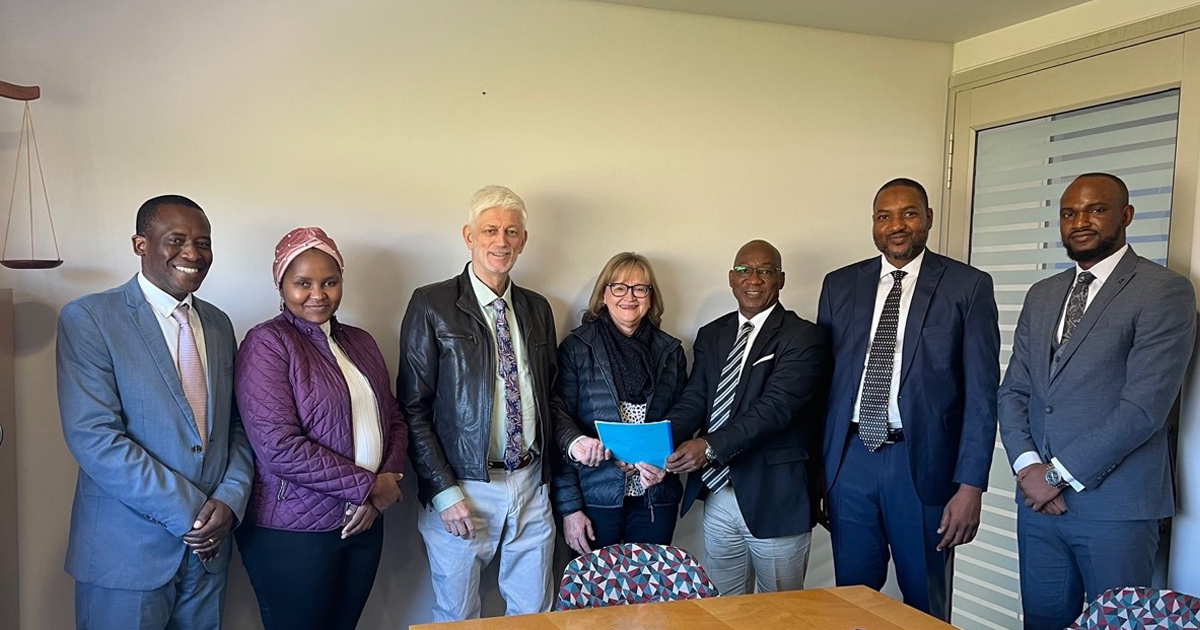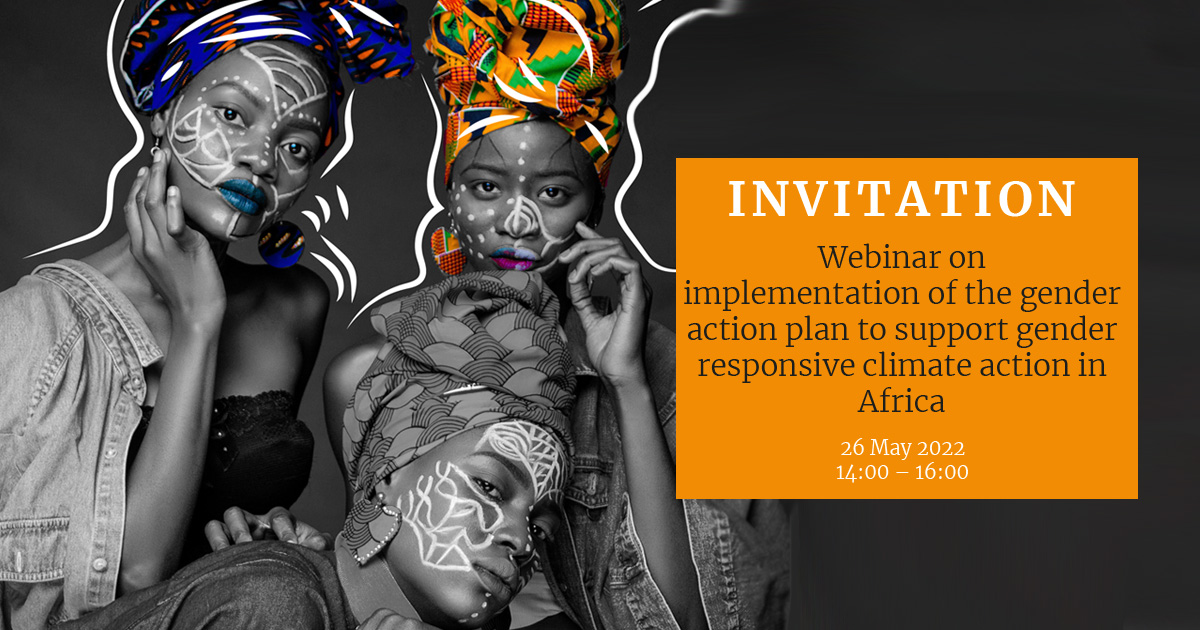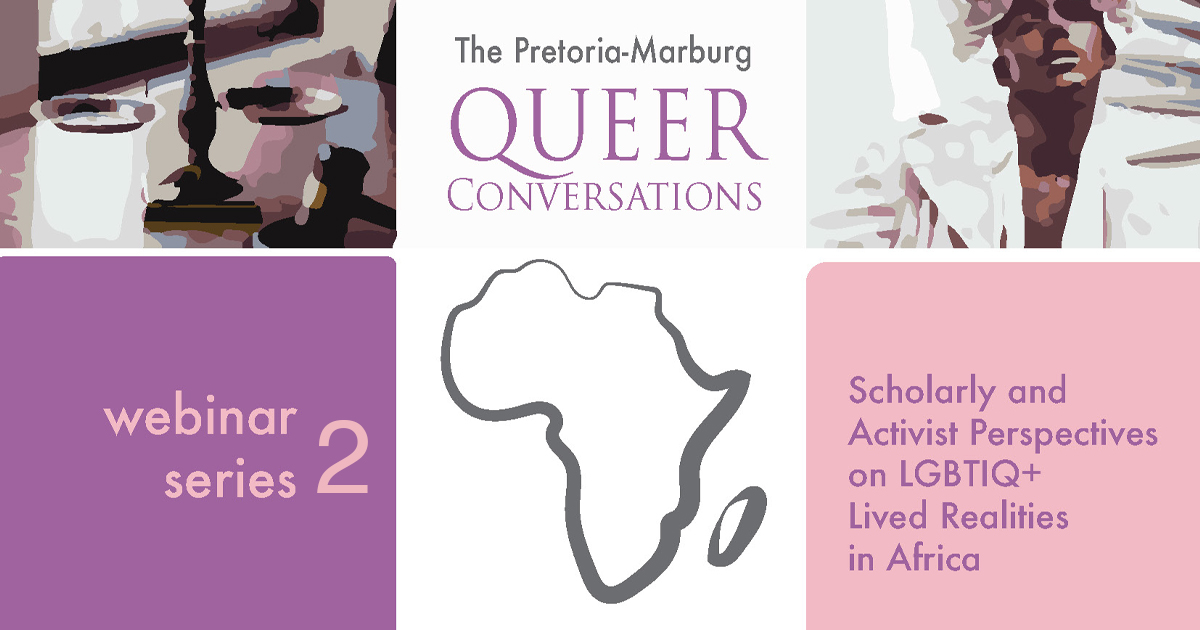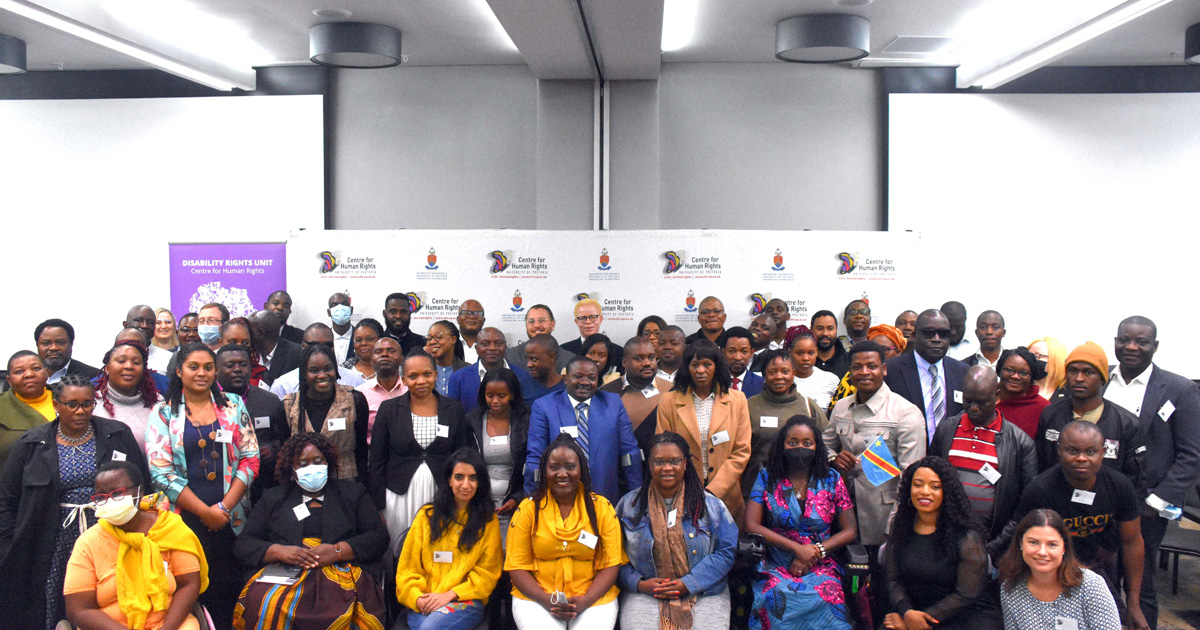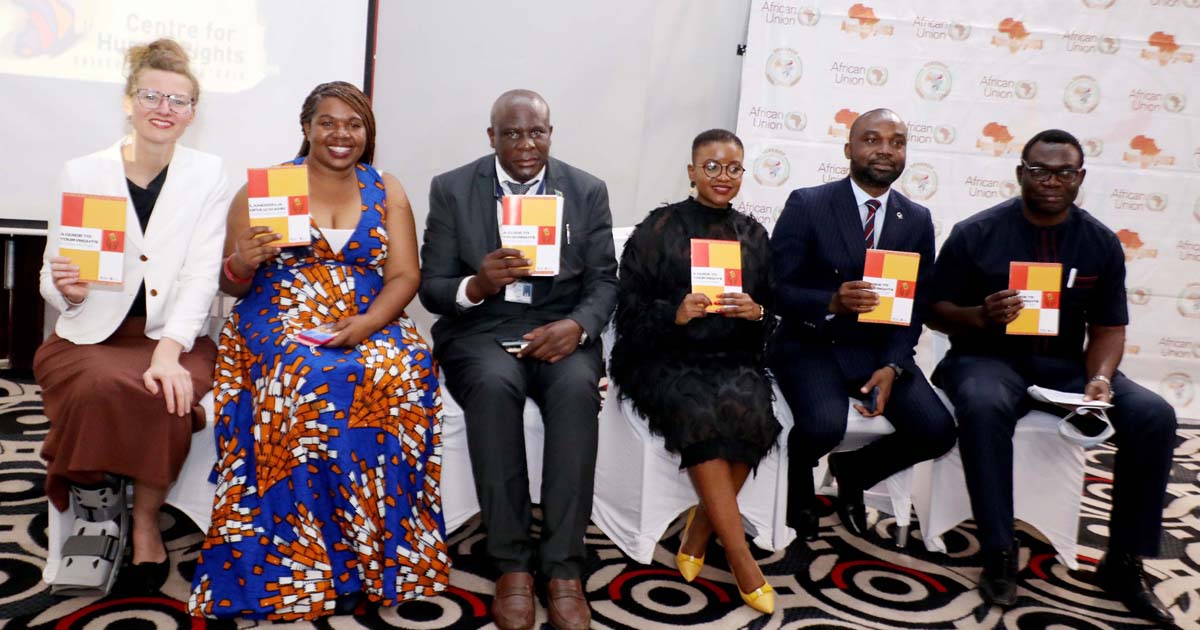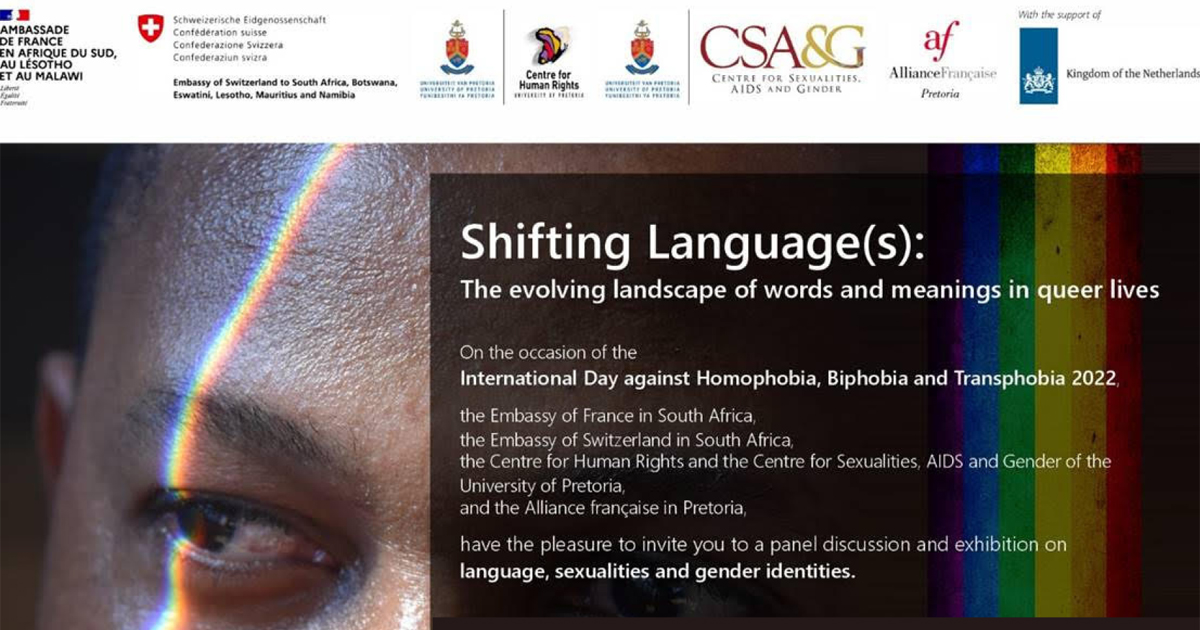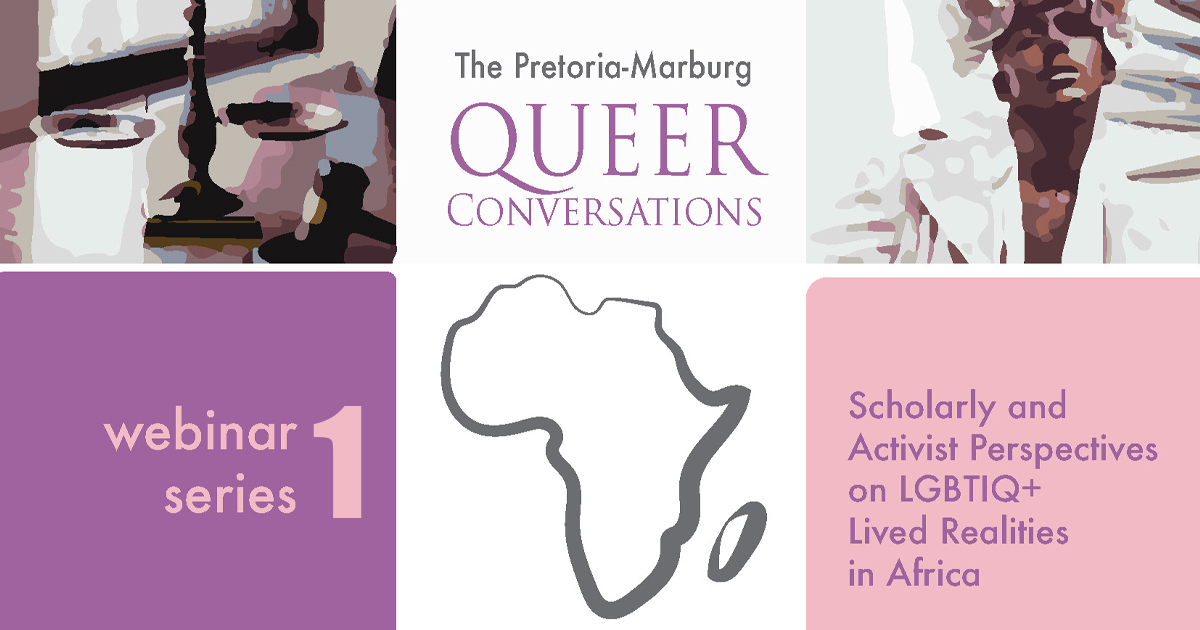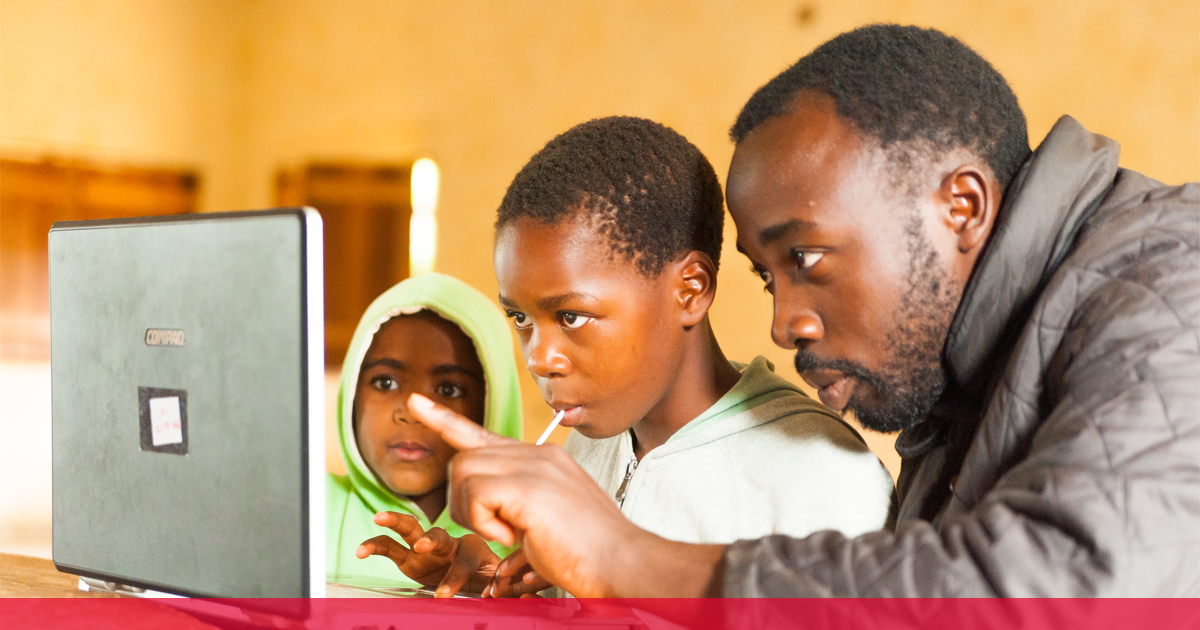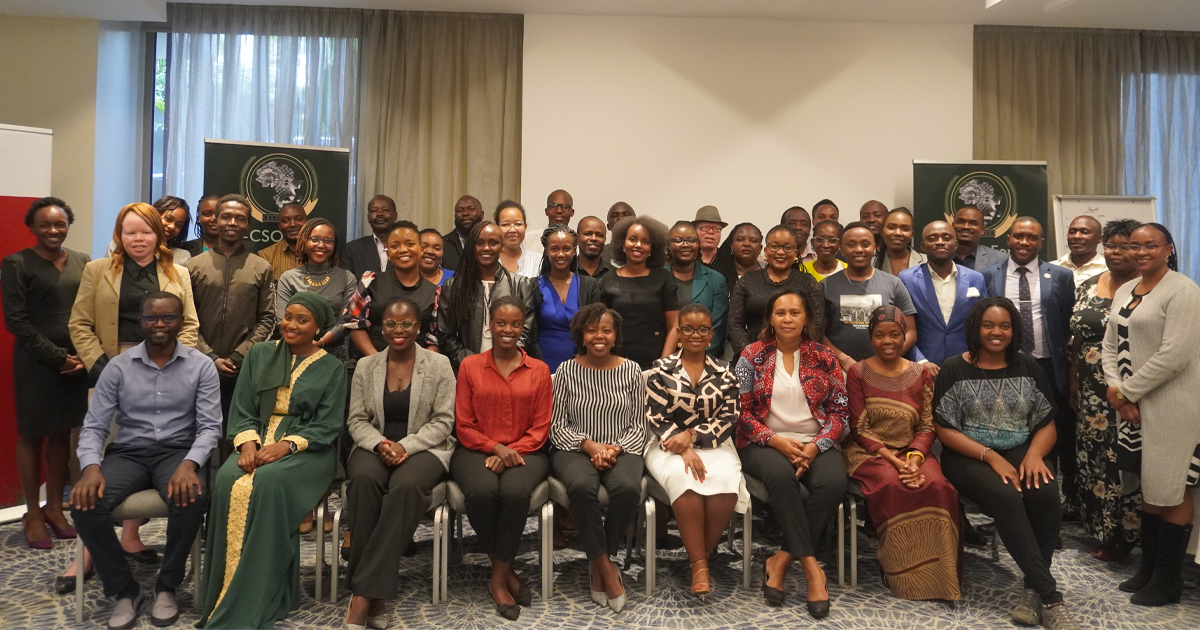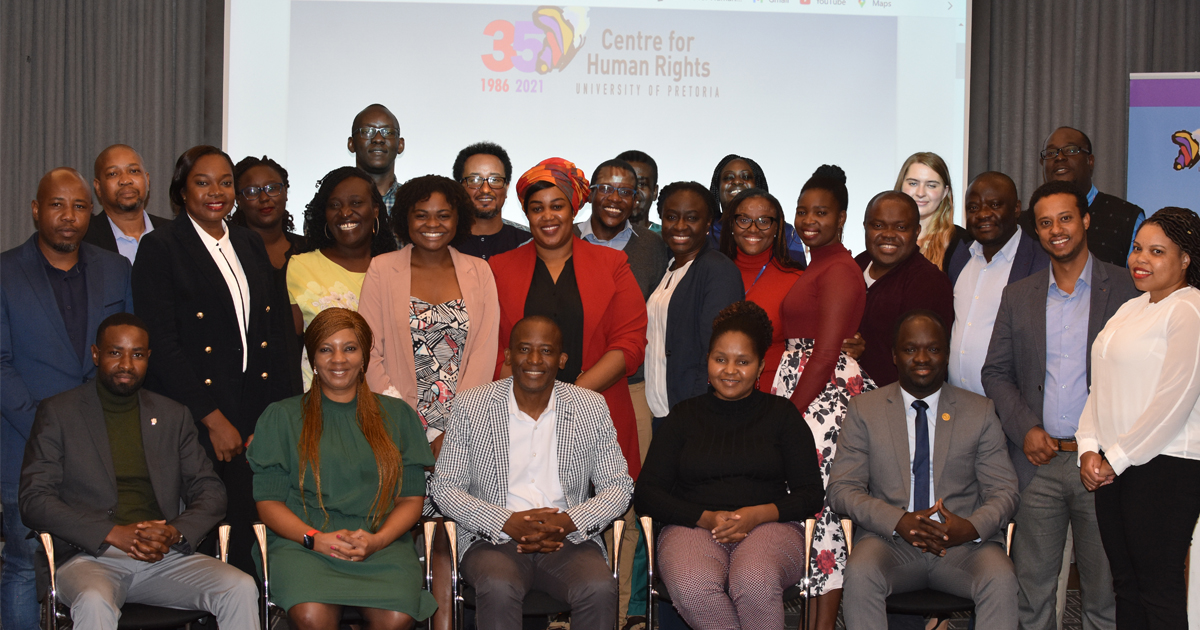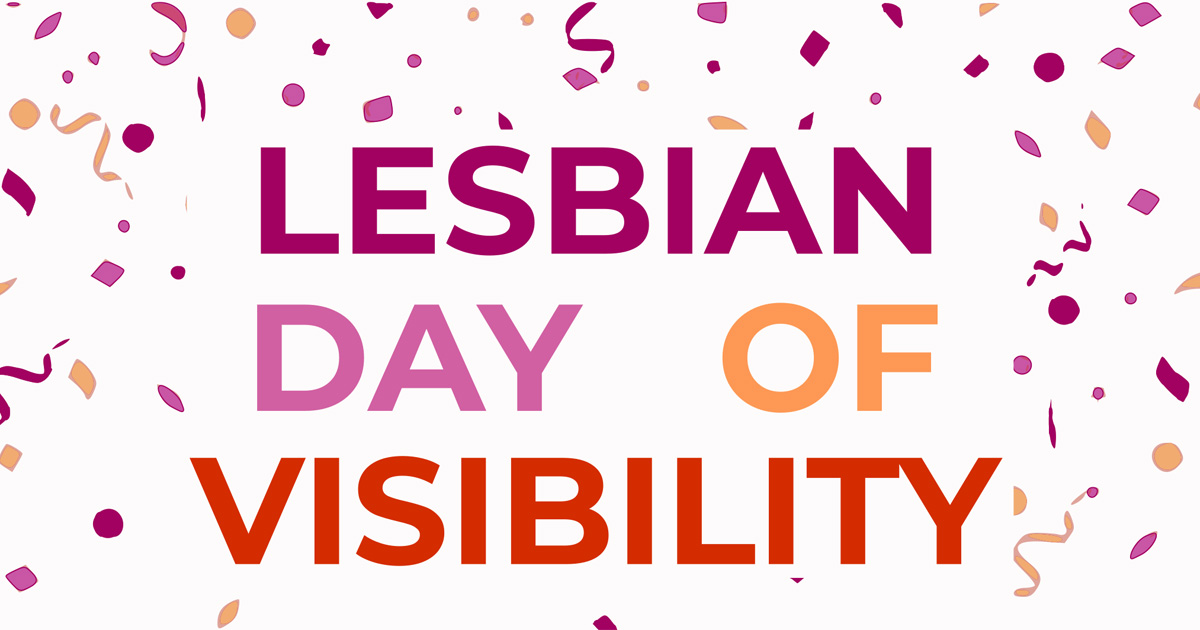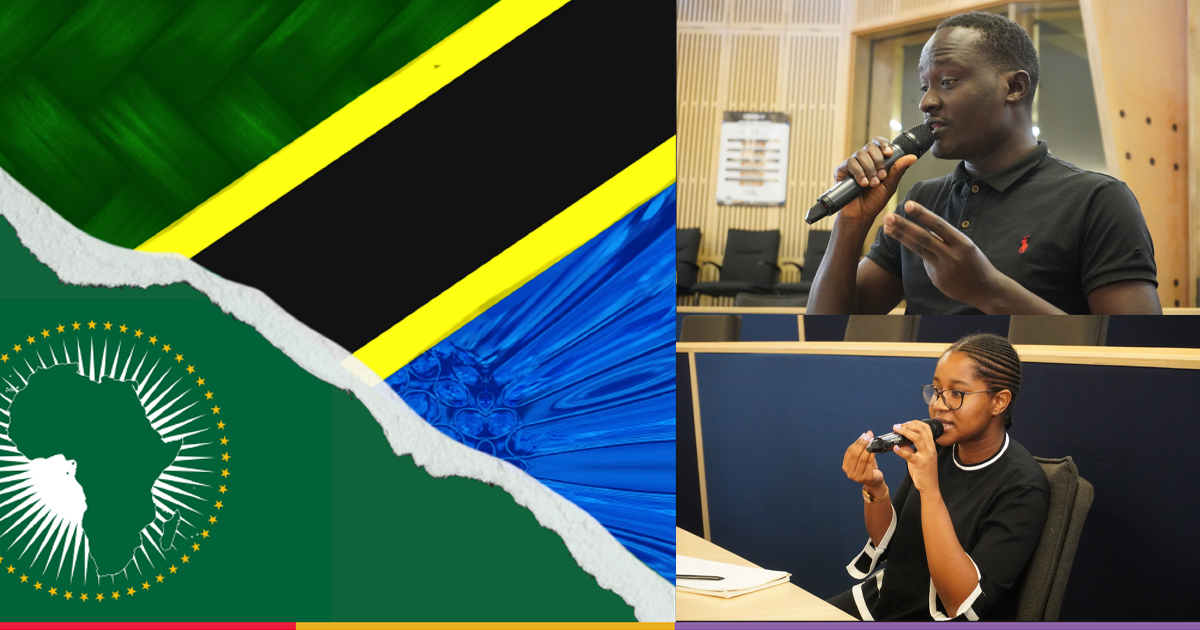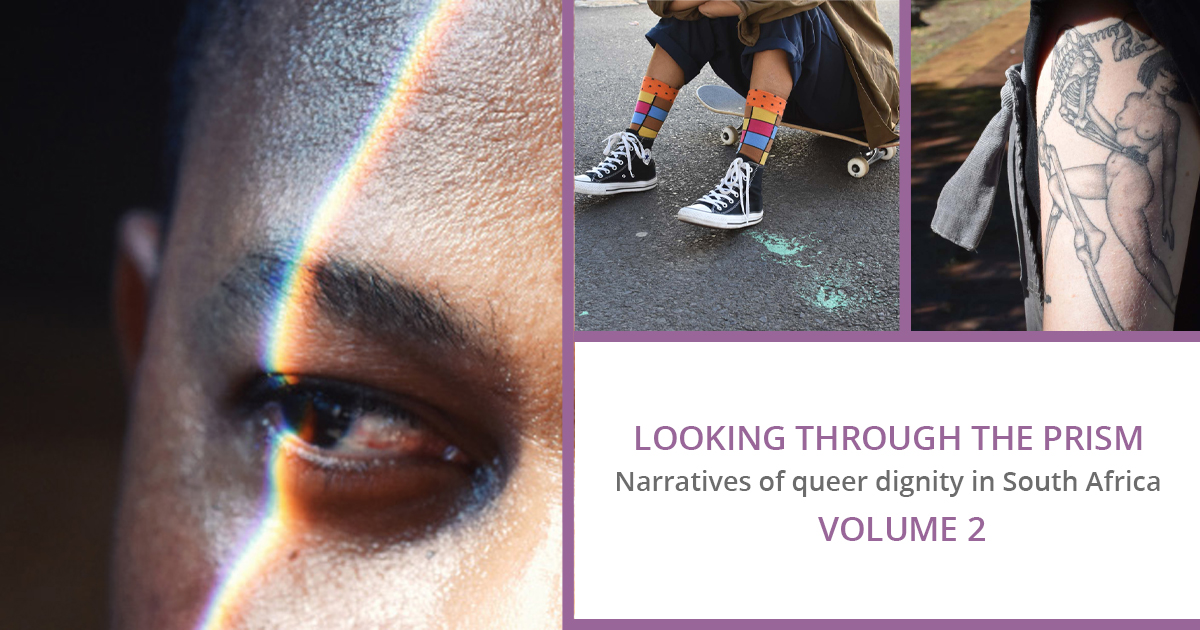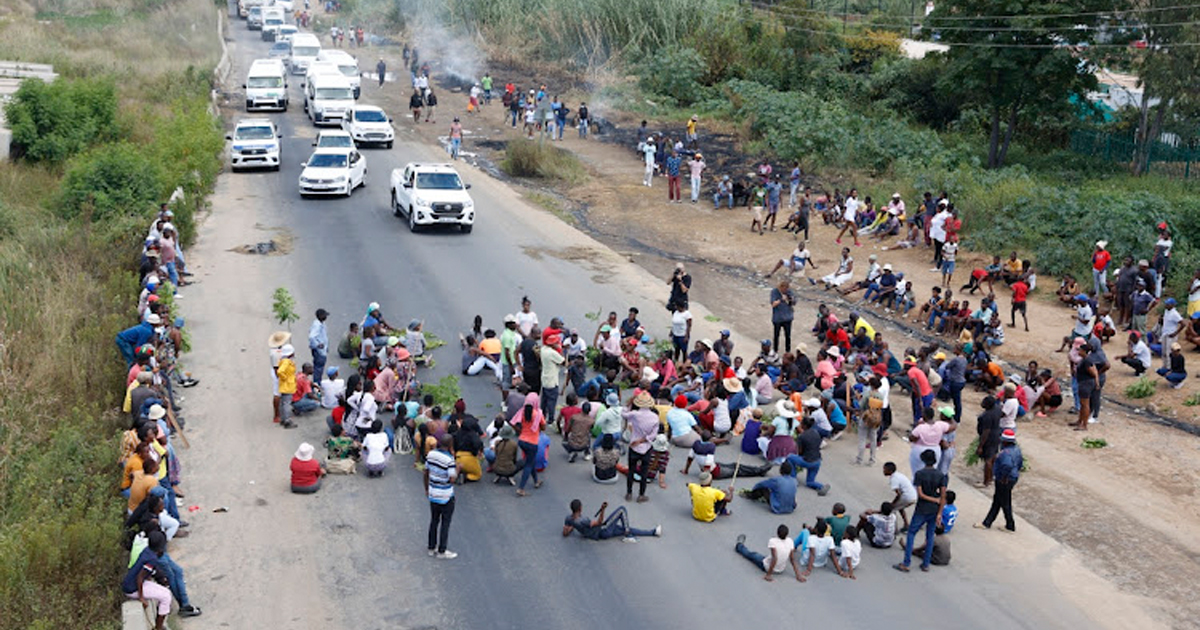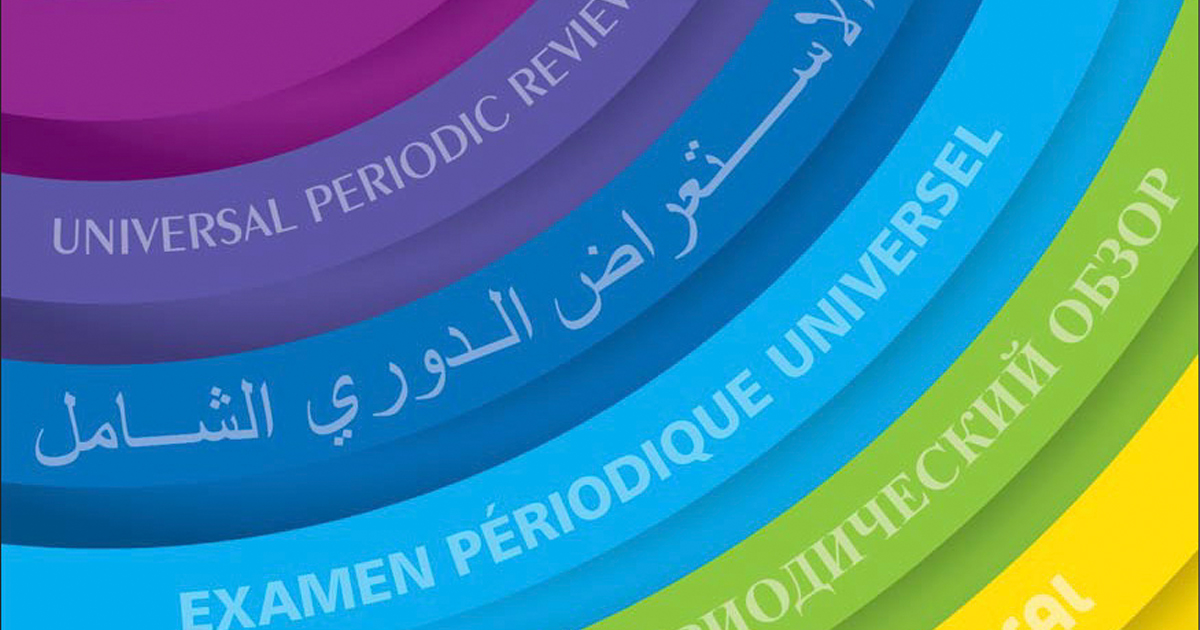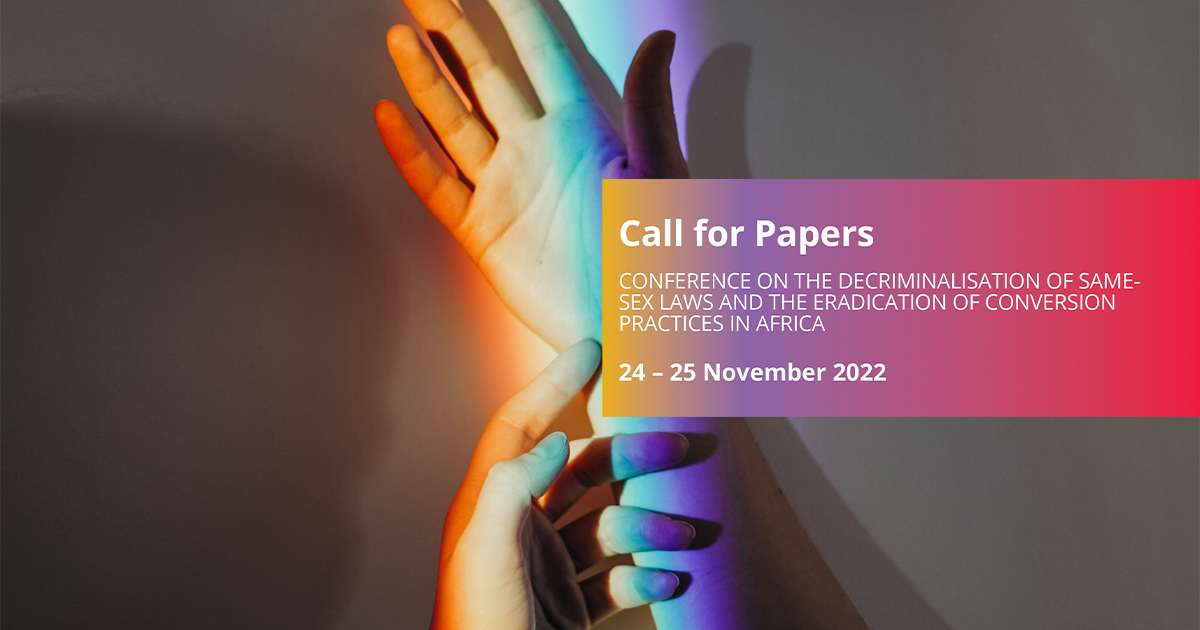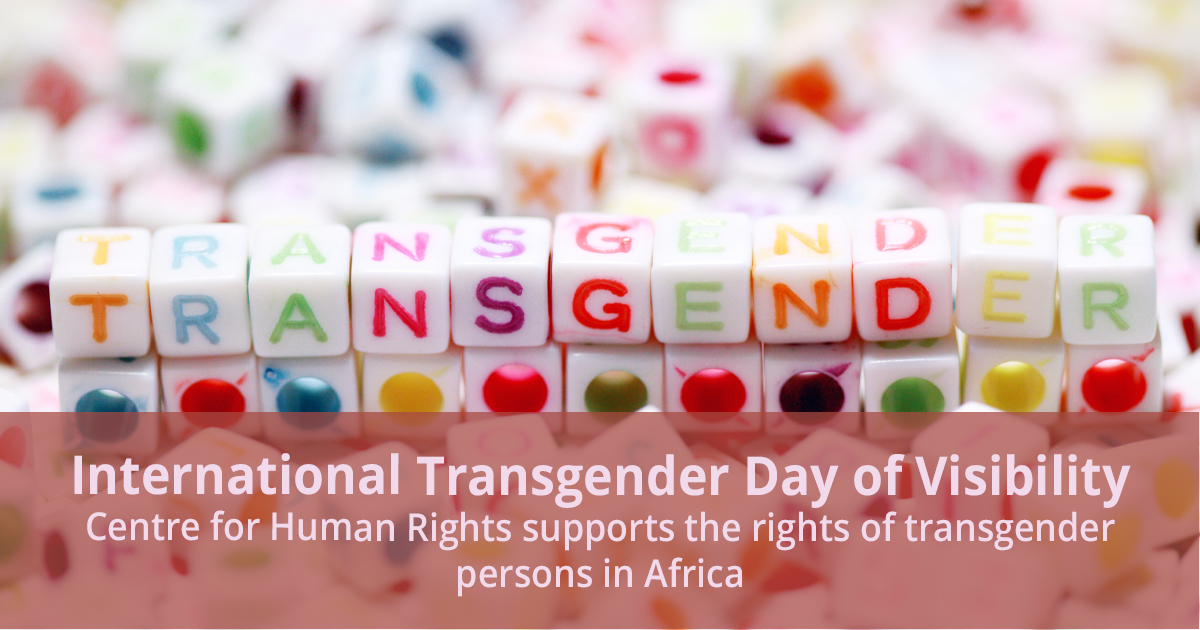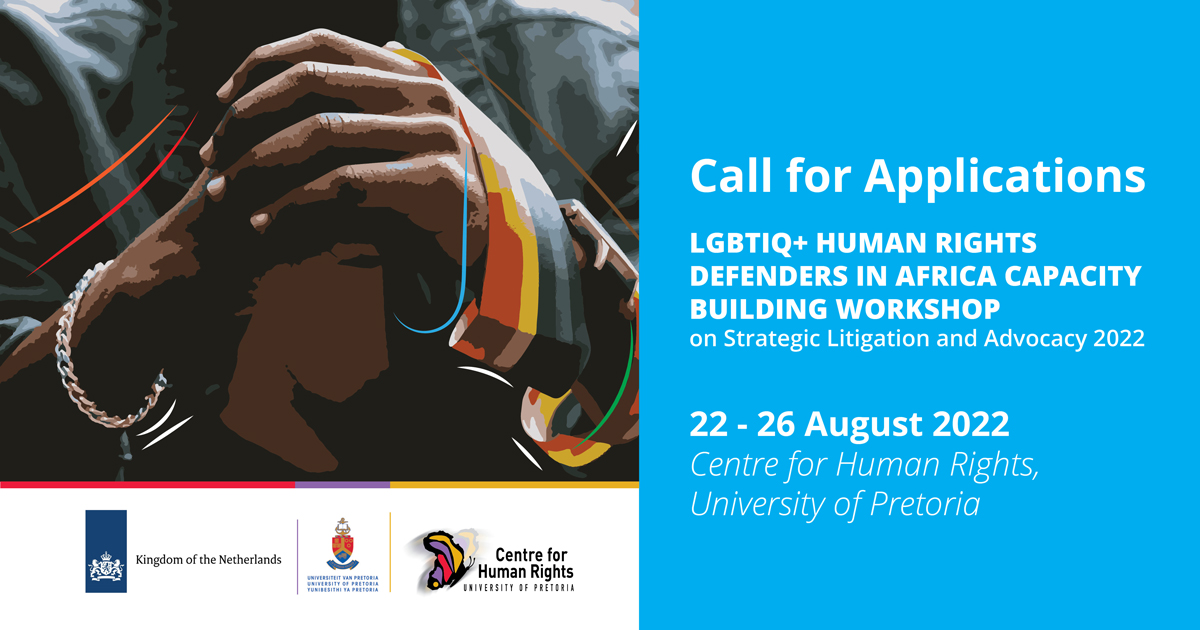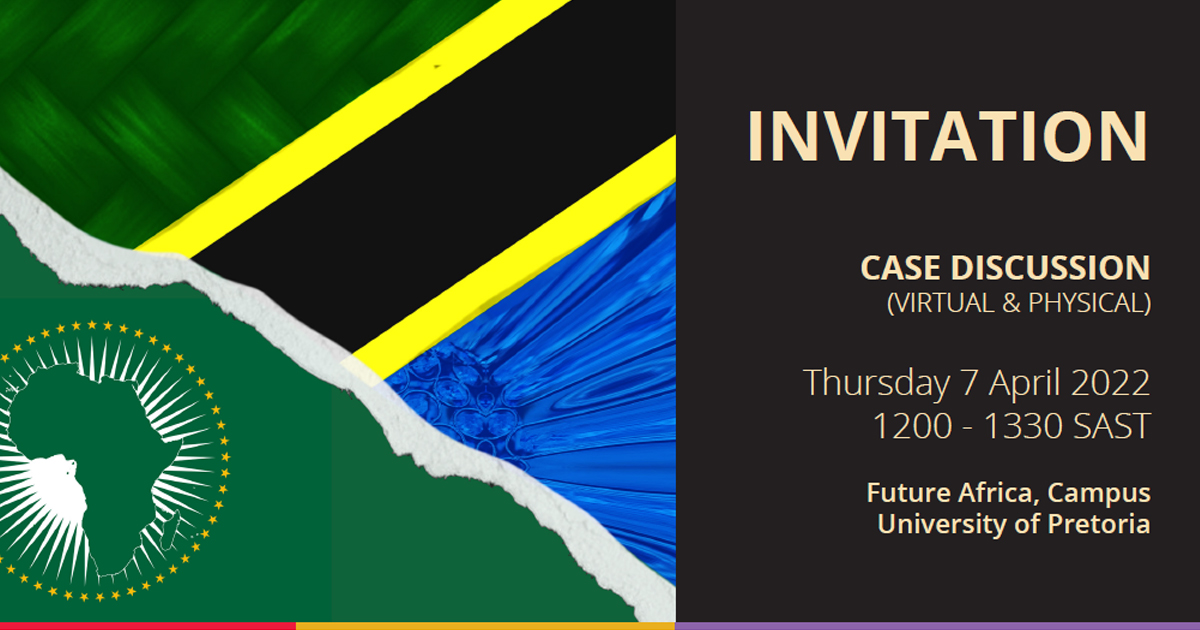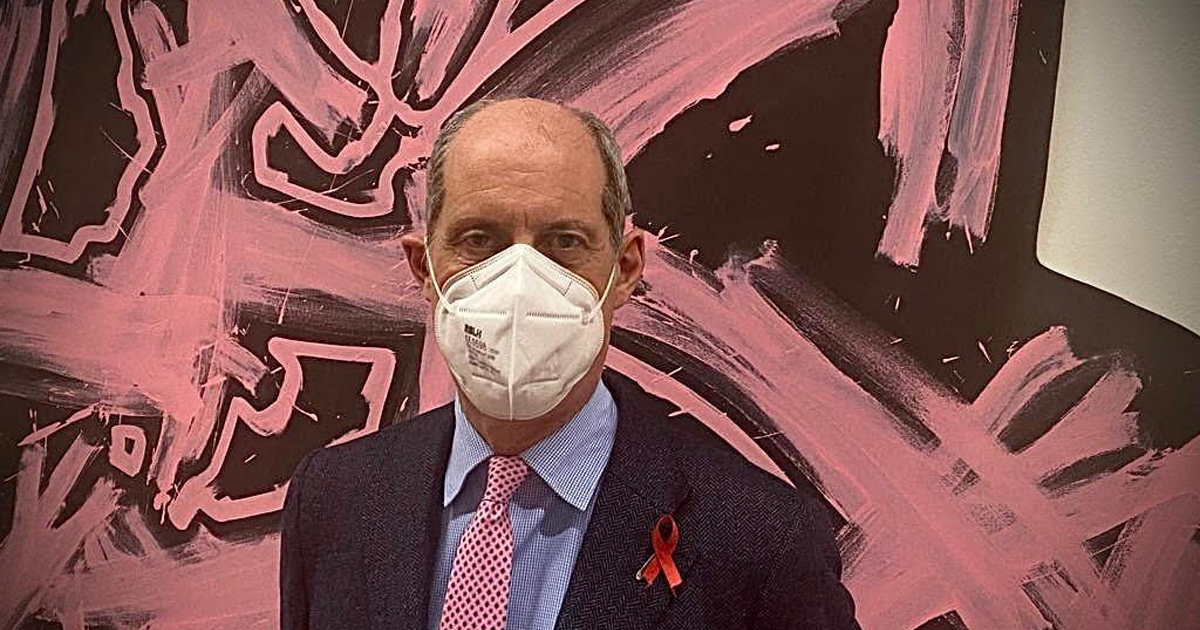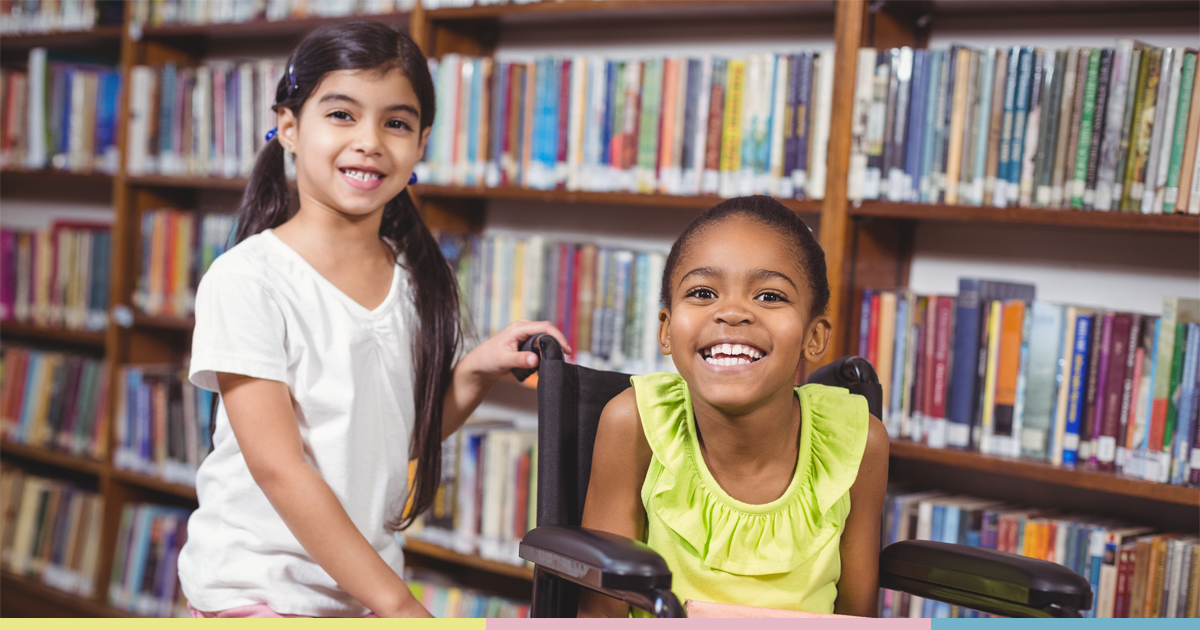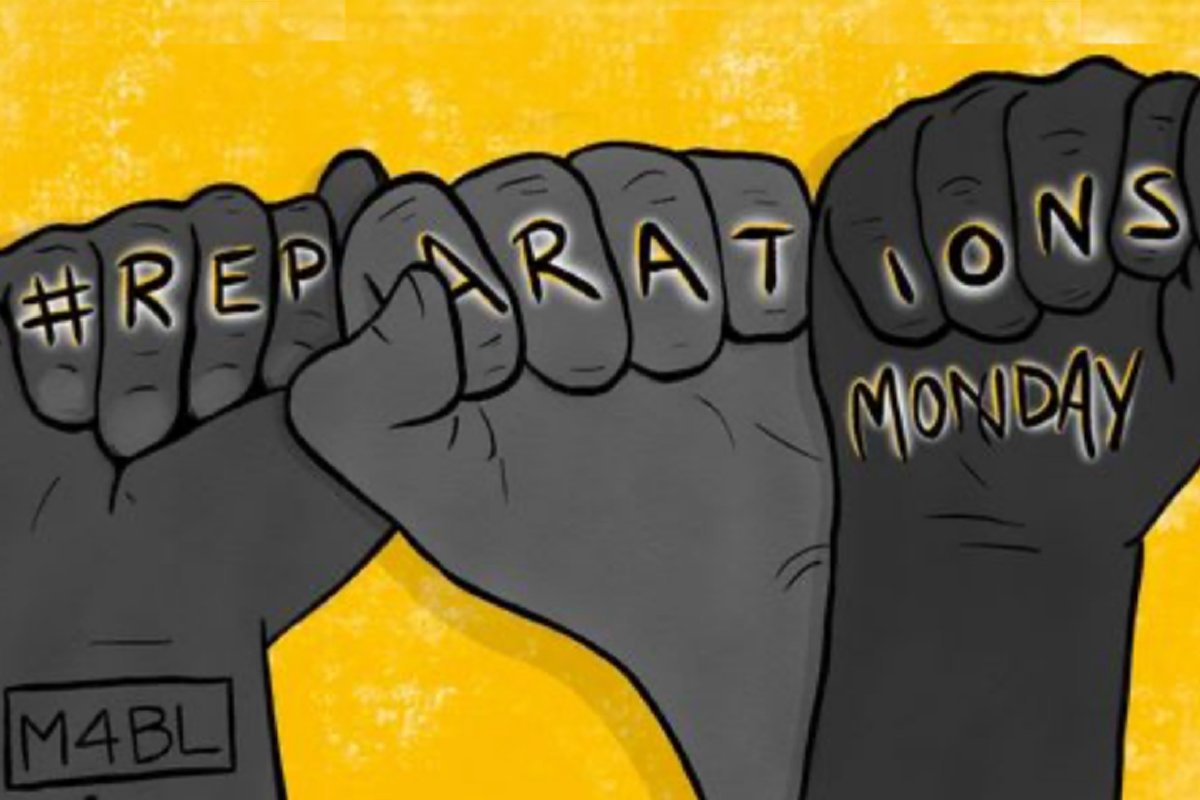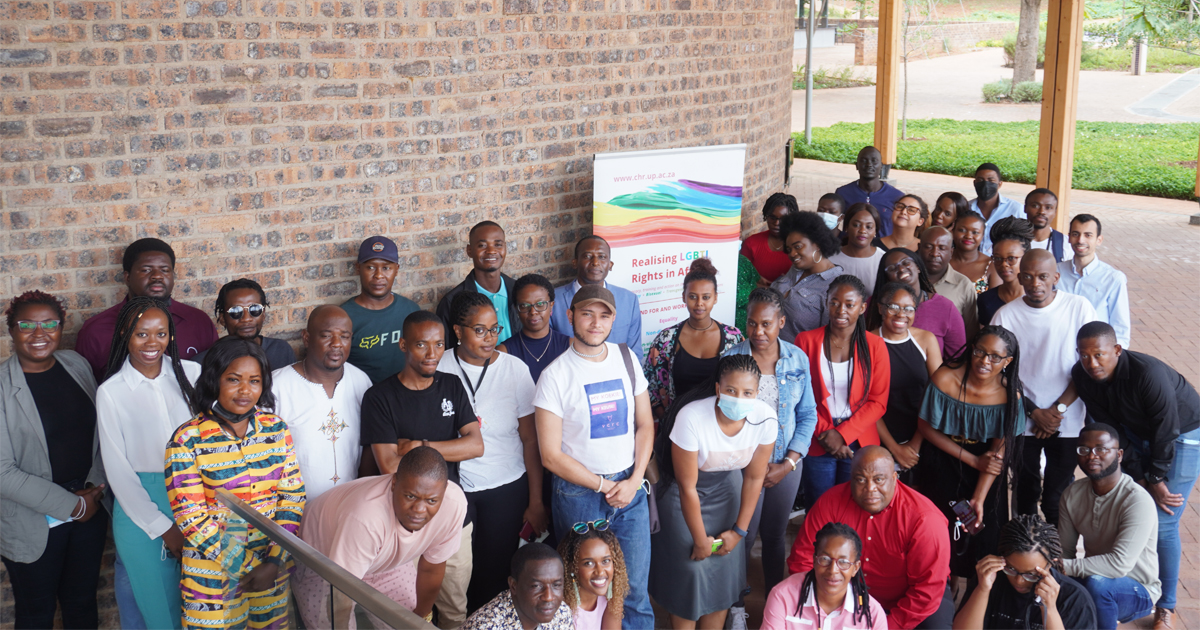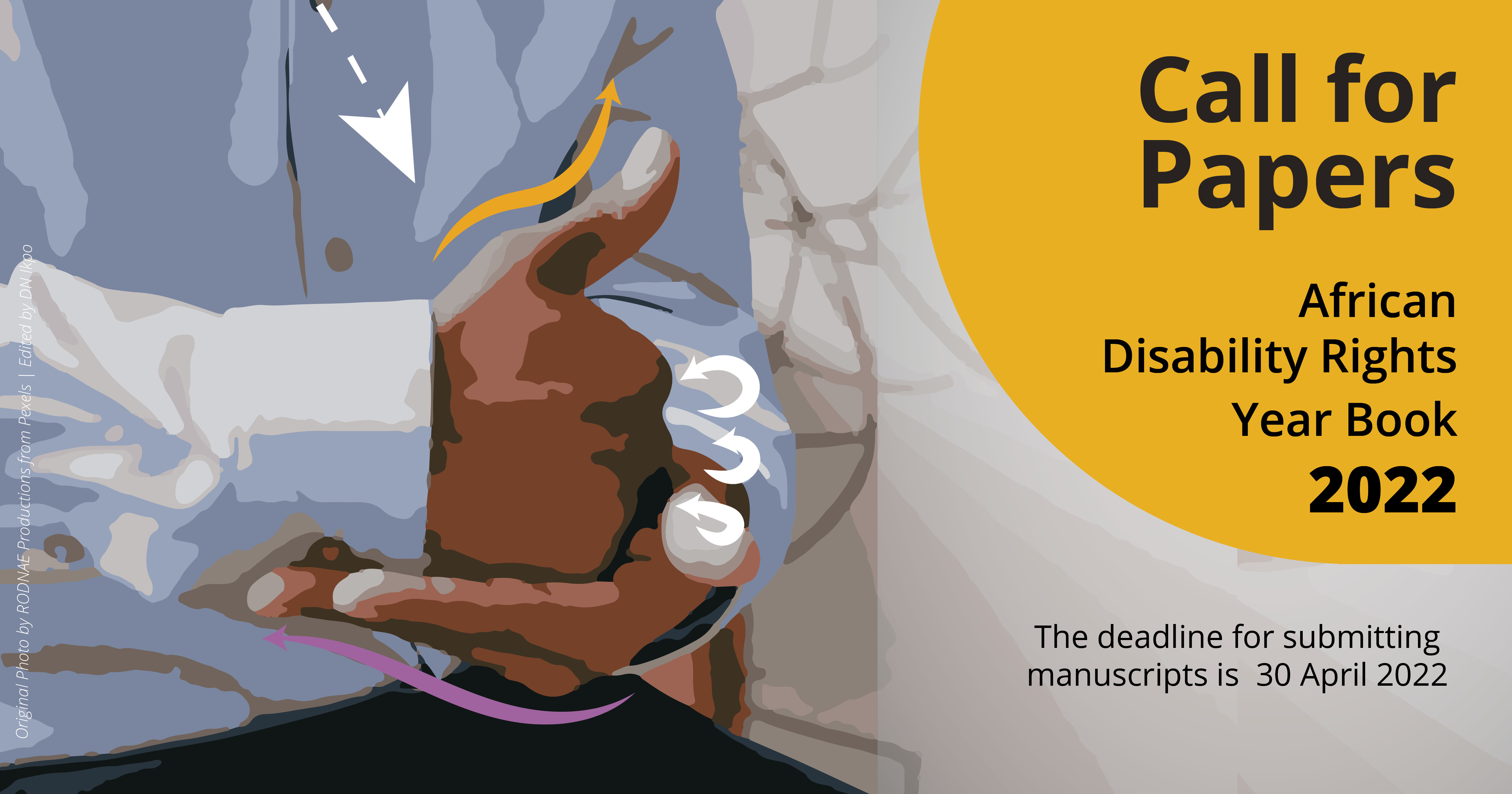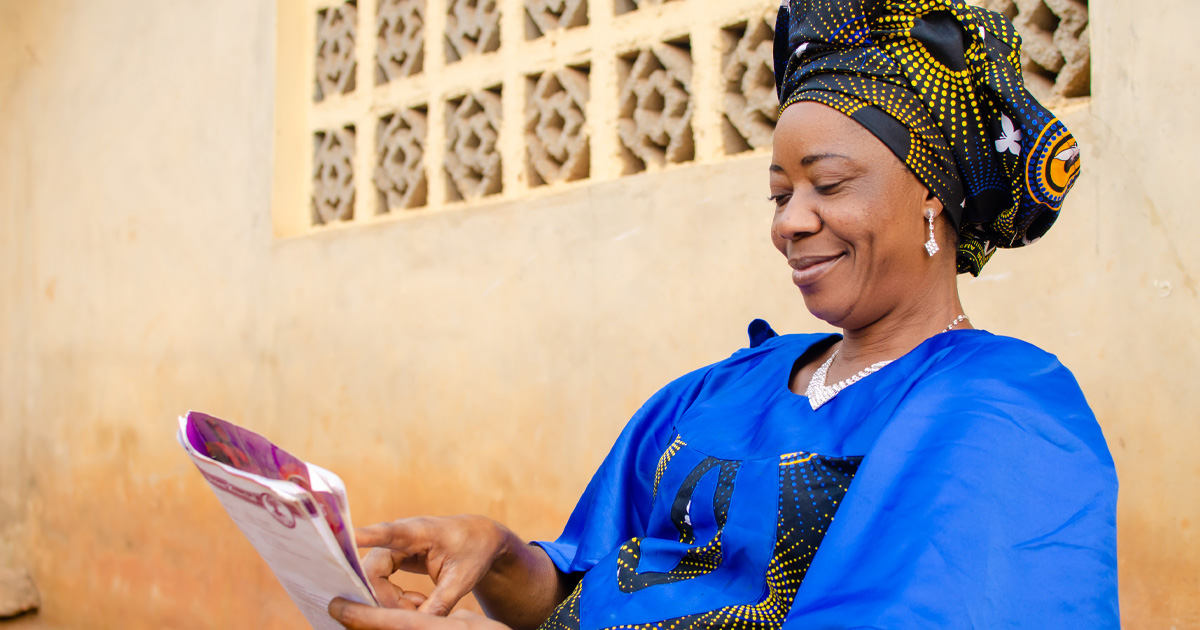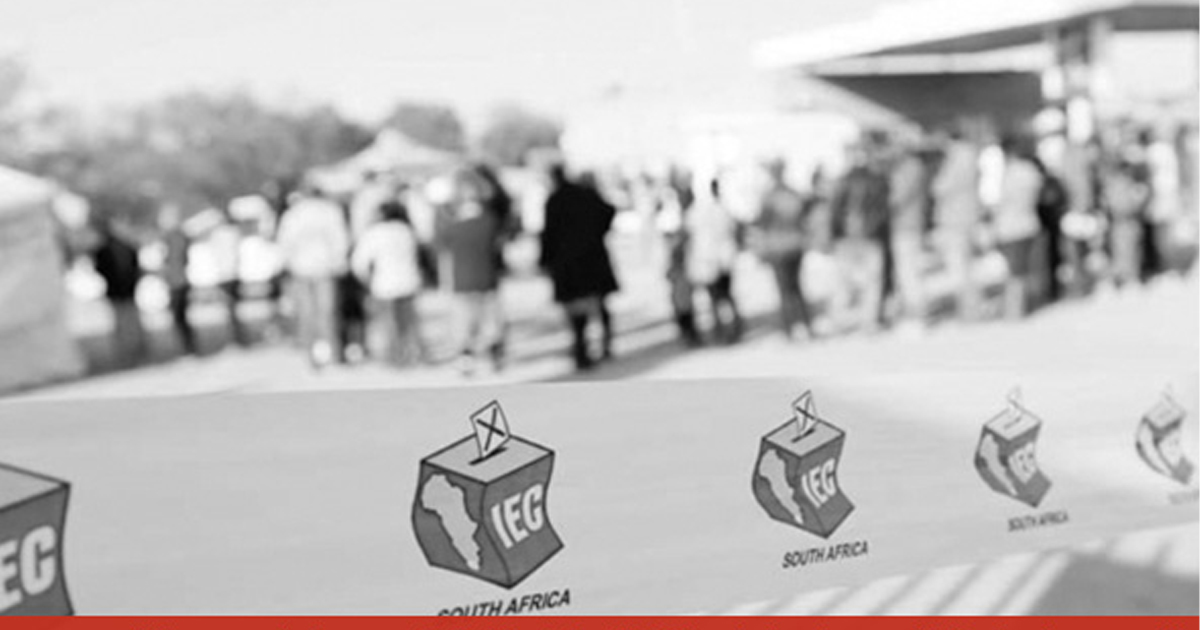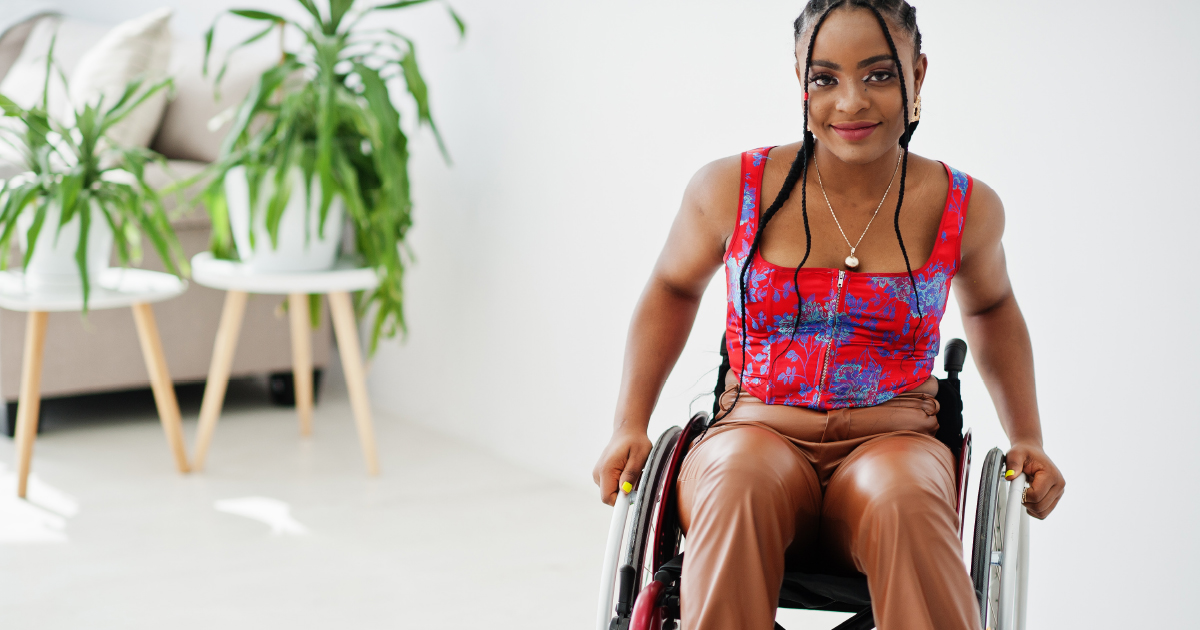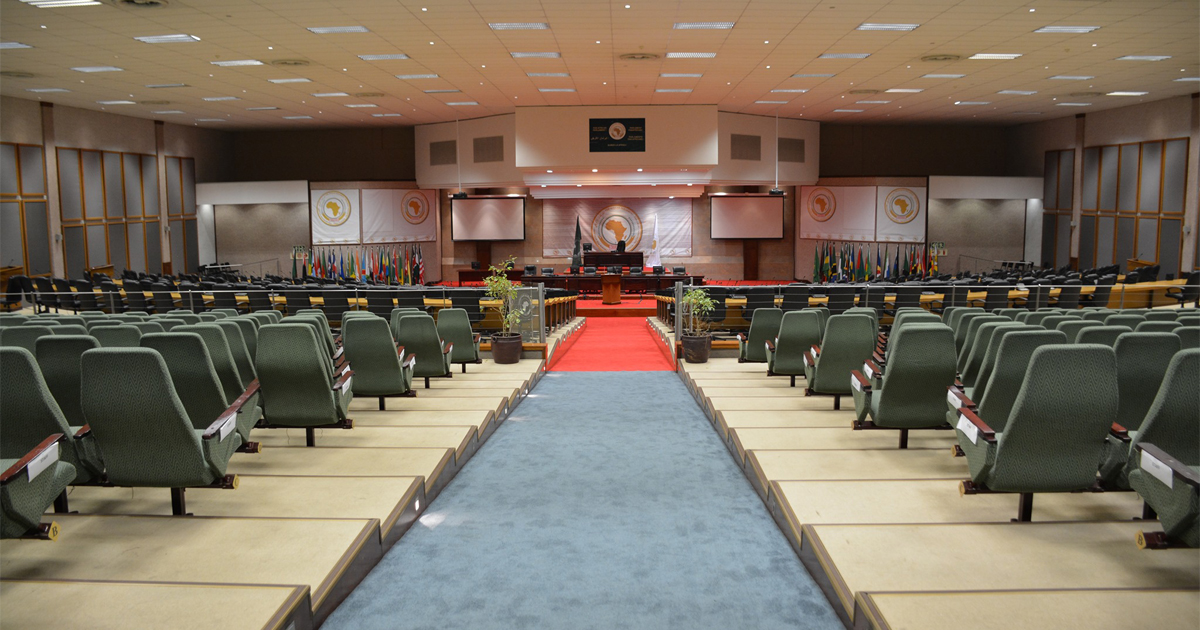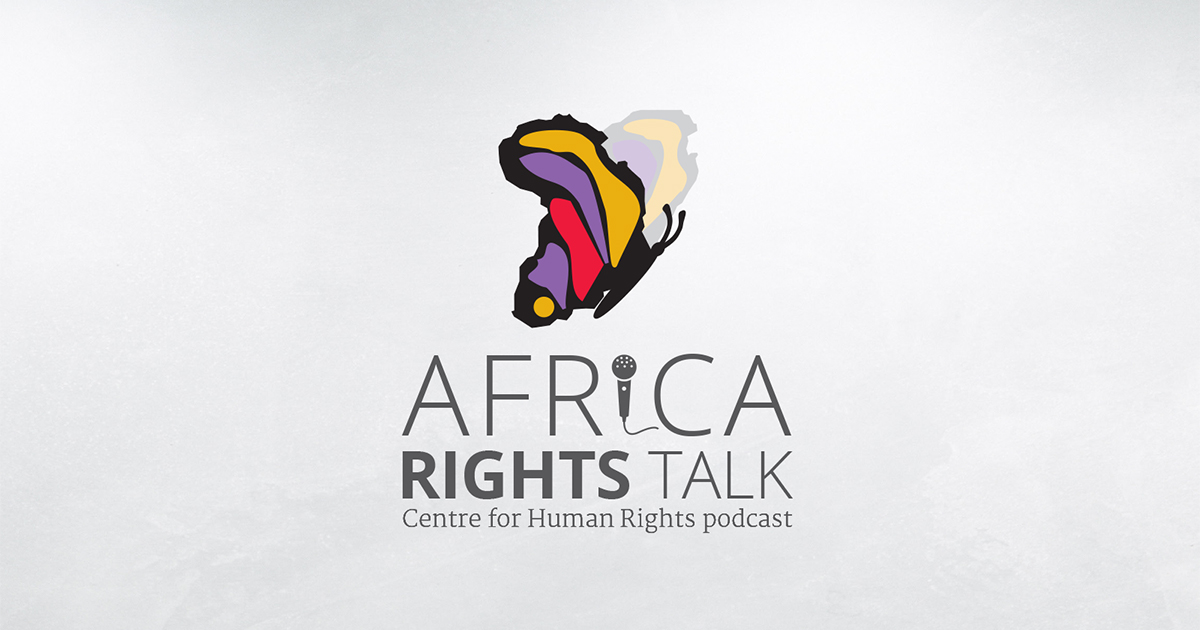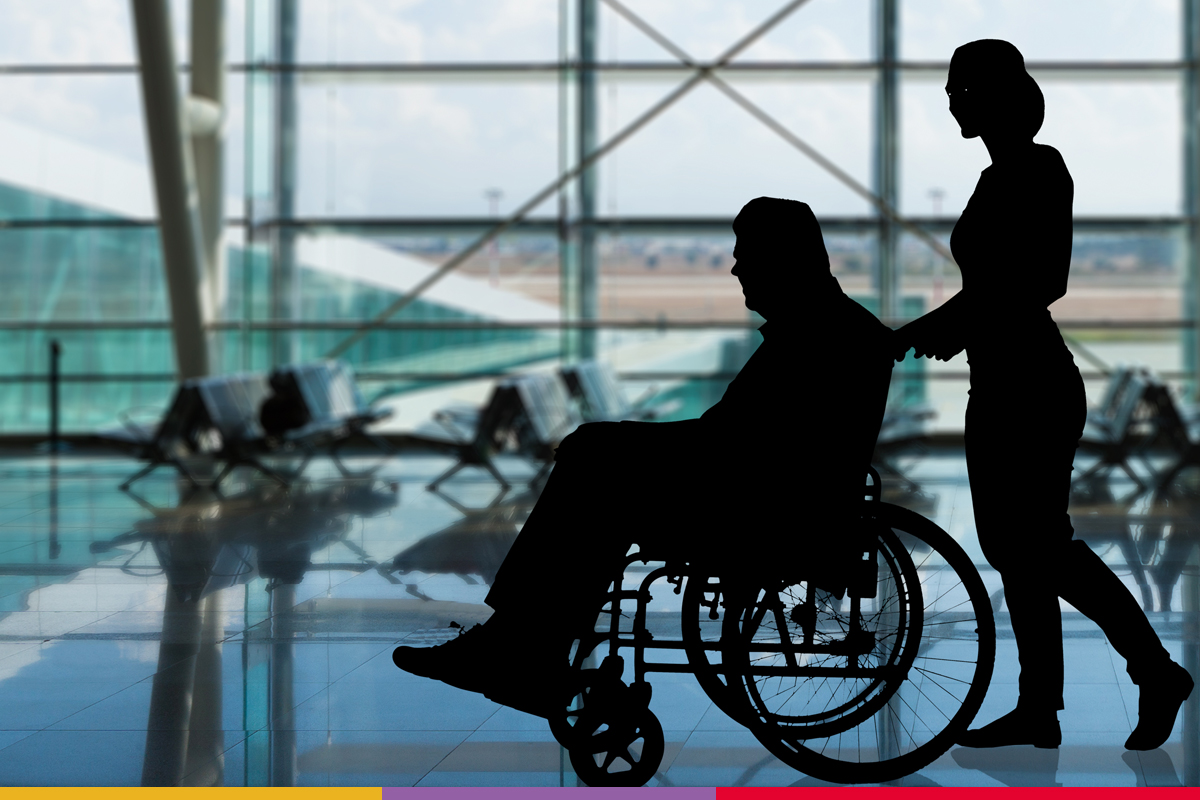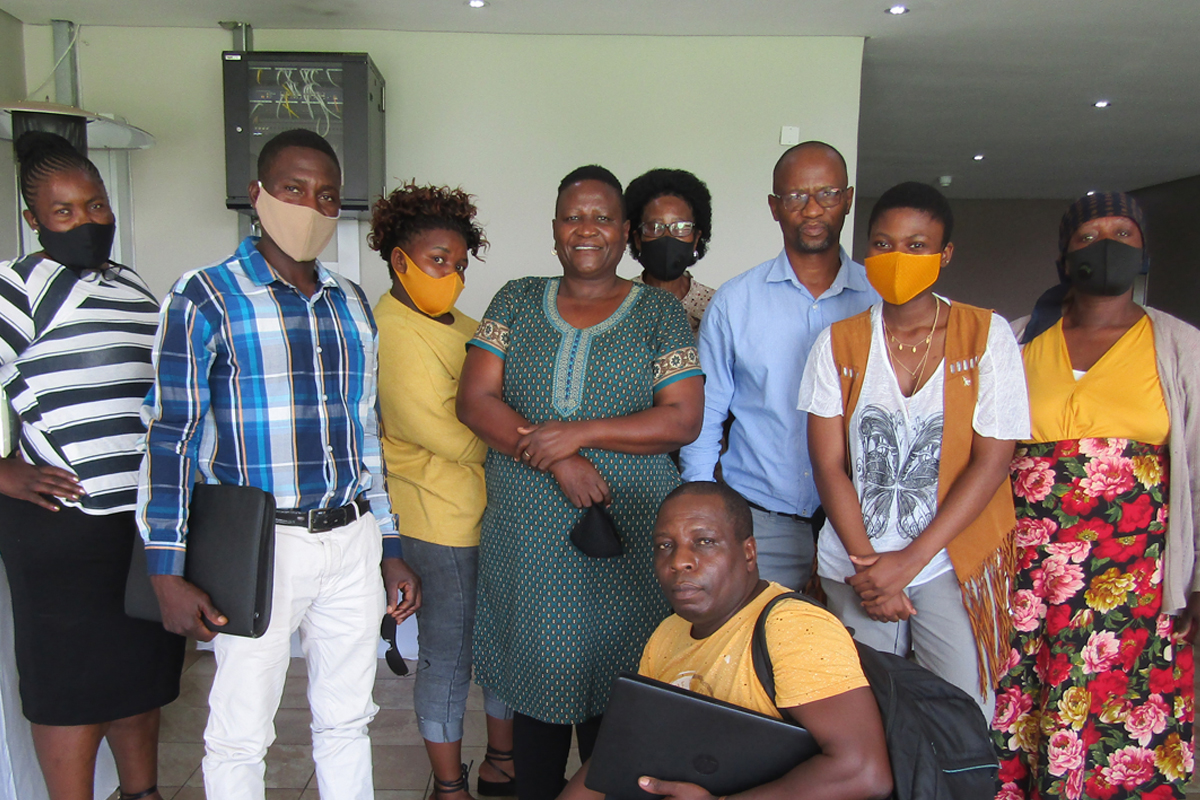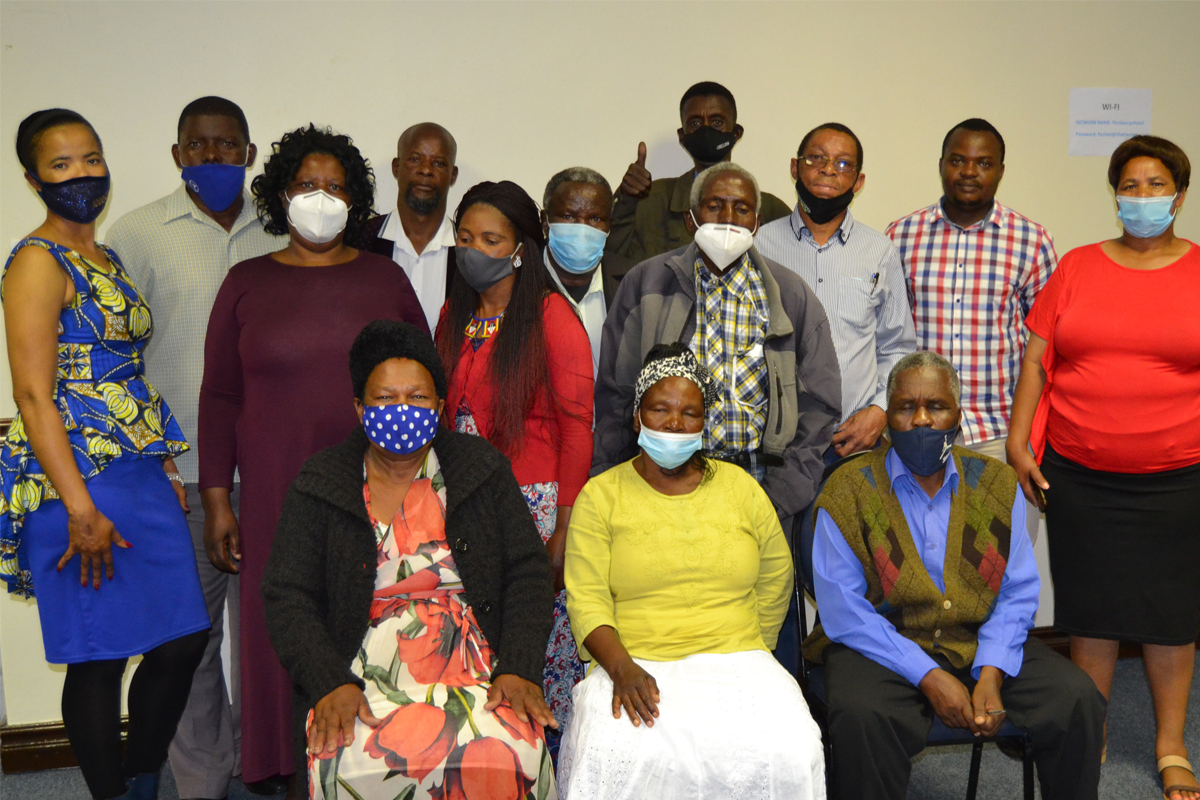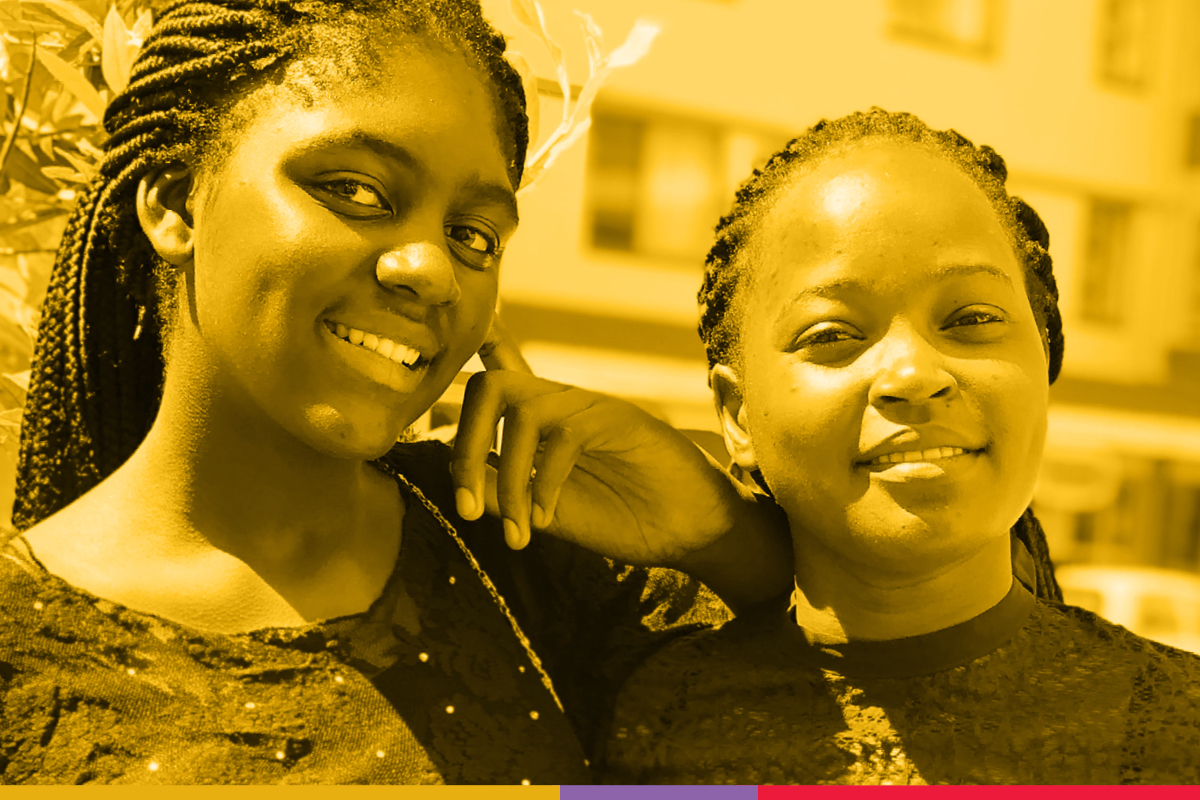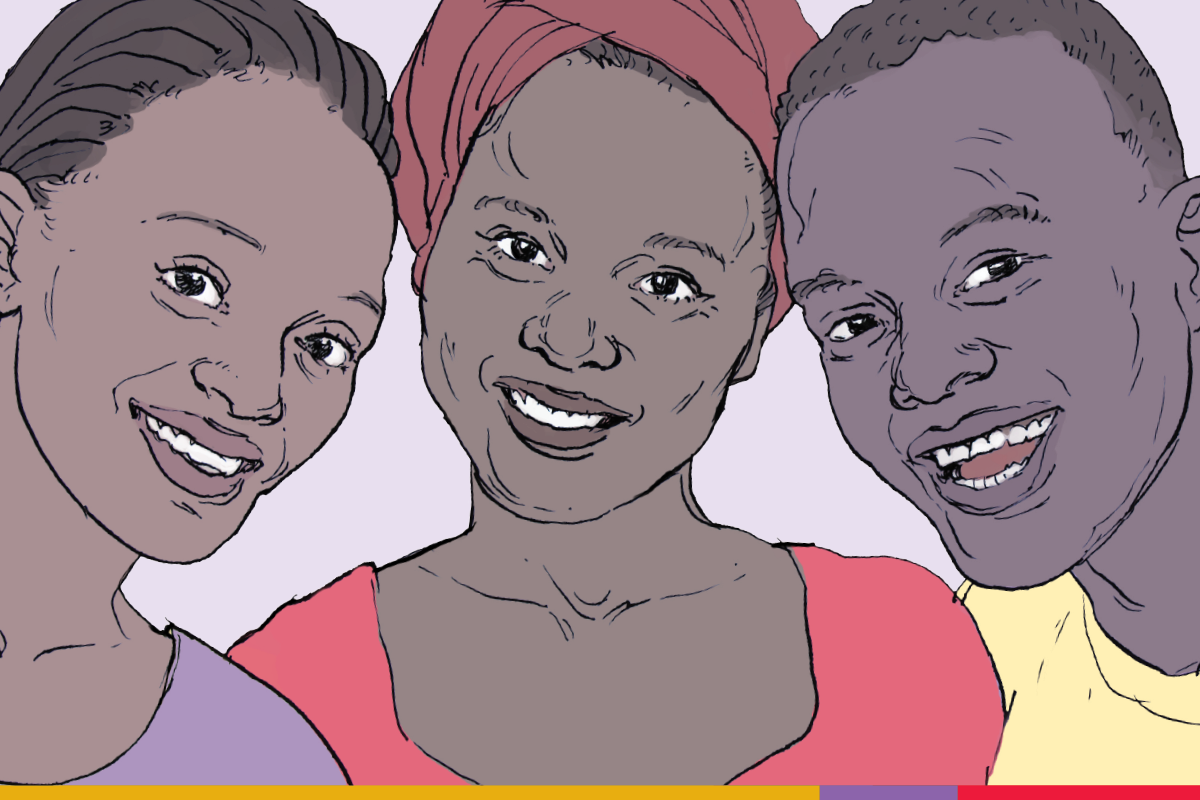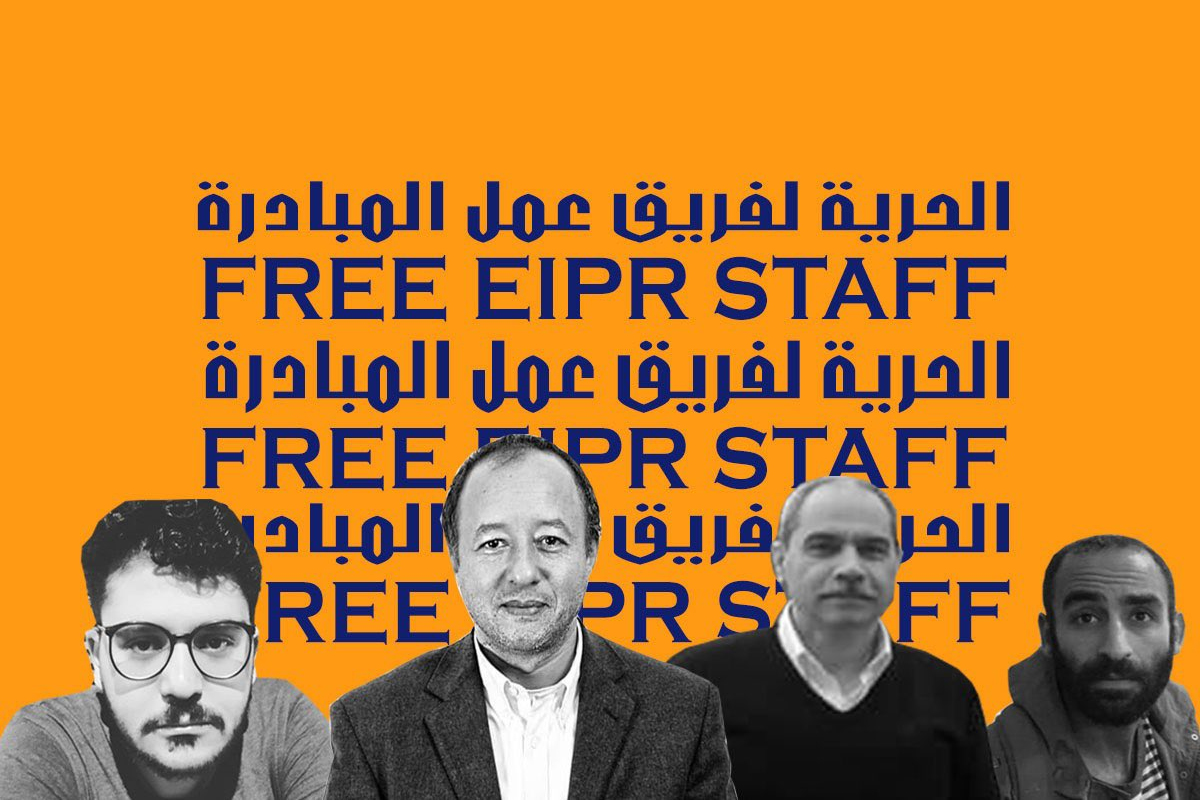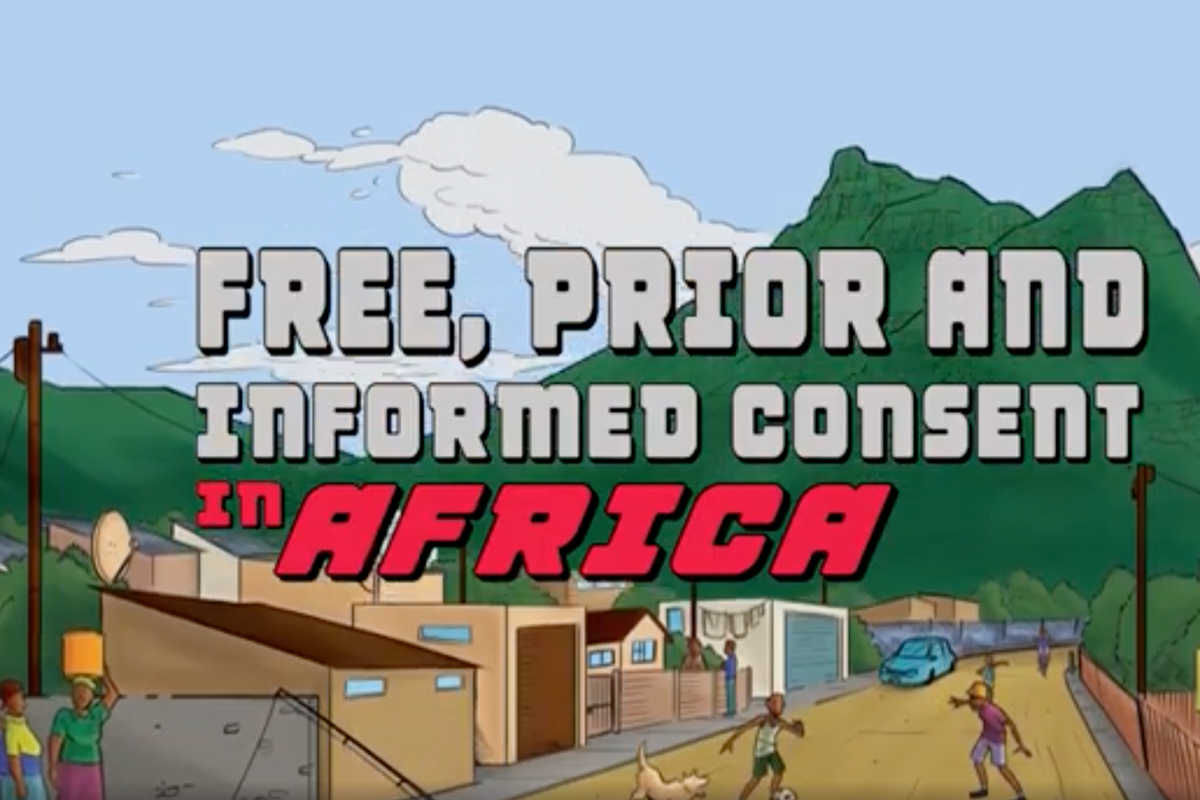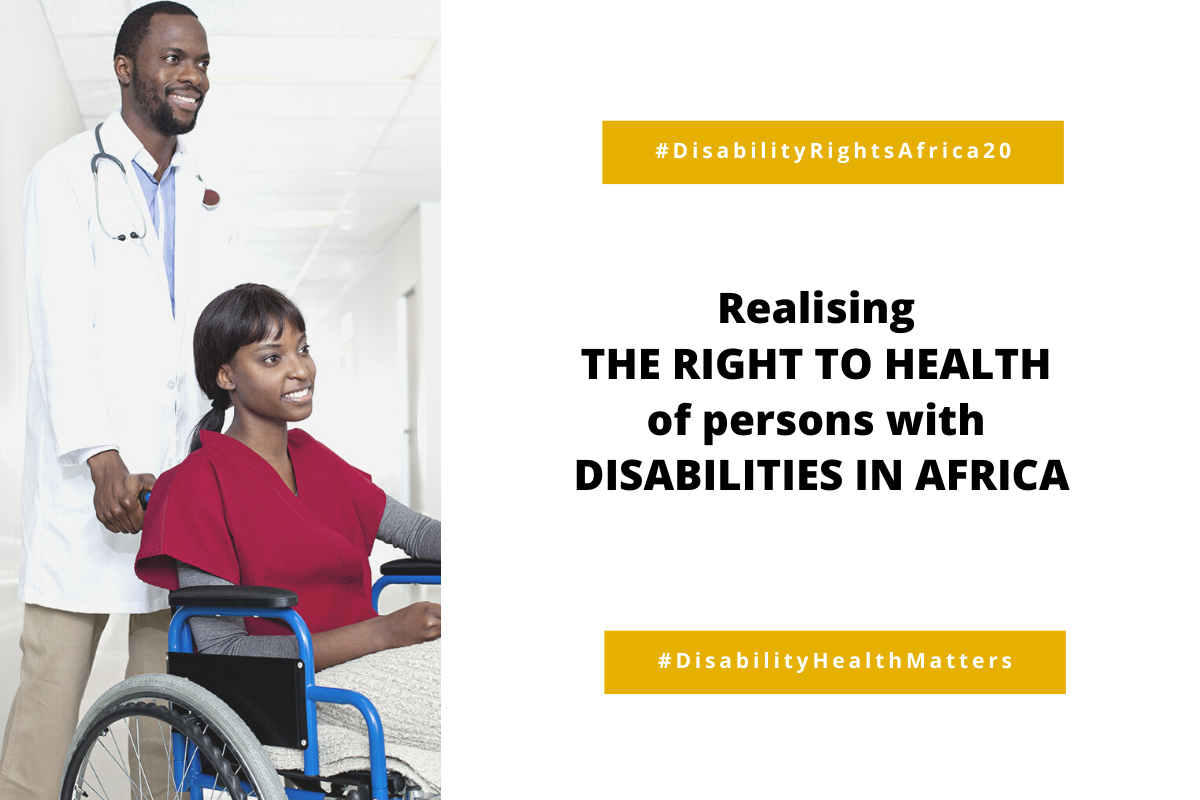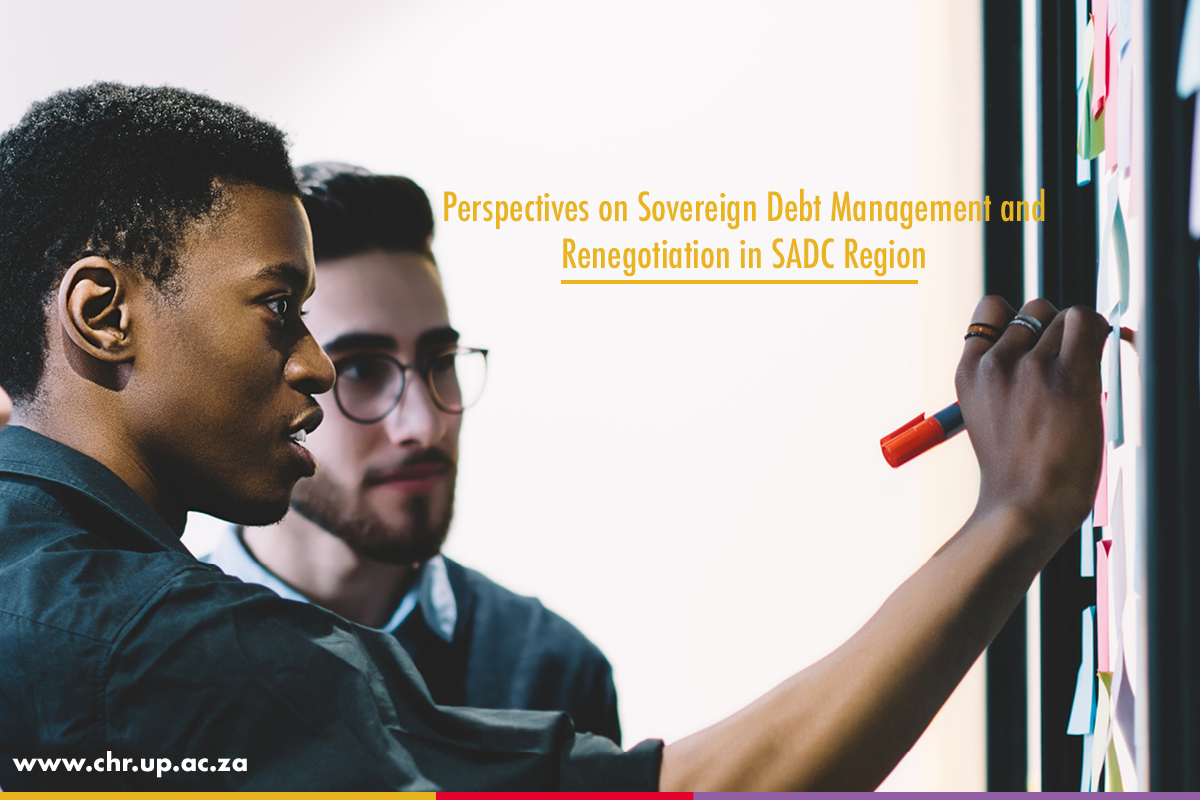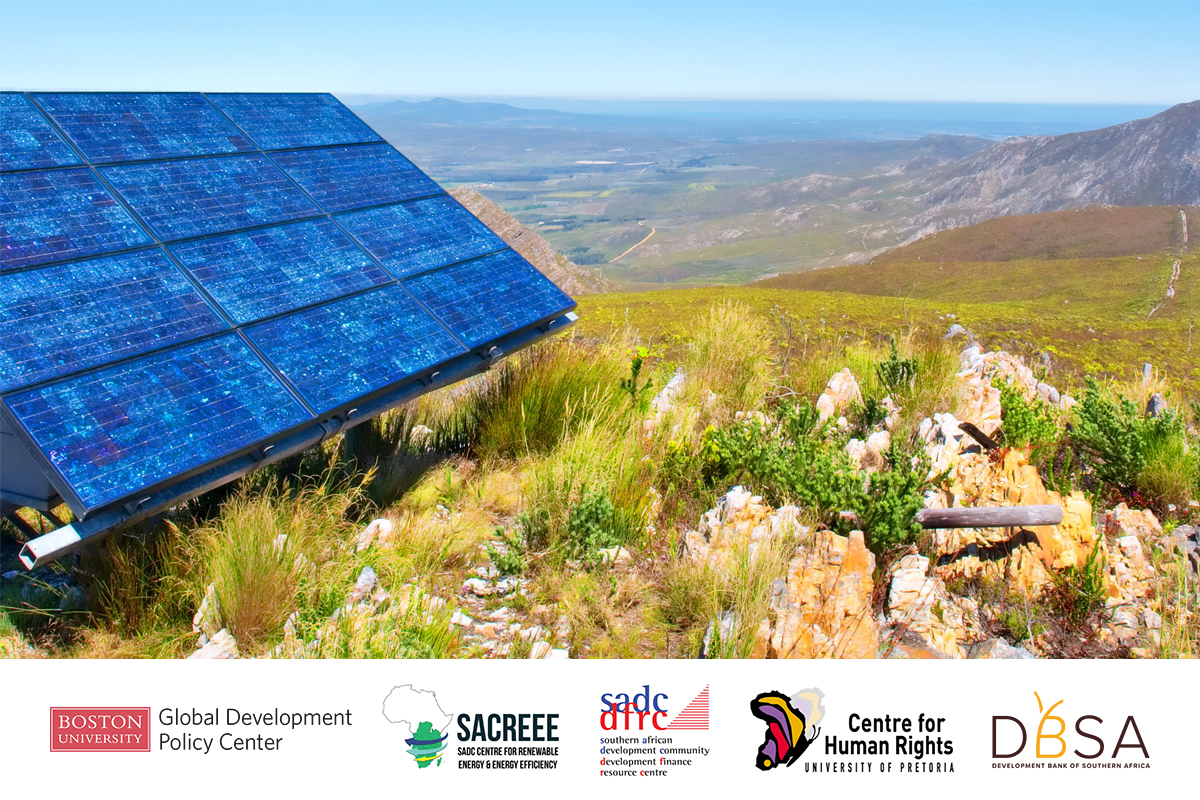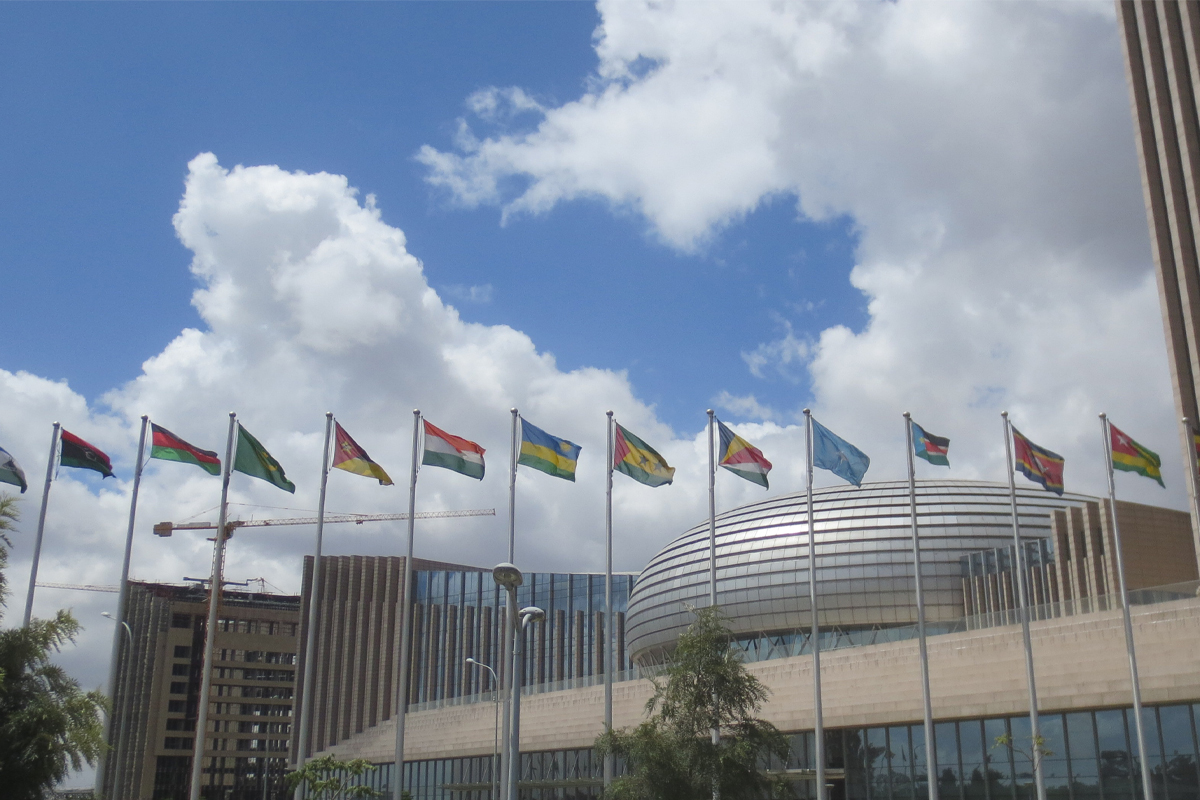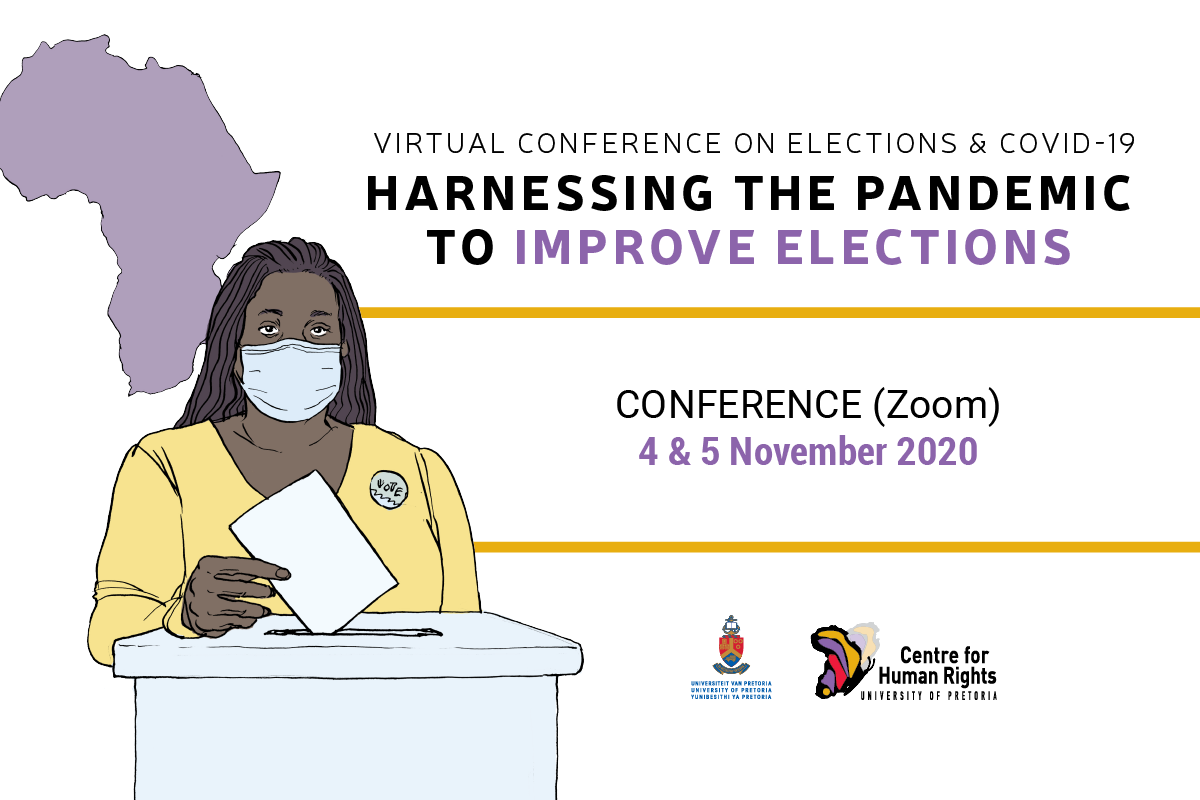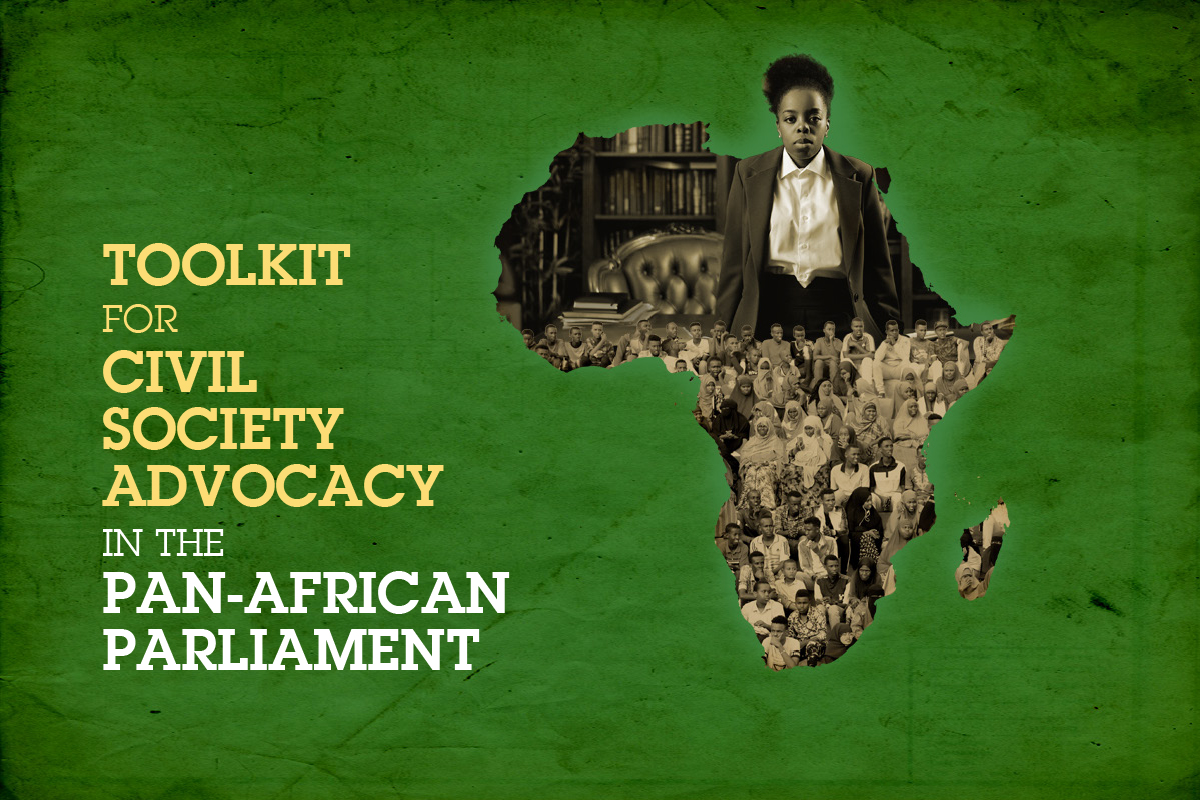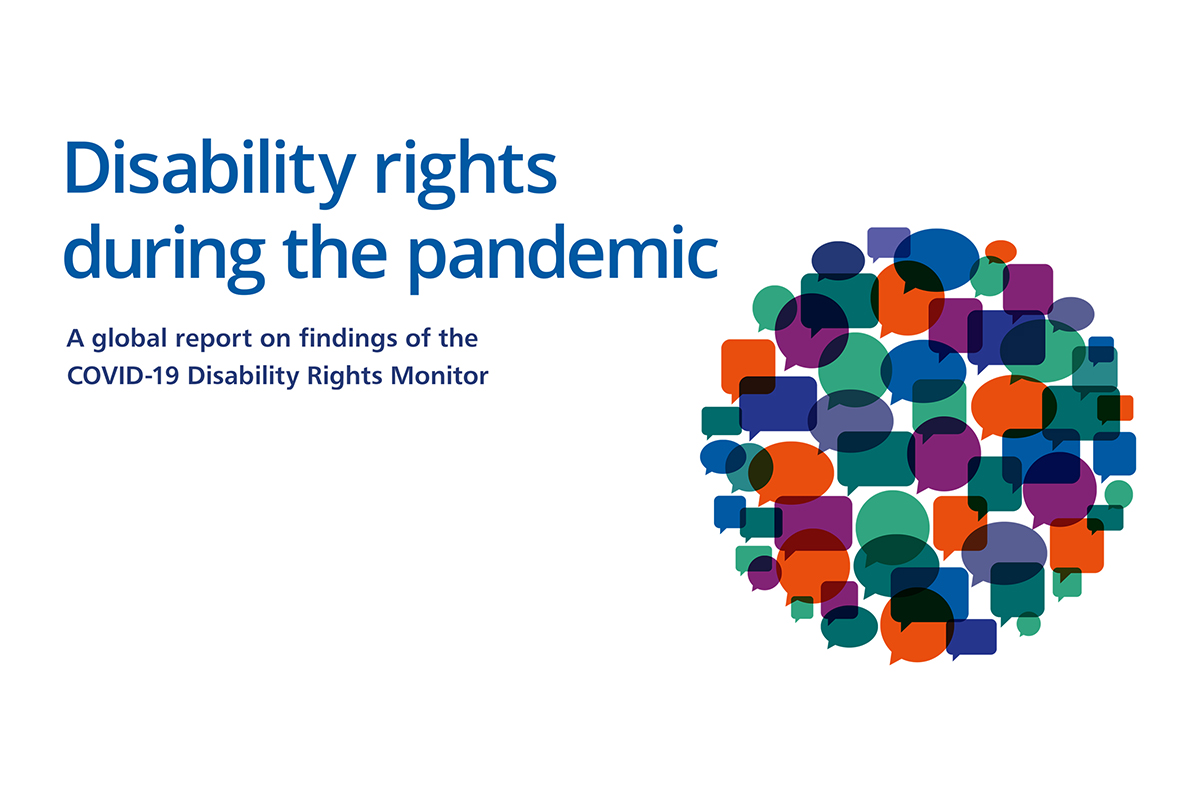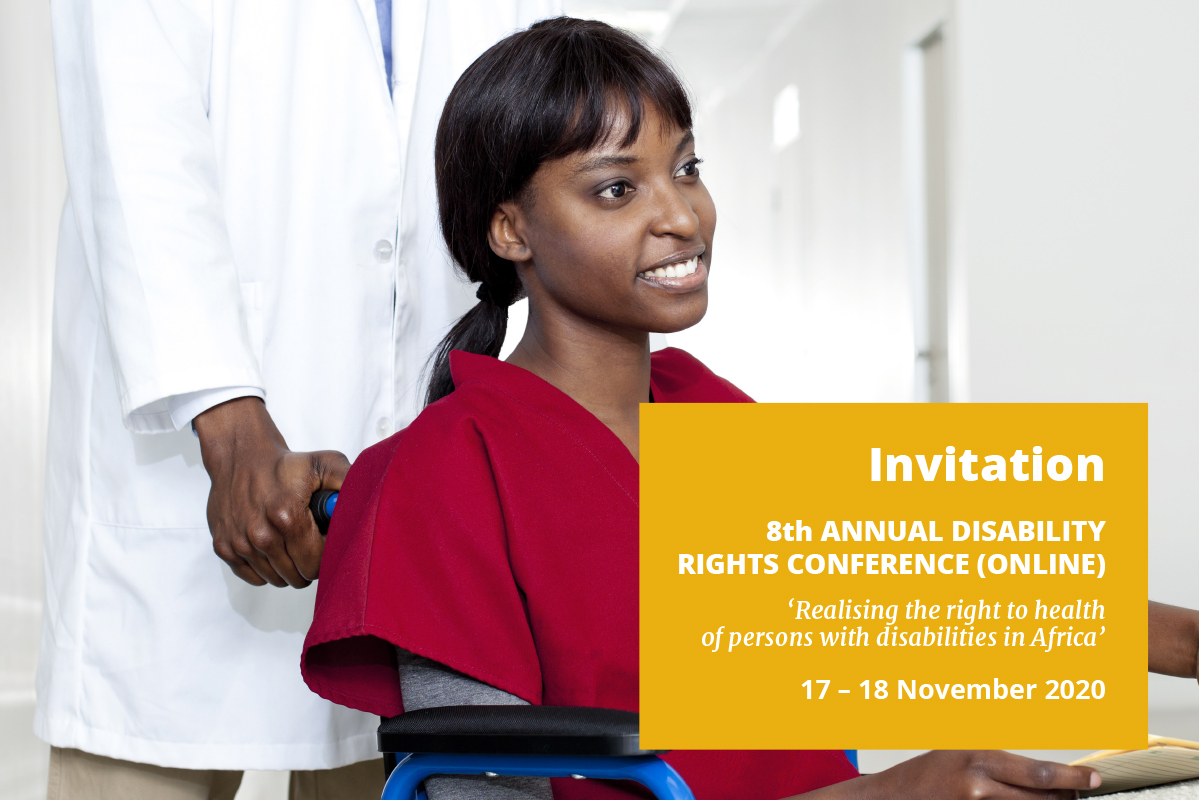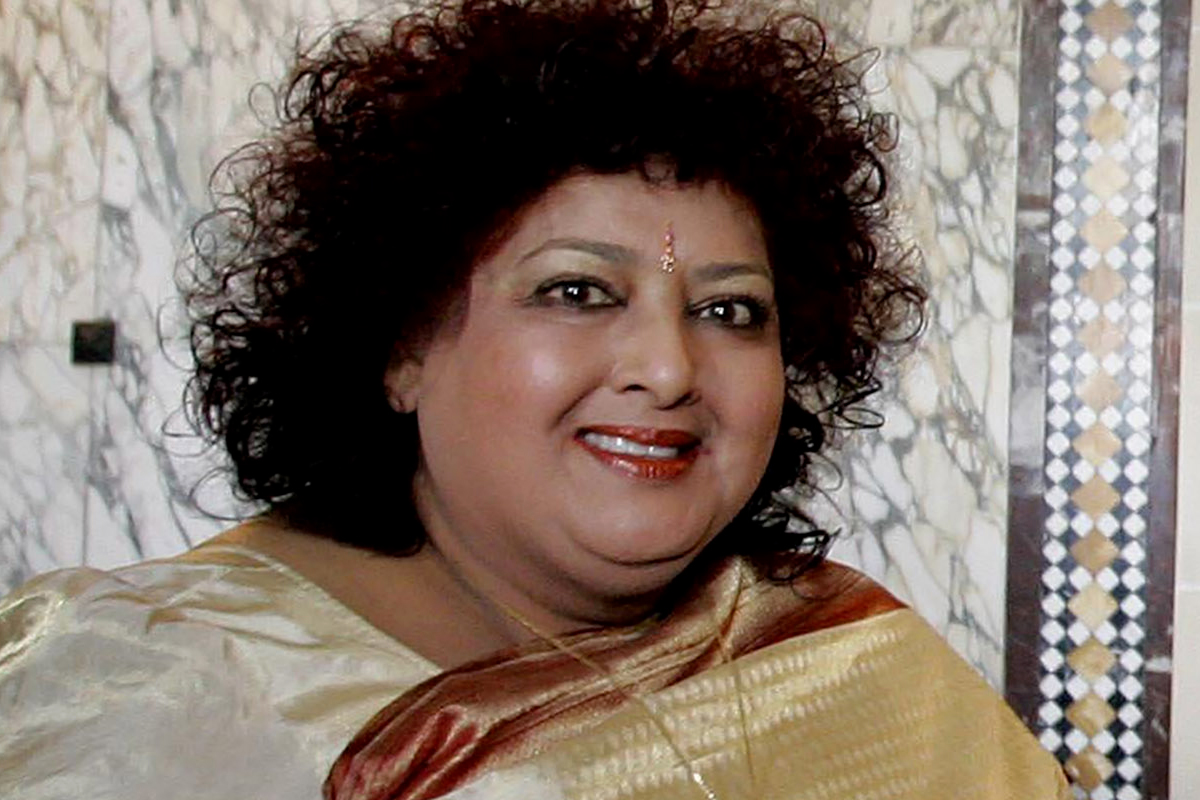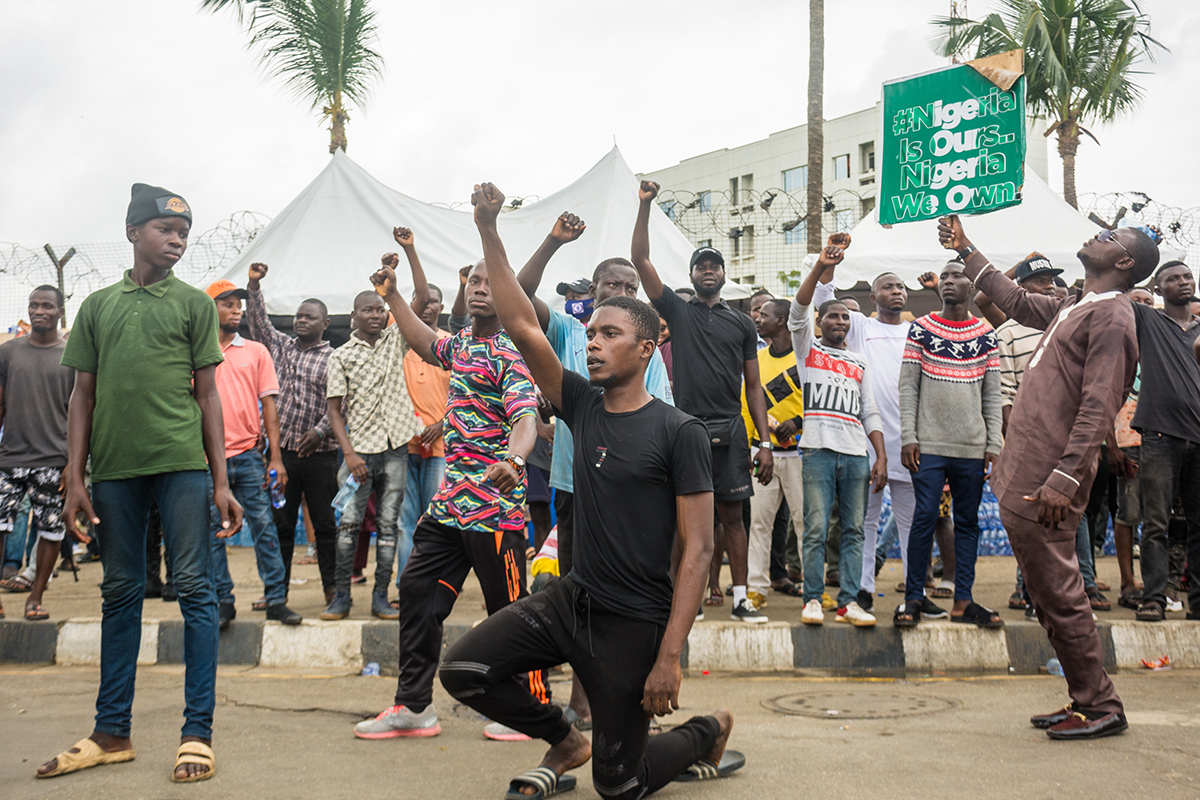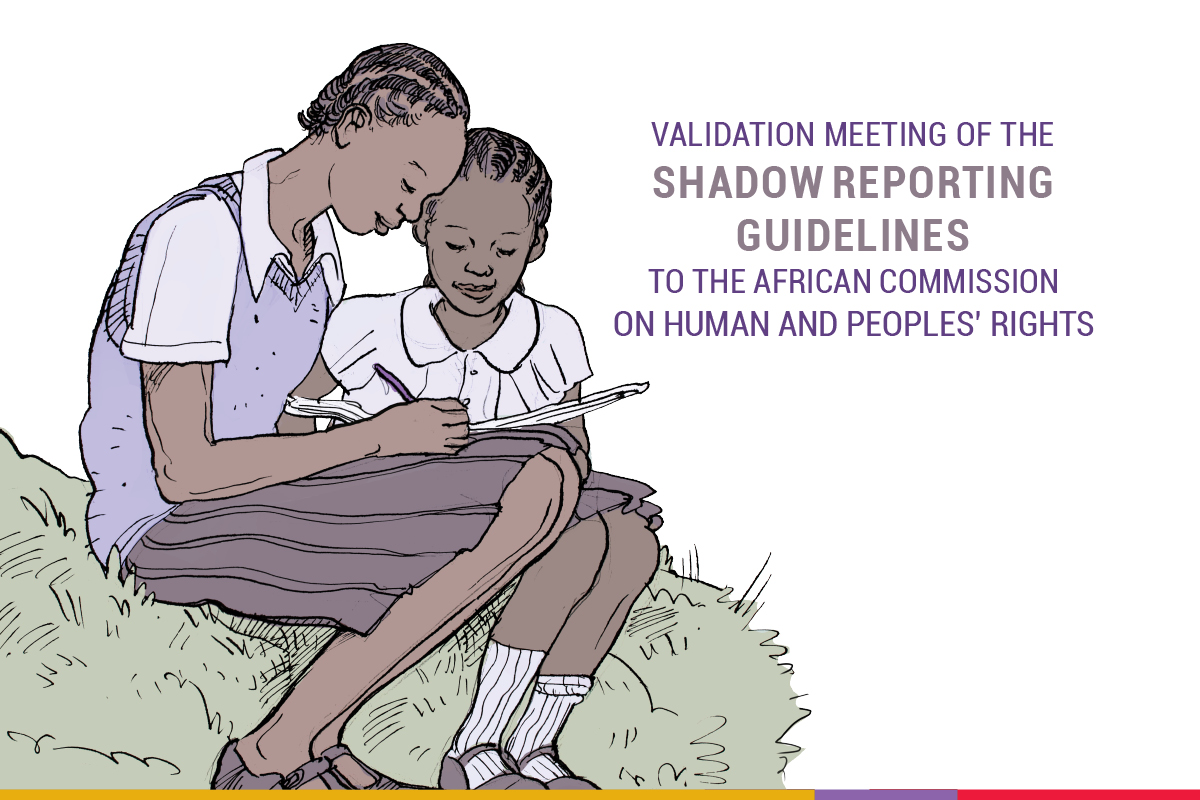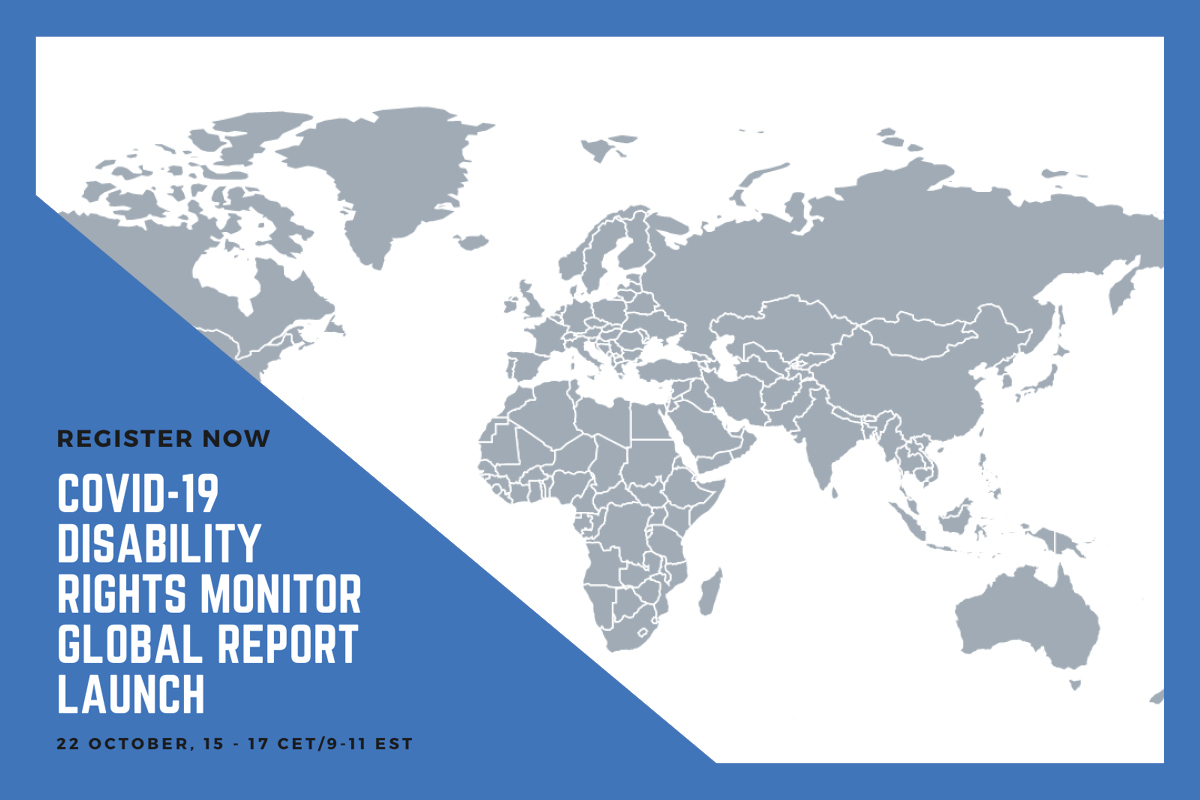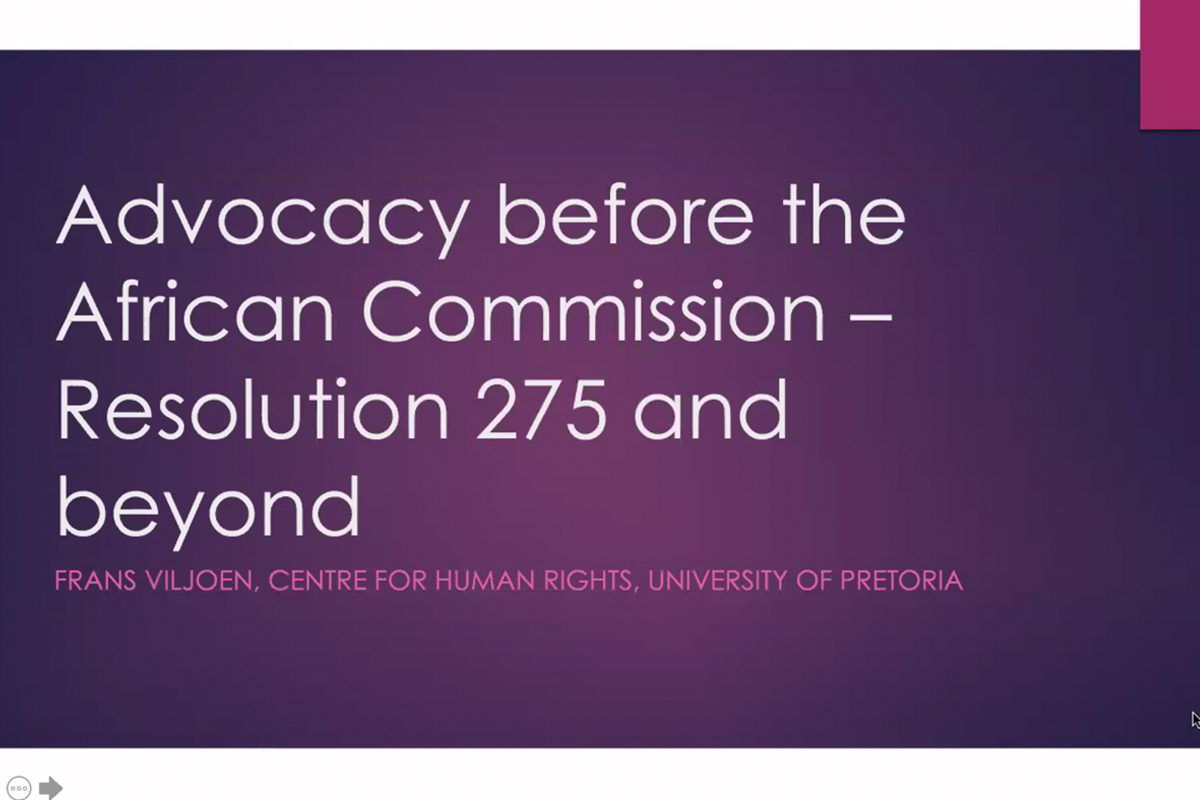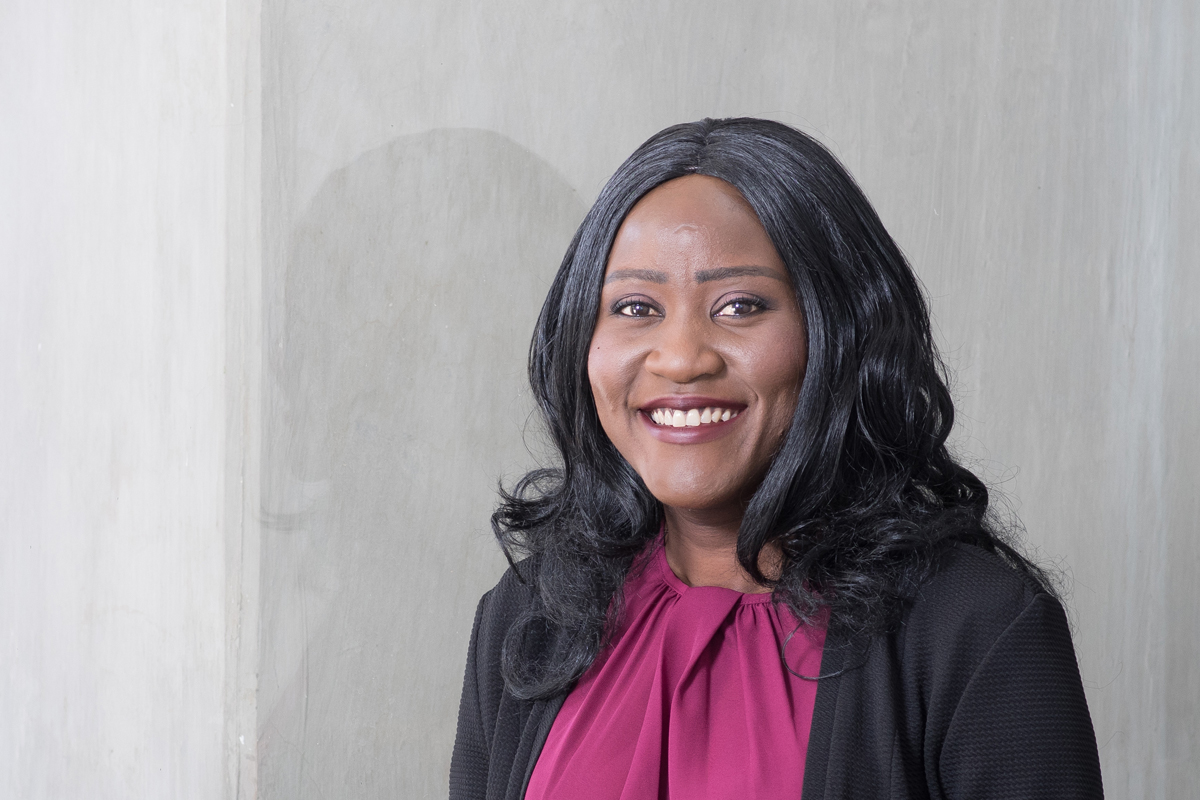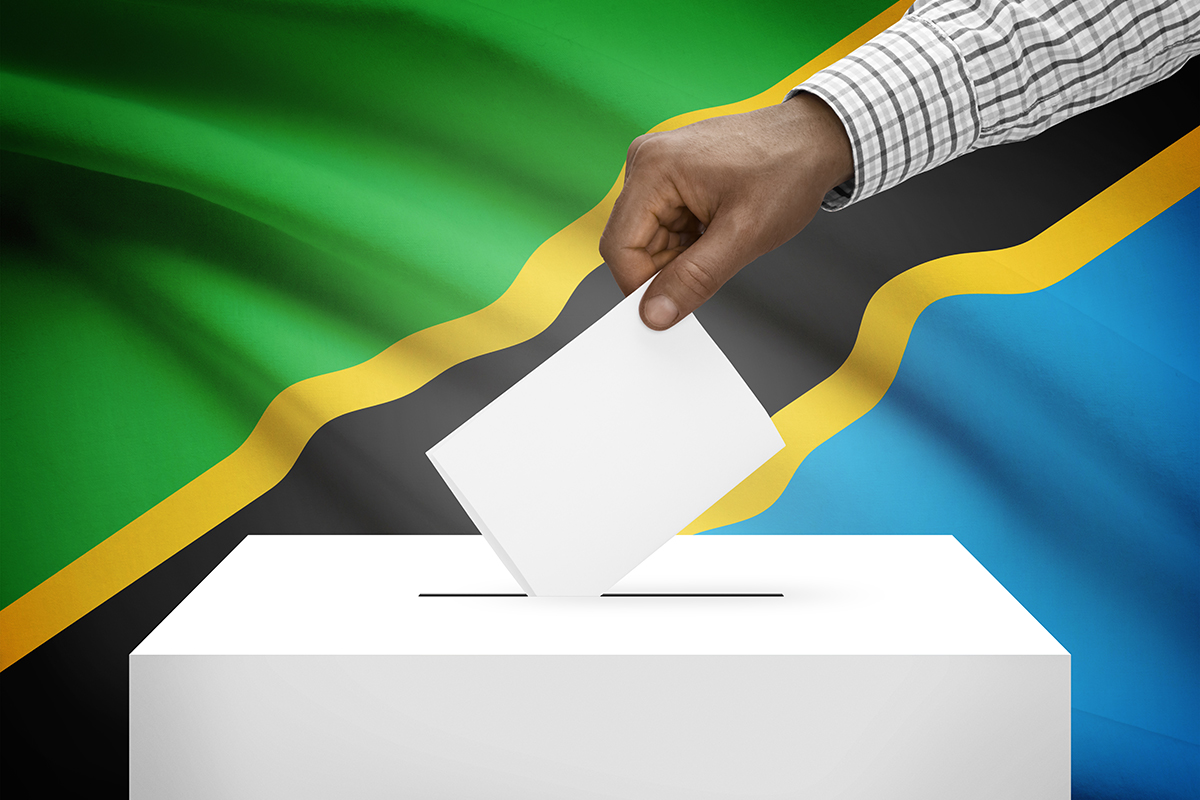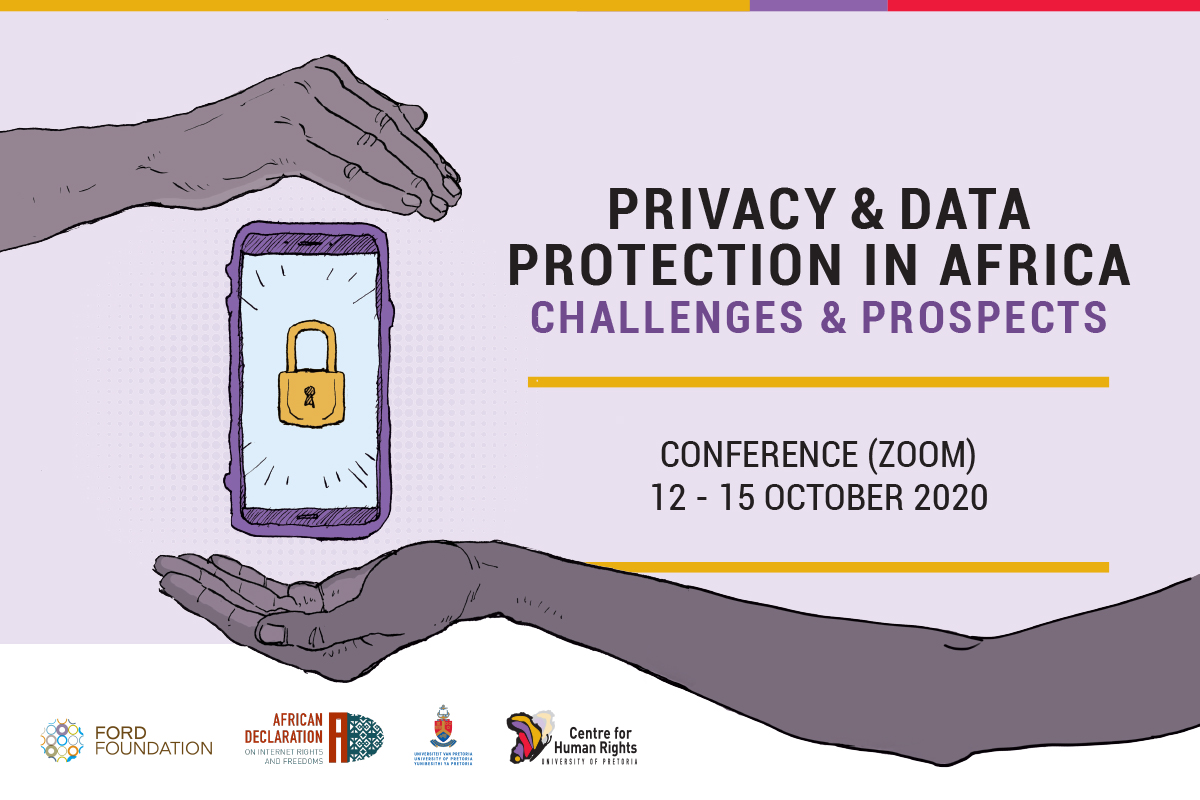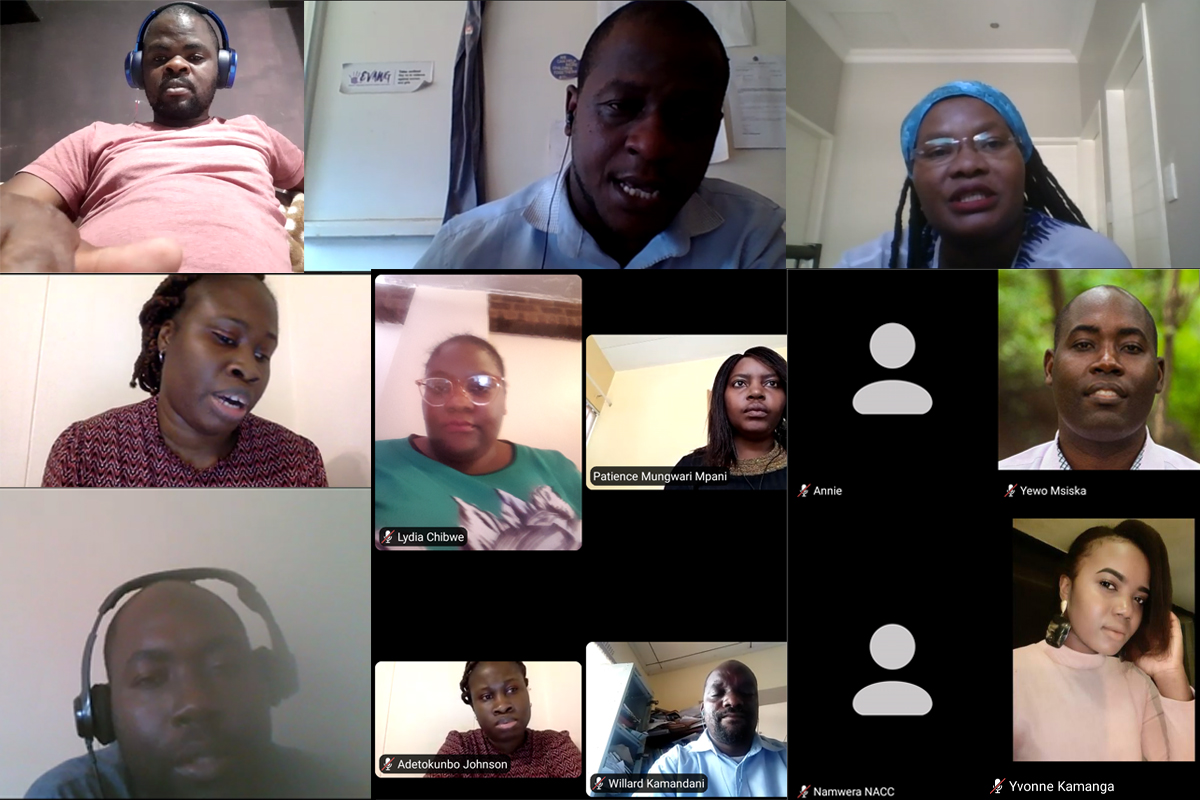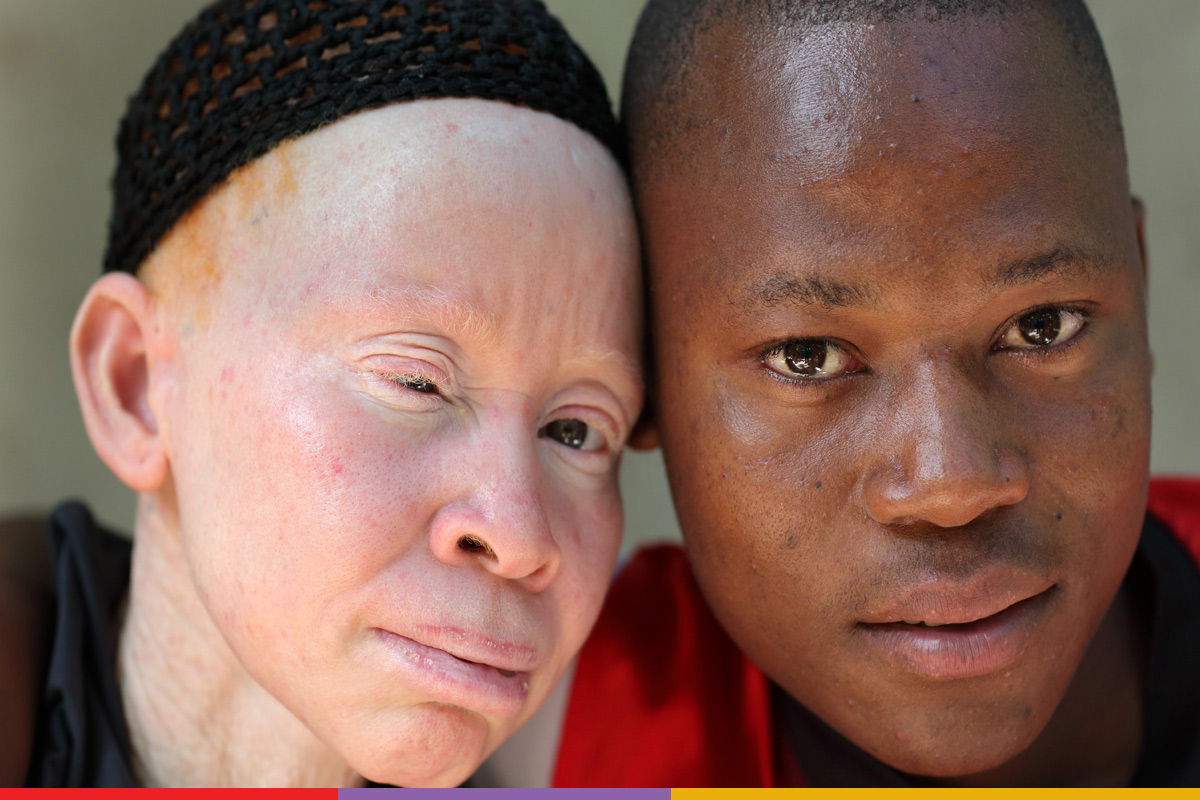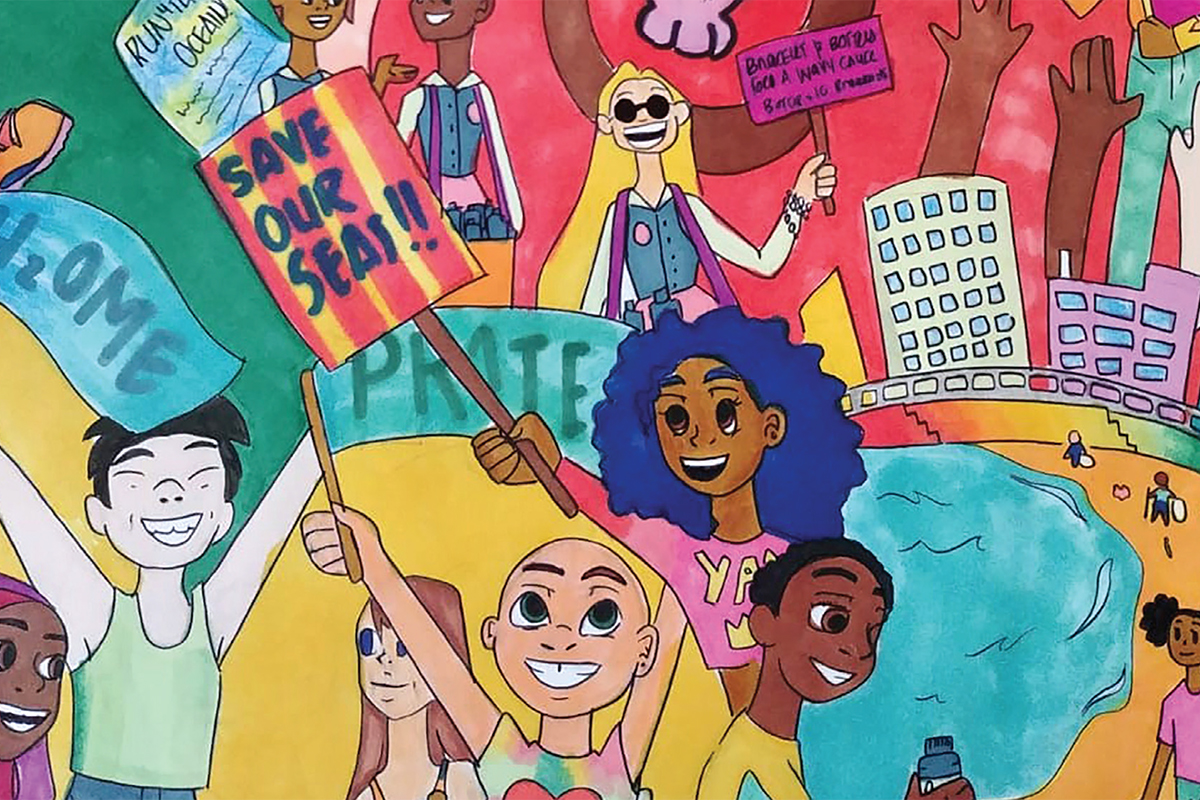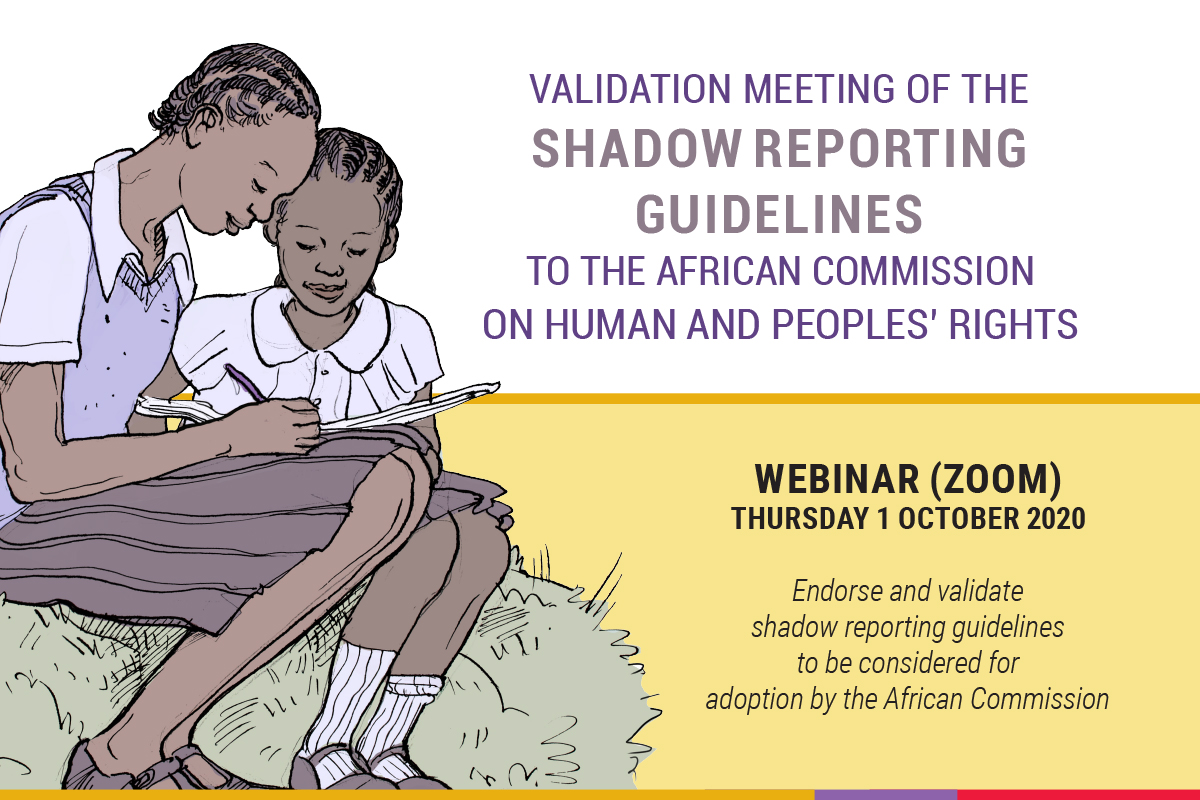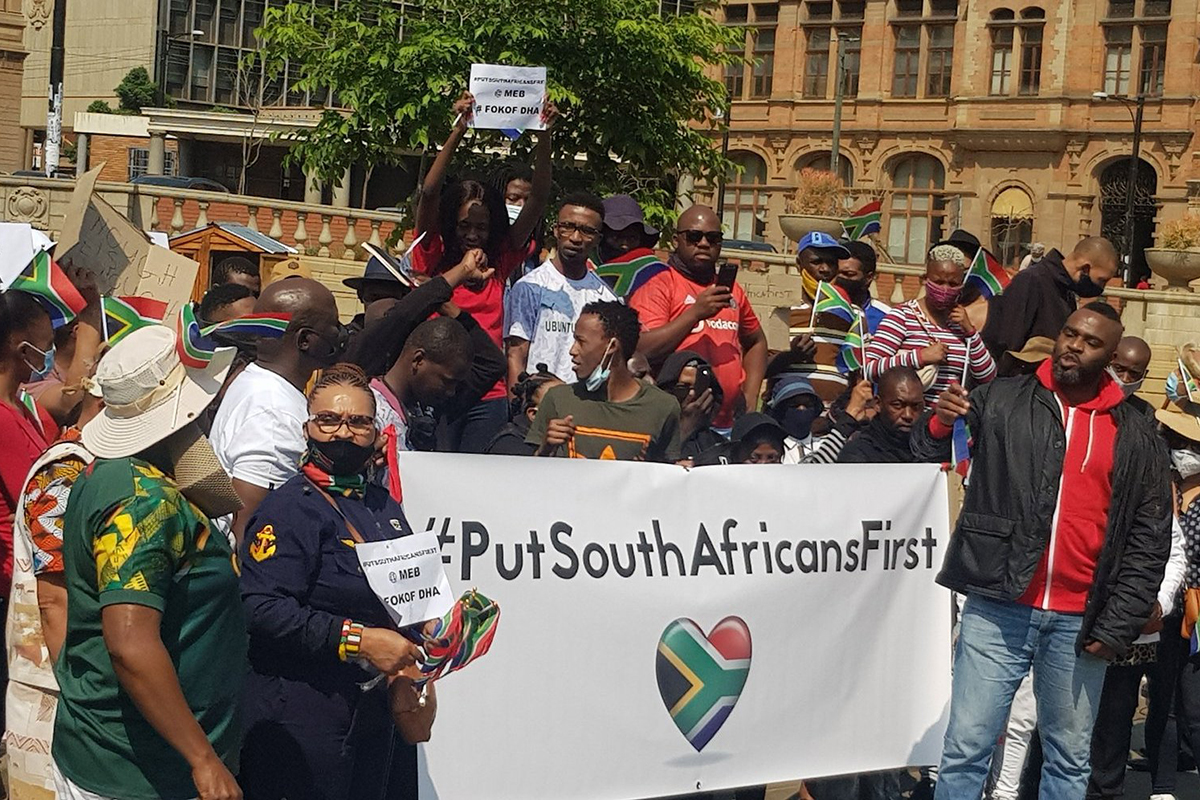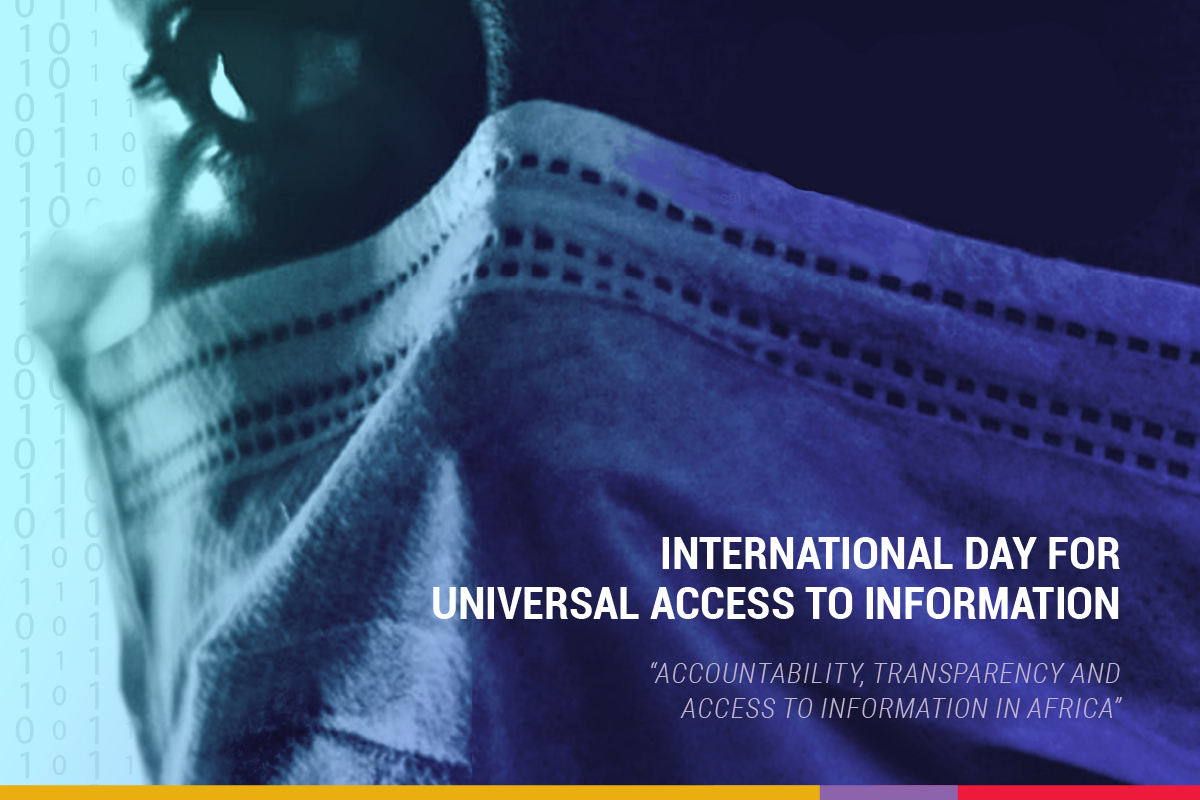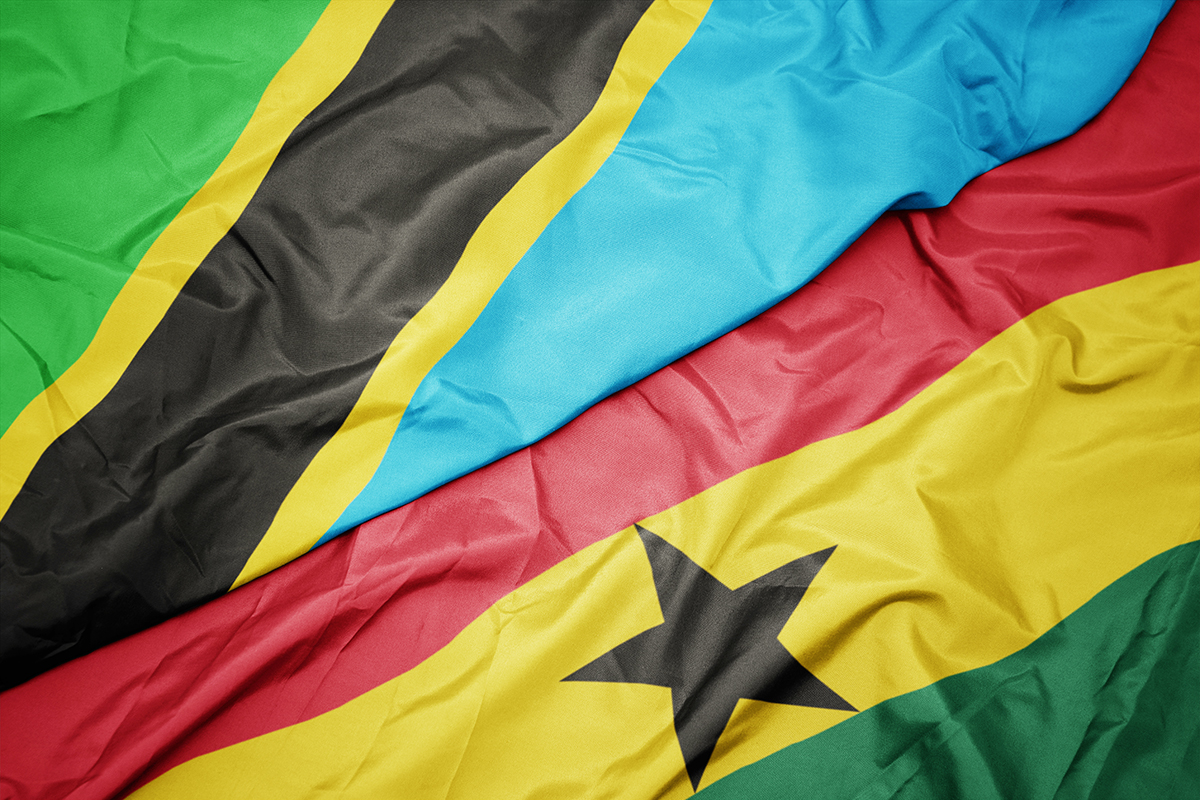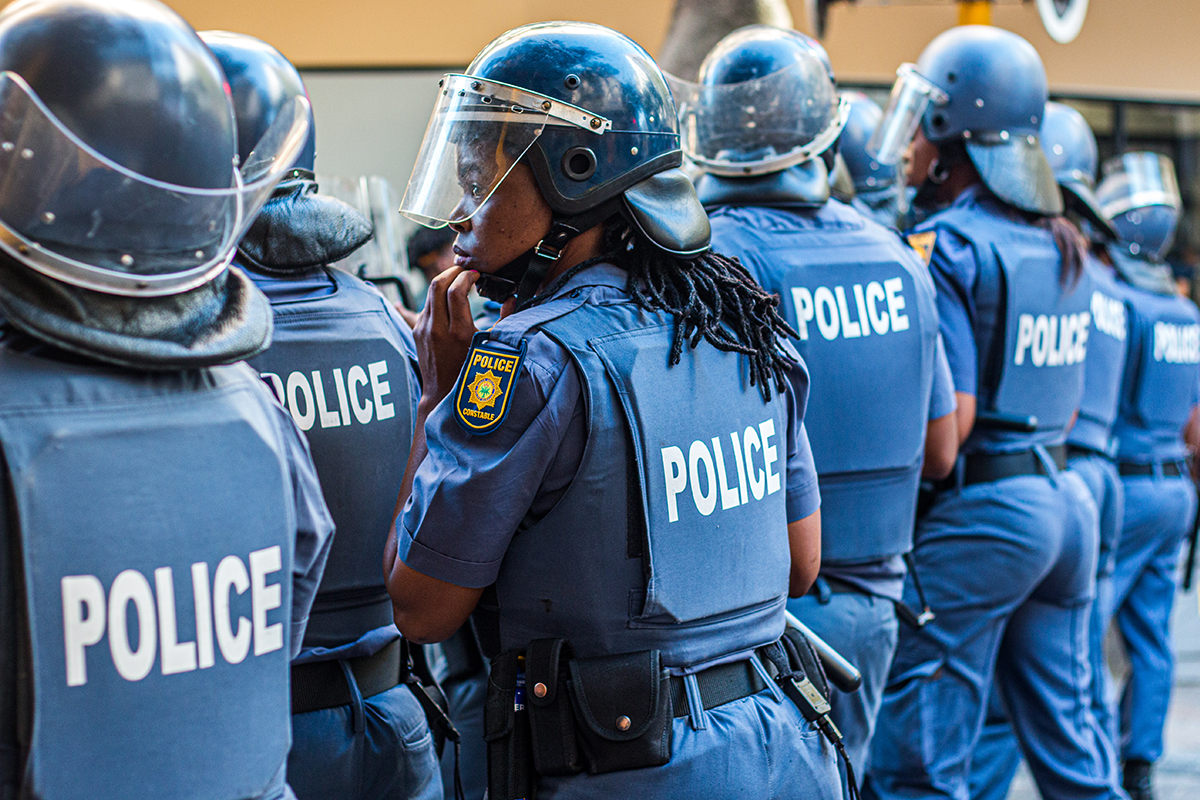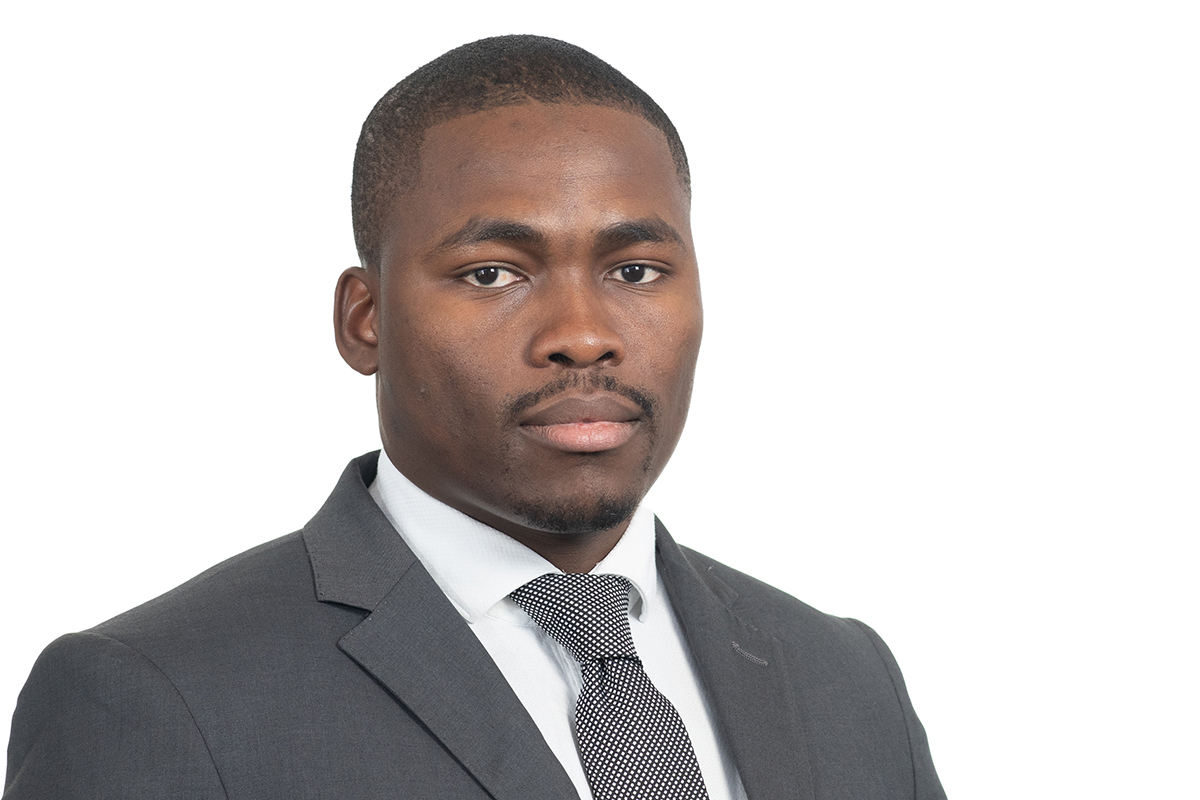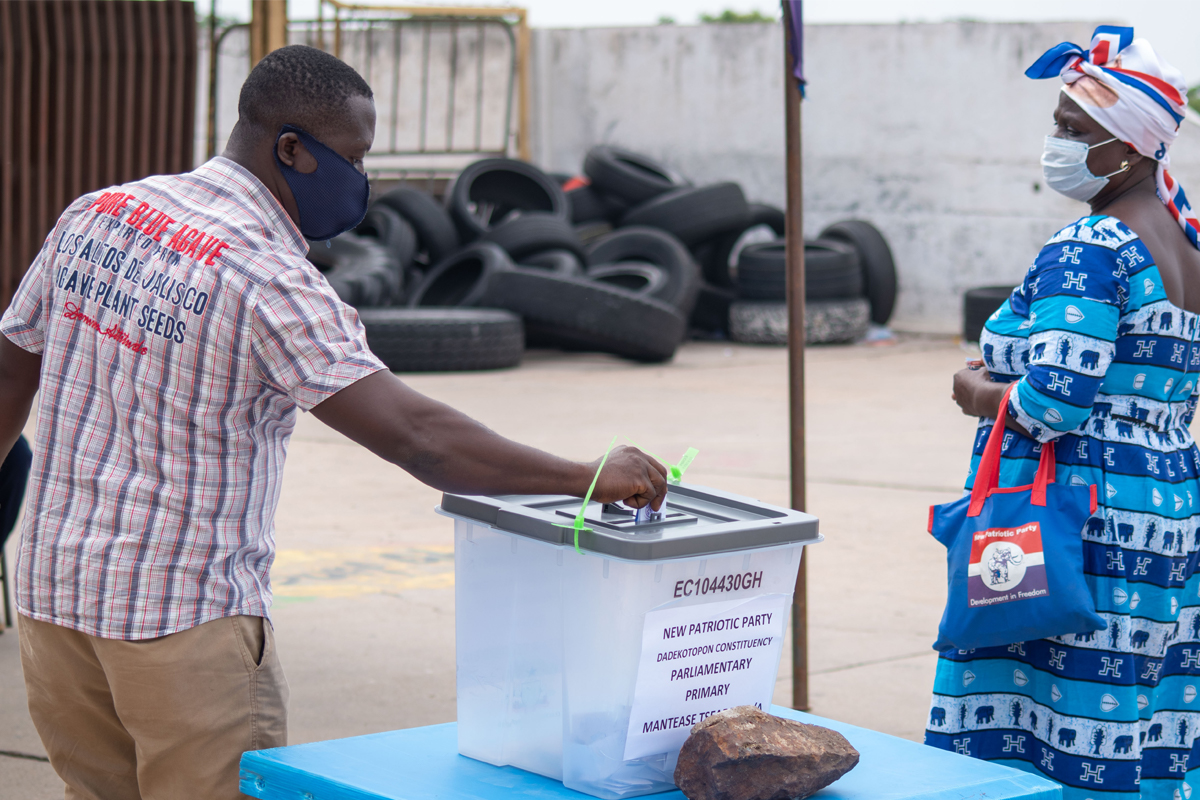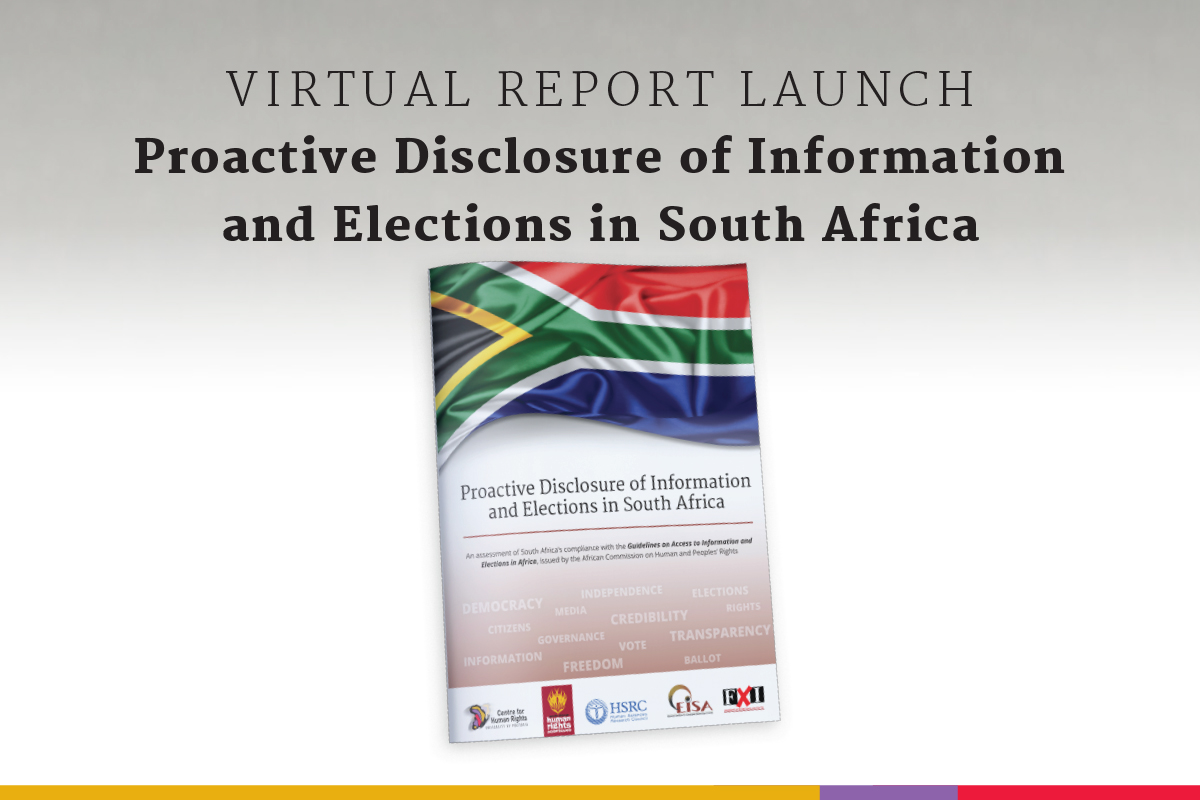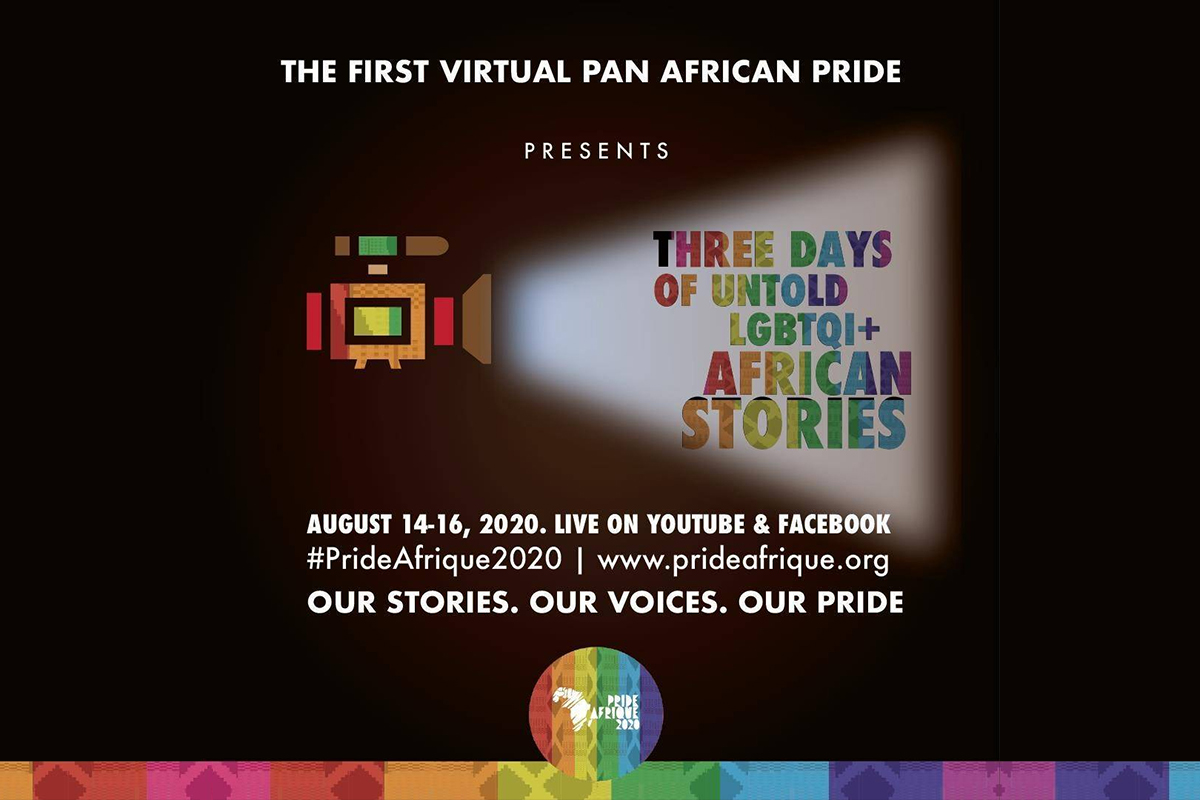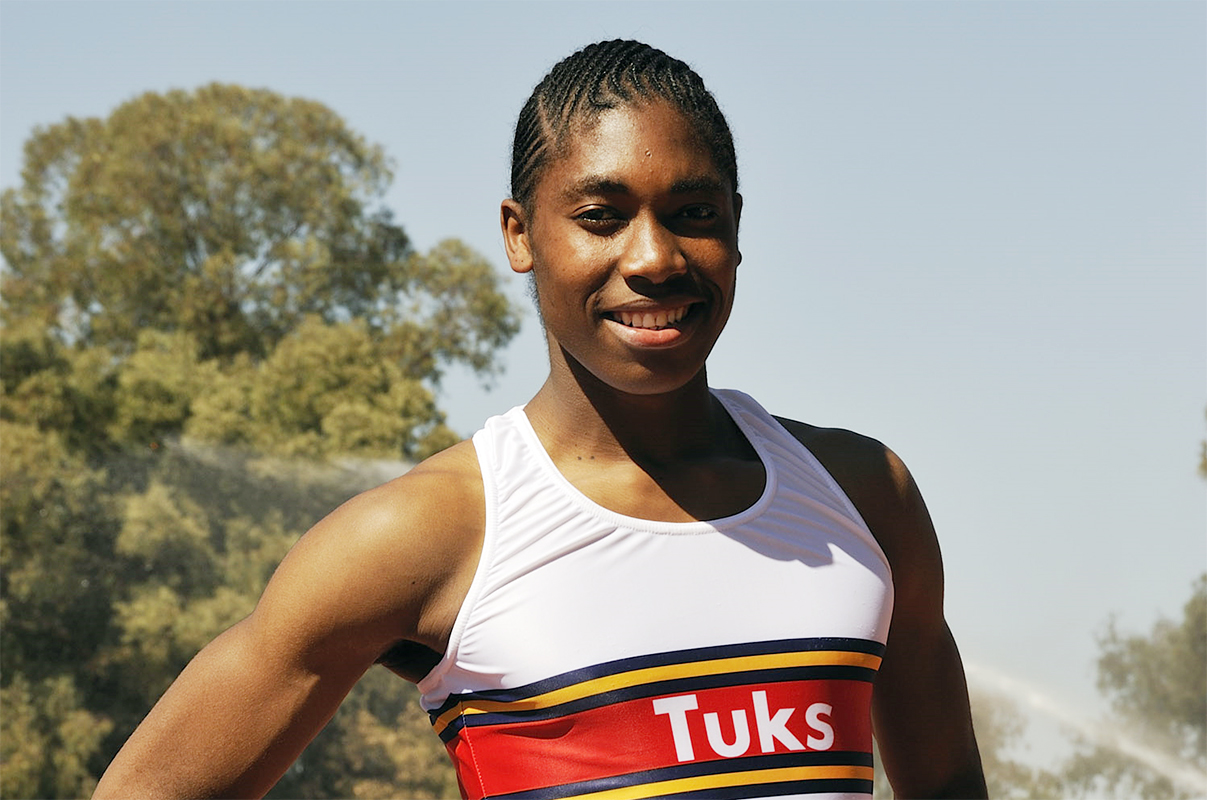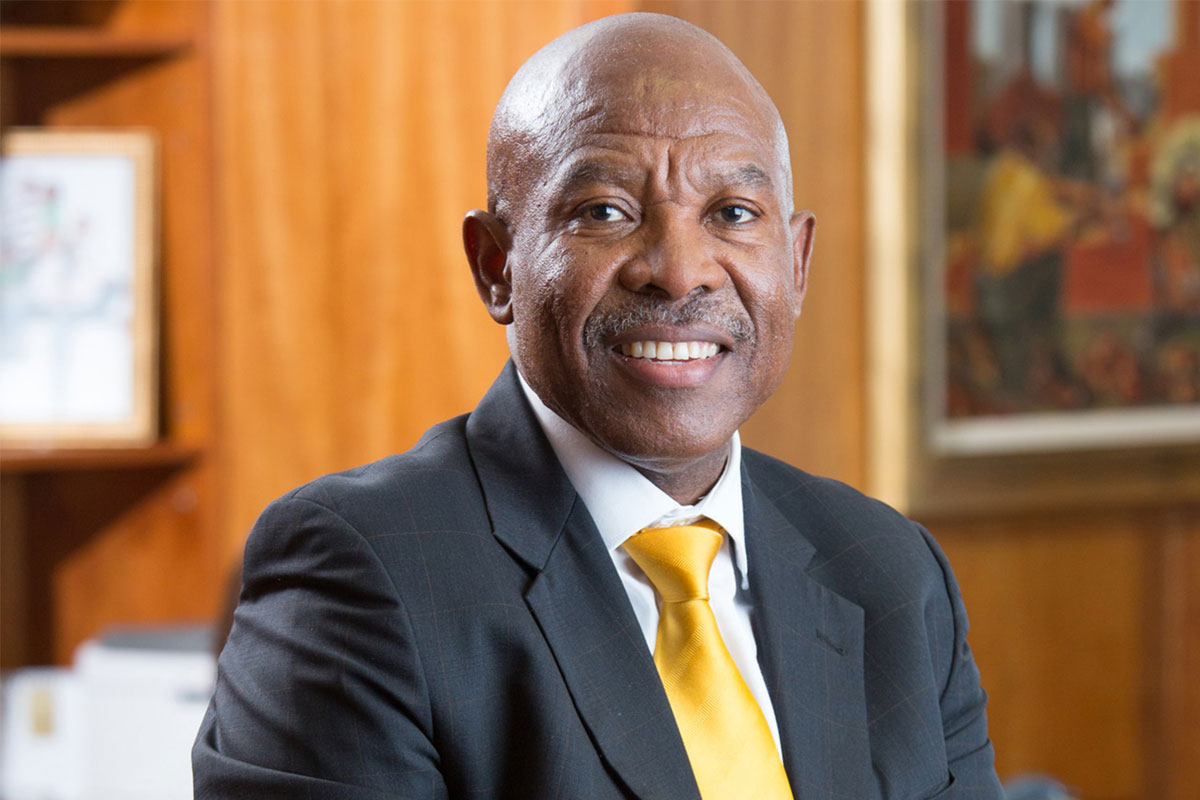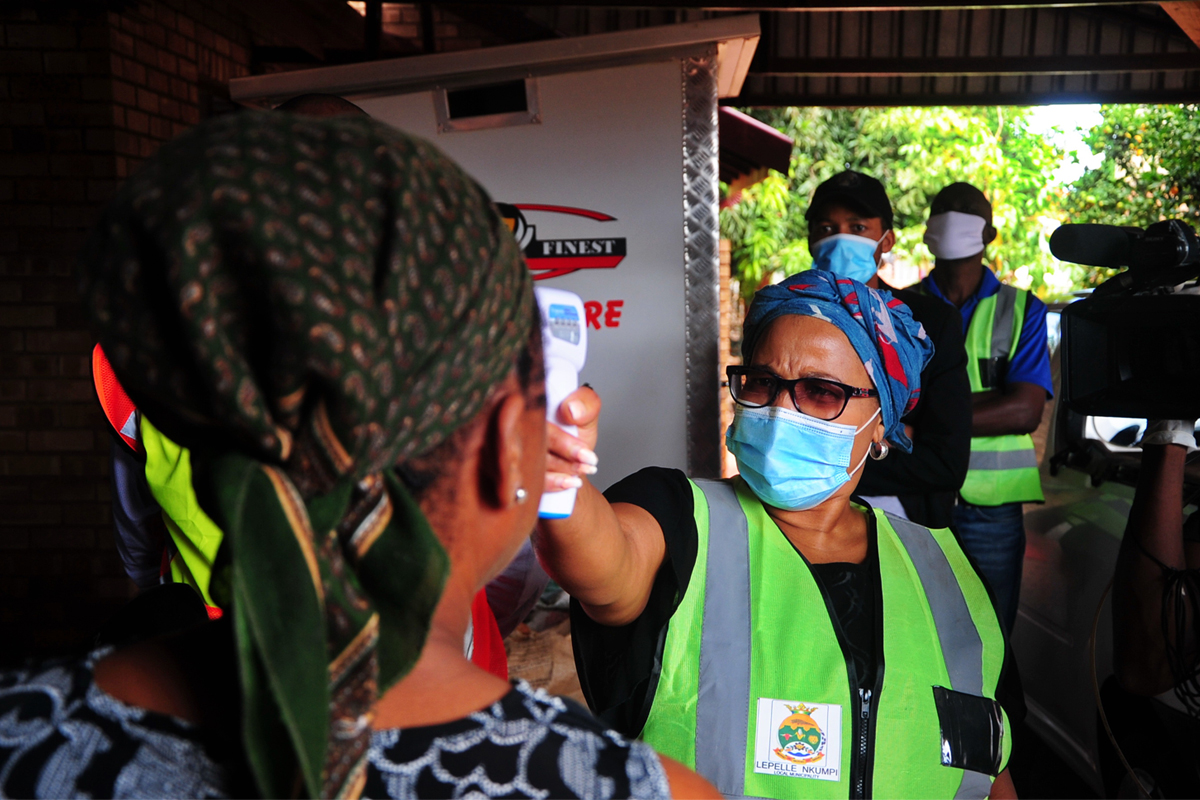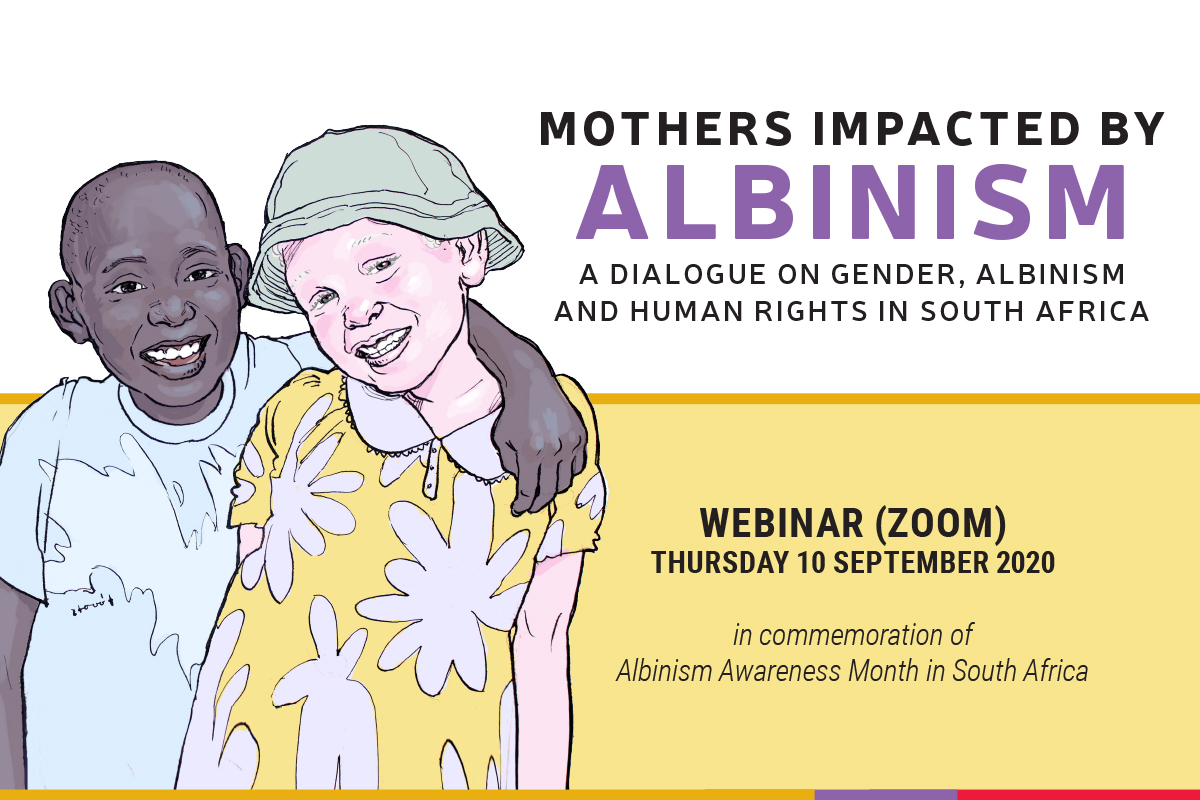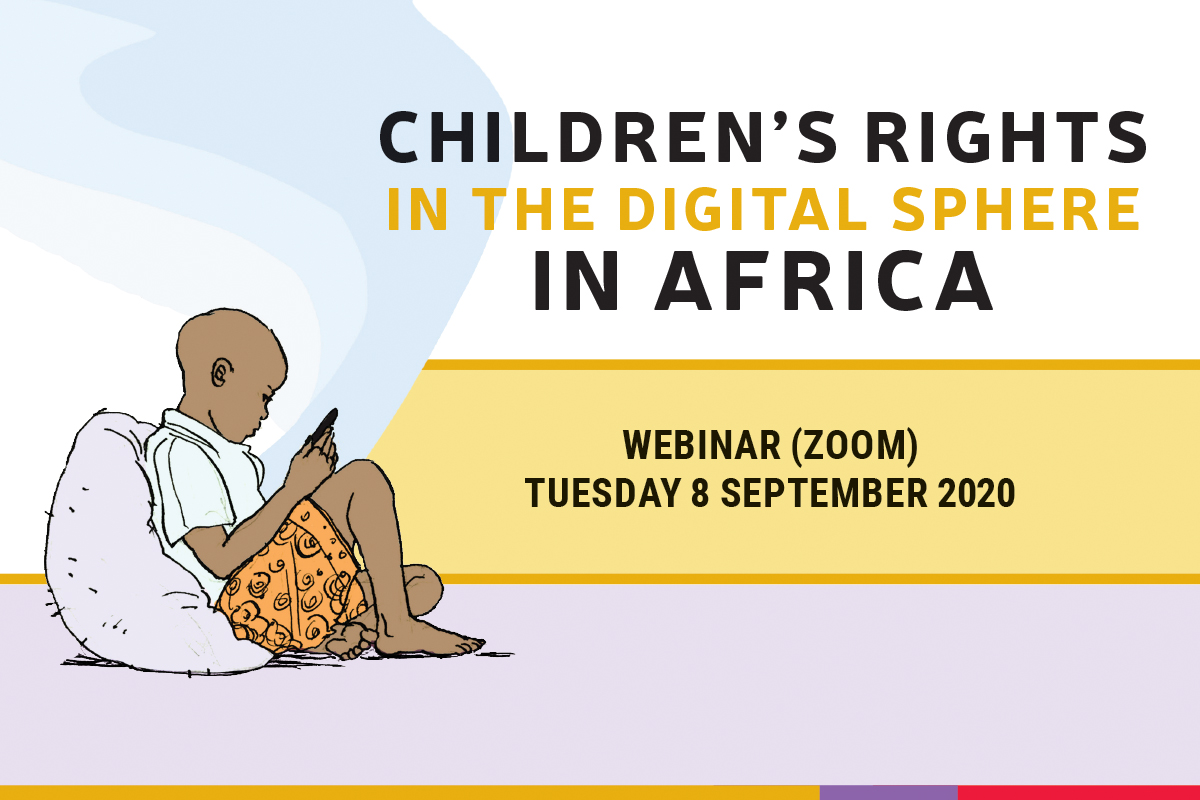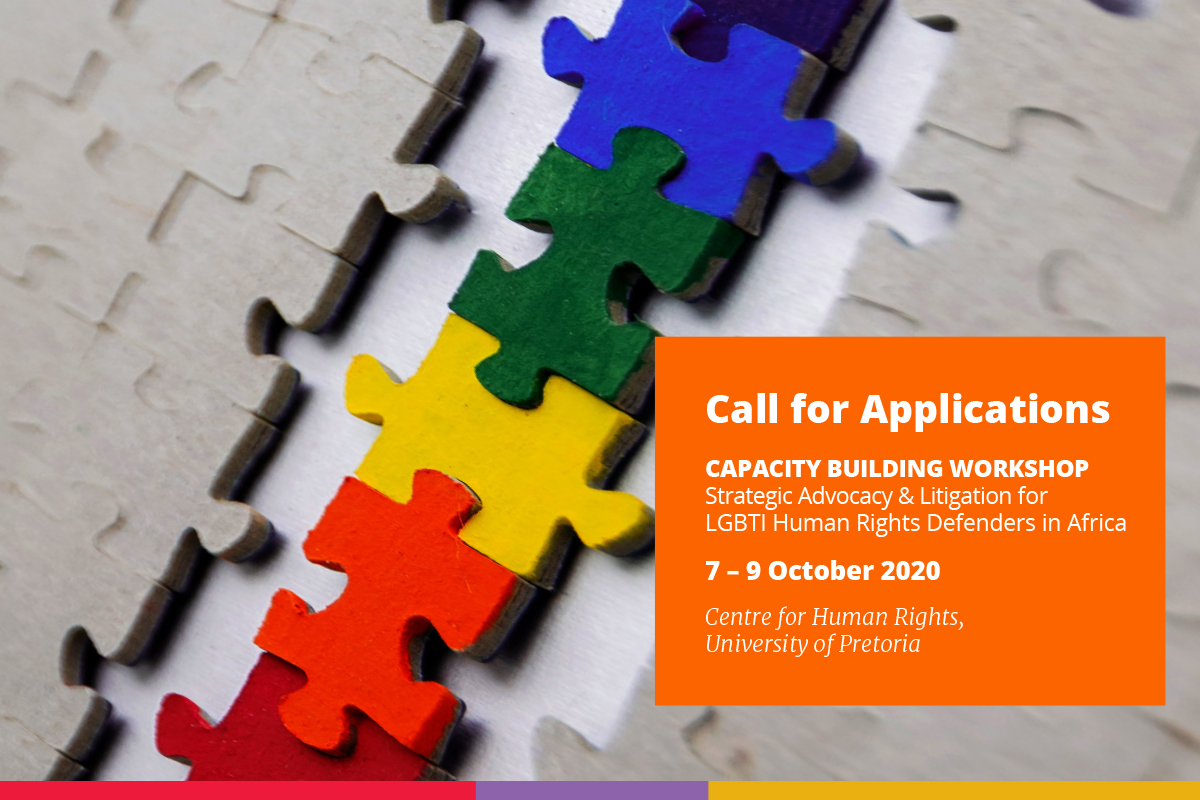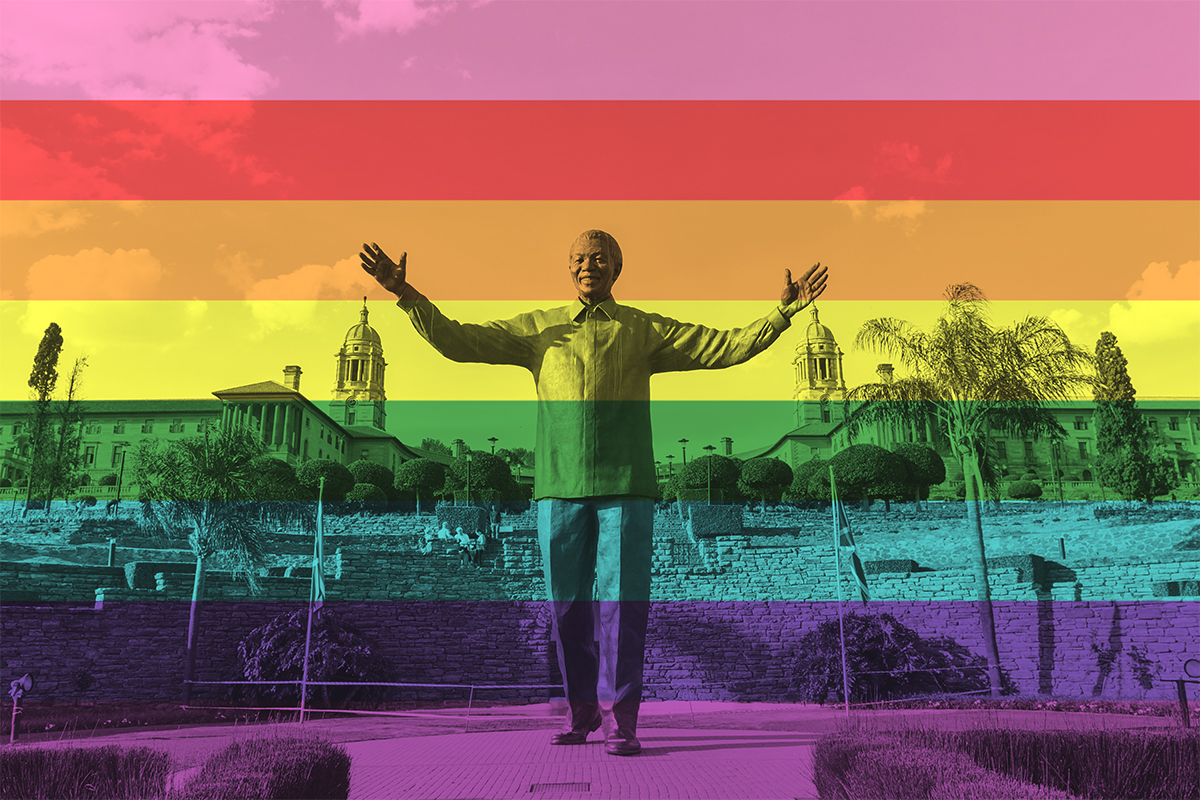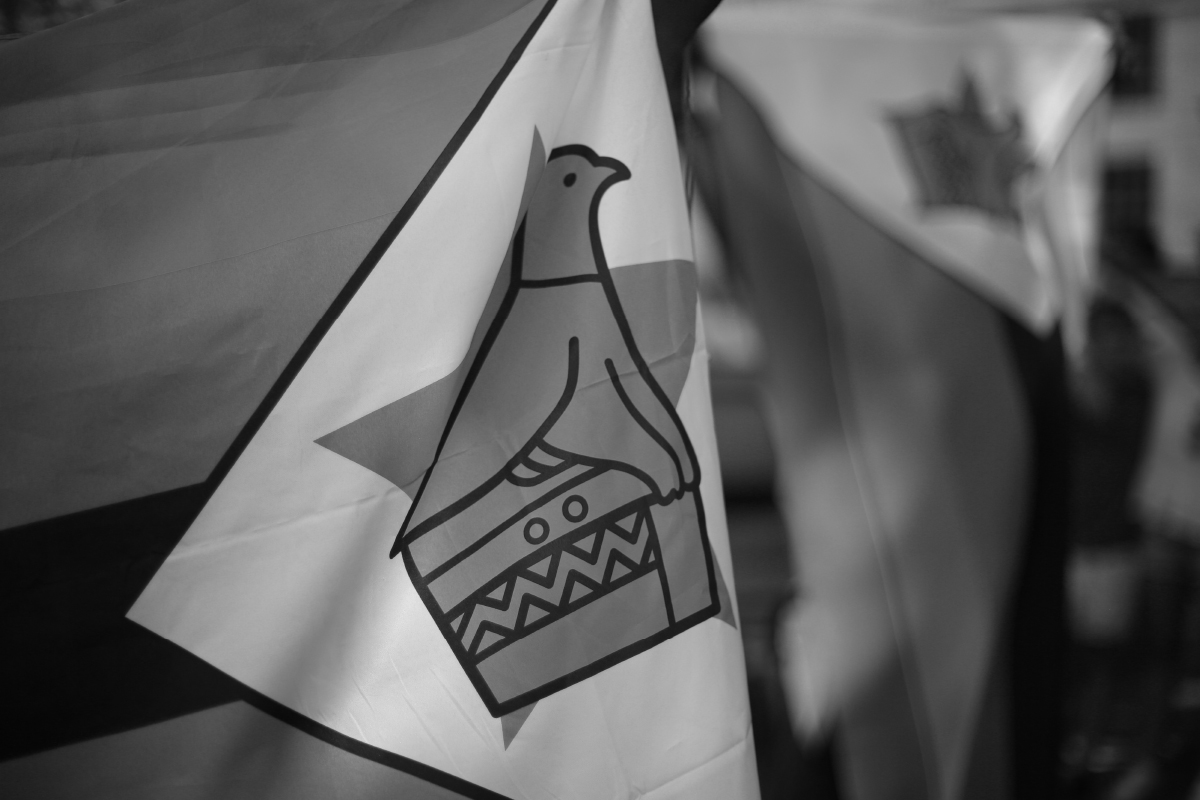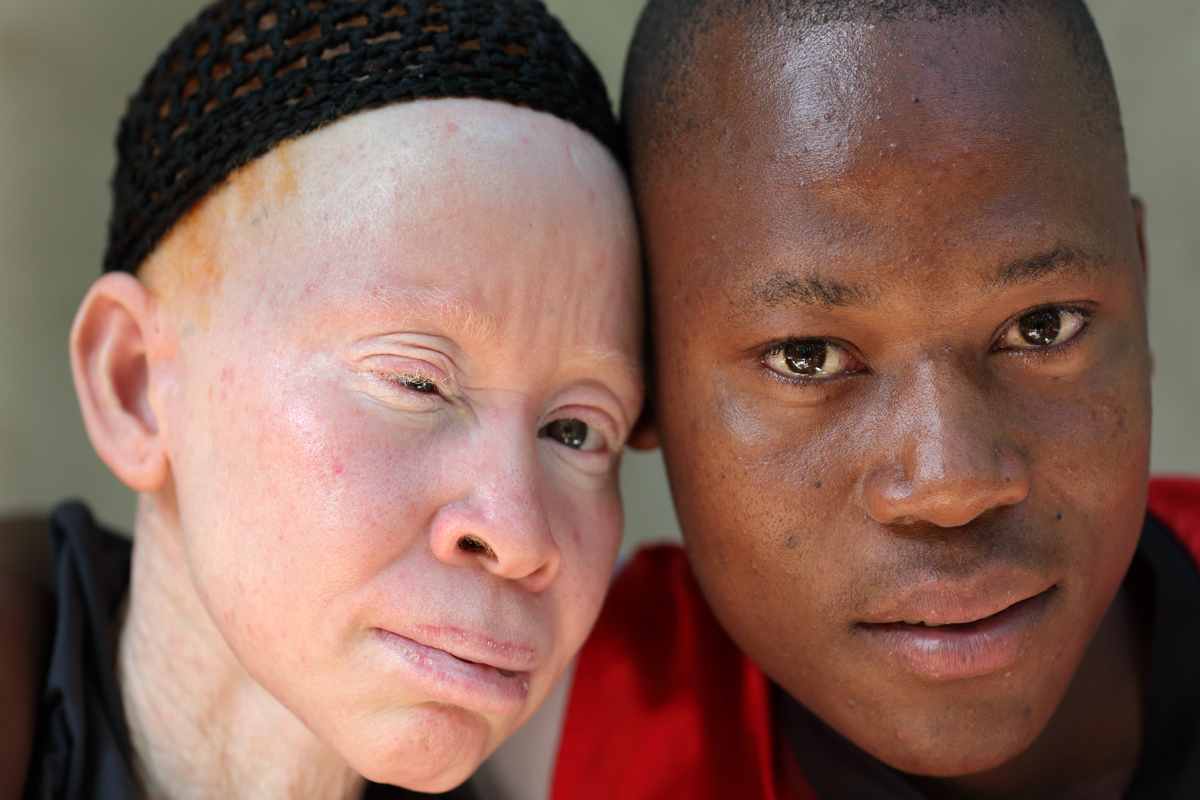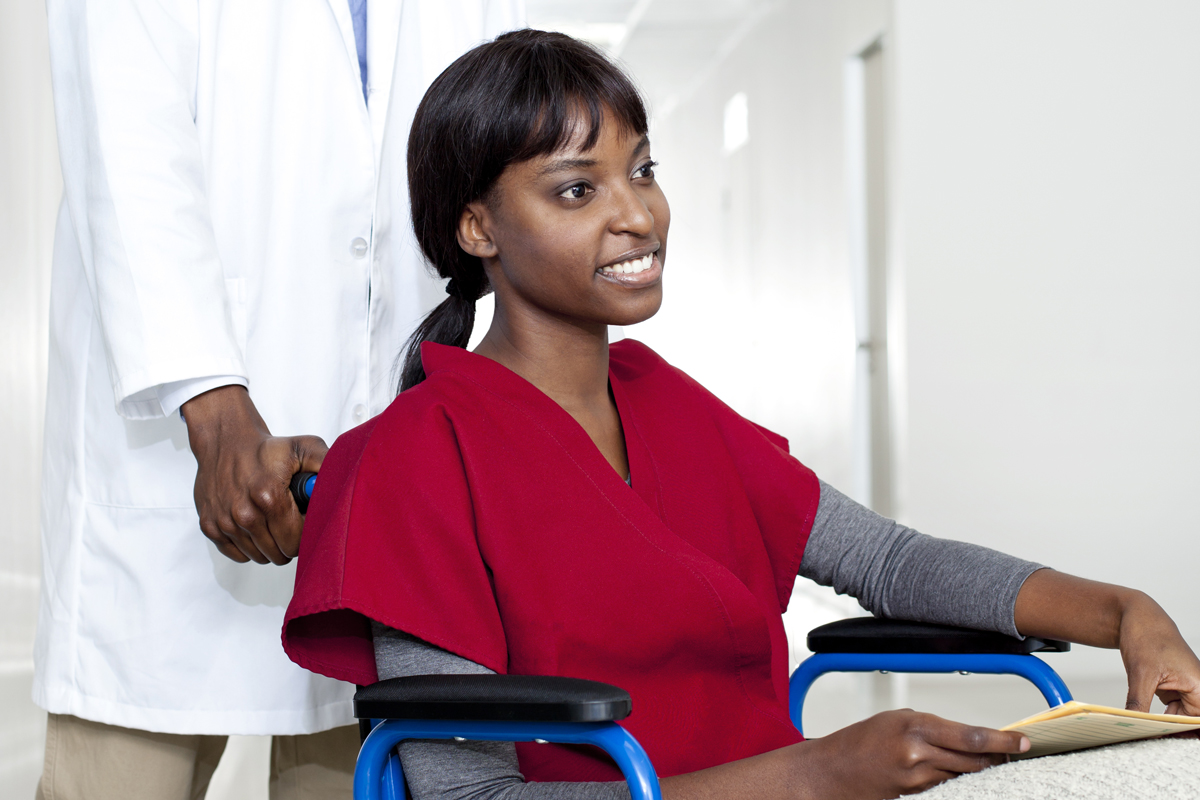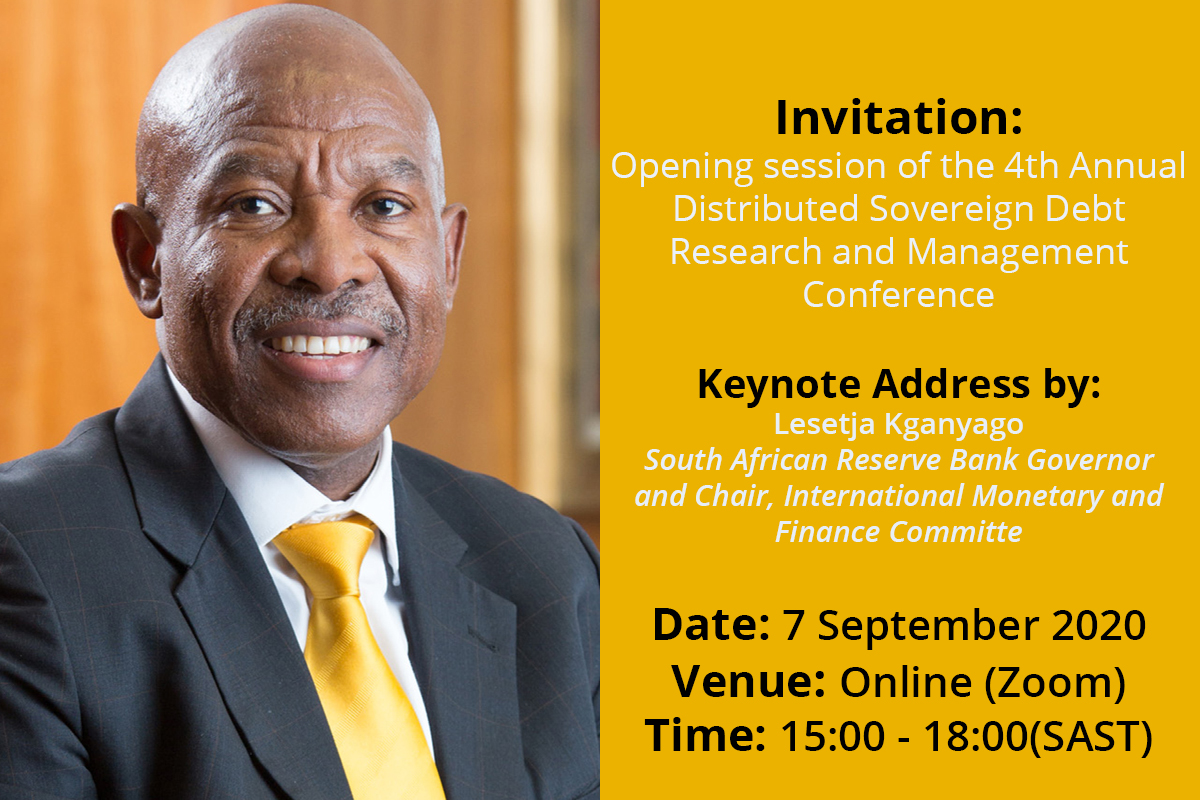- Details
The Disability Rights Unit Clinic, Centre for Human Rights, Faculty of Law, University of Pretoria, hosted a Zoom webinar to call for the ratification of the Protocol to the African Charter on Human and People’s Rights on the Rights of Persons with Disabilities in Africa (African Disability Protocol).
- Details
On 1 July 2022, the Centre for Human Rights, University of Pretoria, in conjunction with Validity Foundation, held an Africa regional online consultation on the CRPD draft guidelines on deinstitutionalisation, including in emergencies.
- Details
The Centre for Human Rights, University of Pretoria (CHR) is looking for a consultant to undertake a survey on the state of access to information during elections following the 2019 elections in South Africa. This falls under the access to information and elections project of the Expression, Information and Digital Rights Unit of the CHR.
- Details
Join us as we discuss why African States should ratify the Protocol to the African Charter on Human and Peoples' Rights on the Rights of Persons with disability in Africa.
- Details
The Centre for Human Rights, University of Pretoria is pleased to announce the continued expansion of the project on assessing State compliance with the Guidelines on Access to Information and Elections in Africa (the Guidelines). The Guidelines is a soft law instrument developed by the African Commission on Human and Peoples’ Rights (African Commission) and adopted during its 61st Ordinary Session in November 2017. It derives from article 9 of the African Charter on Human and Peoples' Rights which guarantees the right of access to information. The Guidelines require the Member States of the African Charter to give effect to the right of access to information through legislative and other measures.
- Details
The Centre for Human Rights cordially invites stakeholders including States parties, right-holders under the Convention, principally persons with disabilities through their representative organizations, other civil society organizations, independent monitoring mechanisms, national human rights institutions, and Human Rights Treaty Bodies and Special Procedures mandate holders to participate in the Africa Regional Online Consultation that is scheduled to take place on 01 July 2022, at 10:00 am SAST.
- Details
The Centre for Human Rights, Faculty of Law, University of Pretoria, condemns the disbarring of lawyer Muzi Simelane by Eswatini Chief Justice Bheki Maphalala. The Chief Justice disbarred Mr Simelane by way of notice in April 2018 on the basis of alleged contempt. Since he was banned from appearing in any court in Eswatini, Mr Simelane has not practised law for the past four years. The Chief Justice issued the notice from his chambers without any court hearing, application by the Law Society of Swaziland or determination by a tribunal that the lawyer had committed an act of misconduct. Chief Justice Maphalala purported to act in accordance with sections 139(5) and 142 of the Constitution of Eswatini when he issued the notice mero motu. On 10 June 2022, Mr Simelane challenged his disbarment by the Chief Justice in the Supreme Court of Eswatini after several failed attempts to secure judicial redress.
- Details
On 23 June 2022, the Centre for Human Rights held a high-level meeting to encourage African Union (AU) member states to ratify three instruments. First, is the Protocol to the African Charter on Human and People’s Rights on the Rights of Older Persons in Africa (Older Persons Protocol), which was adopted by the AU in 2016. Second, the Protocol to the African Charter on Human and People’s Rights on the Rights of Persons with Disabilities in Africa (African Disability Protocol), adopted in 2018. Third, the Convention for the Protection and Assistance of Internally Displaced Persons in Africa (Kampala Convention) was adopted by the AU in 2009. The Older Persons Protocol and the African Disability Protocol are both not yet in force as they are yet to receive the 15 ratifications necessary for them to come into effect.
- Details
On 23 June 2022, the Centre for Human Rights, University of Pretoria (the ‘Centre’) hosted a roundtable discussion for alumni of its Capacity Building Workshop on Strategic Litigation and Advocacy for LGBTIQ+ Human Rights Defenders in Africa. The workshop is the Centre’s annual event designed to assist LGBTIQ+ activists in Africa to effectively promote and protect LGBTIQ+ rights through domestic, regional, and international level strategic litigation and advocacy using African-specific approaches. The annual workshop is targeted at experienced activists in Africa who want to build on their capacity, develop their skills, and network with activists from other parts of Africa. The workshop seeks to strengthen the capacity of civil society organisations in Africa so that they can better pursue legal challenges and advocate on behalf of LGBTIQ+ individuals at risk of or who have suffered serious violations of human rights under domestic African laws. The workshop also aims to have participants think through and develop autochthonous, African-specific ways of advocacy and strategic litigation, and learn from each other about the challenges of filing cases at domestic courts.
- Details
We are pleased to invite you to participate in a hybrid conference on children’s rights organised by the Centre for Human Rights, University of Pretoria. The conference is scheduled, to take place from 28 - 29 June 2022, in Pretoria, South Africa.
- Details
Of 55 member states of the African Union, only six have the Portuguese language as an official language. This presents challenges and opportunities for the African Commission on Human and Peoples’ Rights in its mandate to promote the respect for and monitor the implementation of human rights on the continent. The Centre for Human Rights (the Centre) in collaboration with the African Commission on Human and Peoples’ Rights (African Commission) are hosting a hybrid workshop with five PALOPs on using the state reporting process to monitor the implementation of the rights contained in the African Charter on Human and Peoples’ Rights (African Charter) and the Protocol to the African Charter on Human and Peoples’ Rights on the Rights of Women in Africa (Maputo Protocol).
- Details
The Centre for Human Rights (the Centre) is looking for experienced local researchers to conduct a review of discriminatory laws related to violence against women (VAW) in the following countries: Angola, Botswana, Gabonese Republic, Egypt, Tunisia, Algeria, Morocco, Sierra Leone, Mali and Cape Verde.
- Details
The Centre for Human Rights, University of Pretoria, cordially invites you to the launch of a report focusing on a study carried out to monitor the impact of COVID-19 and related emergency measures on persons with disabilities in Southern Africa.
- Details
On 6 June 2022, the Disability Rights Unit at the Centre for Human Rights, University of Pretoria hosted a capacity-building training workshop for African civil society to implement and monitor the implementation of human rights of persons with albinism in Africa. The aim of the workshop was to equip persons with albinism with tools to enable them to be better placed to engage with National, regional and international mechanisms including and not limited to reporting, engagement with the UN systems such as independent experts and special rapporteurs and periodic reporting as advocacy tools. The countries represented at the workshop were Malawi, Mozambique, Zambia and Tanzania.
- Details
The Centre for Human Rights, University of Pretoria invites you to a webinar discussion on Climate Justice Litigation in Africa. The webinar discussion is part of the efforts of the Centre in improving climate justice in Africa. The discussion aims to raise awareness around the legal framework on climate justice and its application in Africa, and how litigation may be utilised as part of broader advocacy campaigns for climate justice. The discussion will feature experts and activists to discuss the existing climate change legal framework and the role of litigation in getting governments and other gas emitters to act.
- Details
The Centre for Human Rights (CHR) and the Centre for Sexualities, AIDS, and Gender (CSA&G) at the University Pretoria together with the Center for Gender Studies and Feminist Futures (CGS) and the Center for Conflict Studies (CCS) at the Philipps-University Marburg cordially invite you the third edition of the Pretoria-Marburg Queer Conversations on the Colonial Legacies of Anti-LGBTIQ+ Rights in African States.
- Details
The International Development Law Unit, Centre for Human Rights together in collaboration with Oxfam cordially invite you to a hybrid webinar to launch the reports for the New Development Bank Transparency and Accountability Series.
- Details
The Women’s Rights Unit Clinic, Centre for Human Rights, Faculty of Law, University of Pretoria, hosted a Zoom webinar on the implementation of the Gender Action Plan (2017) to support gender-responsive climate action in Africa.
- Details
The Centre for Human Rights, University of Pretoria, hosts an annual conference on disability rights in an African context during the month of November. The inaugural disability rights conference was held in 2013. The annual conference serves as a platform for convening dialogue amongst key stakeholders on disability rights, and to spotlight pertinent and emerging disability rights concerns in the African region.
- Details
On the 26 and 27 May 2022, the Children’s Rights Unit at the Centre for Human Rights, University of Pretoria hosted a meeting to validate its draft regional study report on child participation in the implementation of the Global and Regional Development with a focus on the Sustainable Development Goals (SDGs), the African Union (AU) Agenda 2063, and the AU Agenda 2040 for Children.
- Details
The Centre for Human Rights, Faculty of Law, University of Pretoria (the Centre) at a meeting on 24 May 2022, signed a Memorandum of Understanding (MOU) with the Office for Public Defender and Citizens’ Rights Commission in Kogi State, Nigeria (PDCRC). The PDCRC is a hybrid institution that provides legal aid for indigent individuals in Kogi State and also serves as a Human Rights Commission that tries to advance human rights in Kogi State.
- Details
The Women’s Rights Unit of the Centre for Human Rights, Faculty of Law, University of Pretoria, cordially invites you to a webinar on implementation of the gender action plan to support gender responsive climate action in Africa.
- Details
Following the success of the first edition of the series, the 2022 Pretoria-Marburg Queer Conversations continues with a discussion on ‘Threats to Human Rights for LGBTIQ+ Communities: Hate Crimes and Conversion Therapy’.
- Details
The Disability Rights Unit, Centre for Human Rights, University of Pretoria held a two-day regional convening on Promoting access to justice for persons with intellectual and psychosocial disabilities in Southern Africa from 16 to 17 May 2022 at Capital Hotel Menlyn Maine in Pretoria, South Africa.
- Details
The Centre for Human Rights (CHR) in partnership with the Konrad Adenauer Stiftung (KAS) under the aegis of the Rule of Law Program for Sub Saharan Africa developed an easy reference booklet that summarises the Bill of Rights as espoused in the constitution of Zambia.
- Details
Shifting language(s): the evolving landscape of words and meanings in queer lives
On the occasion of IDAHOBIT 2022, the Centre for Human Rights, Faculty of Law, University of Pretoria, and the Centre for Sexualities, AIDS and Gender, University of Pretoria, in partnership with the Embassy of France in South Africa and the Alliance Française in Pretoria are hosting a panel discussion on the theme “Shifting language(s): the evolving landscape of words and meanings in queer lives”.
- Details
On 21 April 2022, the Centre for Sexualities, AIDS, and Gender (CSA&G) at the University Pretoria, facilitated the first webinar in the Pretoria-Marburg Queer Conversations: Scholarly and Activist Perspectives on LGBTIQ+ Lived Realities in Africa in collaboration with the Centre for Human Rights (CHR) and the Center for Conflict Studies (CCS) as well as the Center for Gender Studies and Feminist Futures (CGS), Philipps-University of Marburg. The Pretoria- Marburg Queer Conversations creates a monthly space for in-depth discussions designed to tap into the intersections of knowledge-production and transfer between diverse scholarly and activist spheres and contributes to methodological, conceptual, and normative aspects of centering LGBTIQ+ rights and lived realities in African contexts.
- Details
The Centre for Human Rights,Faculty of Law, University of Pretoria, in collaboration with the Global School on Socio-Economic Rights Adjudication partners: University of Oslo, University of Stellenbosch, Centre for health and human rights at Harvard University,Universidad de Los Andes, and Abo Akademi University hosted their annual Advanced Human Rights Course (AHRC) on the “Judicial Enforcement of Socio-Economic Rights in Africa” from 2 - 6 May 2022.
- Details
The Centre for Human Rights, University of Pretoria, and Mzalendo Trust in partnership with Parliamentary Network Africa (PNAfrica) hosted a two-day civil society engagement on the workings on the Pan-African Parliament (PAP) for the East African Community. This forum was held on Monday 25 and Tuesday 26 April 2022, in Nairobi, Kenya. The forum focused on developing networks for increased engagement between civil society in the East African region and the Pan-African Parliament.
- Details
On 28 and 29 April 2022 the Children’s Rights Unit, at the Centre for Human Rights, Faculty of Law, University of Pretoria (the Centre), in collaboration with the Raoul Wallenberg Institute (Kenya office), hosted a stakeholder meeting and training workshop on Children’s Privacy Rights in Africa. During the event, the Center also launched its study on children’s right to privacy in the digital sphere in Africa. The event was attended by key stakeholders from various countries across the continent and representatives from the African and UN Children’s Committees.
- Details
Lesbian Day of Visibility is celebrated internationally on 26 April each year, as part of Lesbian Visibility Week. Lesbian Visibility Day seeks to combat the erasure of lesbians by celebrating their existence, achievements and contributions. The Centre for Human Rights is proud to celebrate Lesbian Visibility Day and to note the important role lesbians have played in the feminist, LGBTIQ+ and anti-apartheid movement in South Africa as well as various movements for justice across the continent and globe.
- Details
First of a series
As part of its efforts in increasing awareness and understanding among relevant stakeholders about the jurisprudence of African human rights bodies, the Centre for Human Rights, Faculty of Law, University of Pretoria, on 7 April 2022 launched a quarterly webinar series on decisions of African human rights bodies.
- Details
The Centre for Human Rights, Faculty of Law, University of Pretoria, has released volume 2 of the photobook series titled Looking through the prism: Narratives of queer dignity in South Africa. This series features photographs and narratives of the lives of LGBTIQ+ persons living in South Africa. Volume 2 of the series focuses on lesbian, bisexual and queer (LBQ) cisgender and transgender women.
- Details
The Centre for Human Rights, Faculty of Law, University of Pretoria, condemns the xenophobic attacks against non-citizens in South Africa and in particular the brutal murder of Elvis Nyathi, a Zimbabwean national residing in the Johannesburg township of Diepsloot. Elvis’ brutal murder happened after several inflammatory statements targeting non-citizens, by representatives of political parties and vigilante groups. The state cannot allow vigilante groups to take the law into their own hands and in the name of curbing crime, engage in an extra-judicial killing of a person solely based on their nationality. If this behaviour is not curtailed through application of the rule of law and protection of the human rights of all people in South Africa by the government, more people will be killed and more livelihoods and property will be destroyed.
- Details
As South Africa get set for the 4th cycle of its review by the UPR in November 2022, the Social Policy Initiative (SPI) and the Centre for Human Rights (Centre) have requested the UPR Working group to encourage South Africa to adopt a new composite index in accordance with the recommendations of the United Nations Committee on Economic, Social and Cultural Rights.
- Details
The Centre for Human Rights, University of Pretoria is convening a conference to bring together activists and scholars working on the protection and promotion of LGBTIQ+ rights in Africa for a dialogue and exchange of ideas on the goal of decriminalising sexual rights offences and eradicating conversion practices in African countries. The Centre hopes to build a body of academically sound literature harmonizing context and strategy on these topics and, as such, welcomes contributions from scholars based at or affiliated with universities in Africa. We are inviting submission of papers including scholarly articles, essays, comments on recently decided cases and further comments relating to the themes of the conference.
- Details
International Transgender Day of Visibility is celebrated globally on the 31st of March every year. International Transgender Day of Visibility celebrates the existence and achievements of transgender persons and seeks to raise awareness of the discrimination experienced by the trans community. Transgender persons have been at the forefront of LGBTIQ+ communities’ struggles and activism and have contributed to the collective human endeavour in fields as diverse as science, law, philosophy and the arts. Unfortunately, transgender persons in Africa and across the world experience a plethora of human rights violations that have not been effectively addressed, such as transphobic killings, inaccessibility to healthcare, lack of legal recognition and exclusion from public areas of life, such as sports and media. Increasingly, there are attempts to portray trans inclusion as anti-feminist, a move which must be rejected as bad faith and ill-informed. The Centre for Human Rights stands by the principle that human rights are universal and inalienable, indivisible, interdependent and interrelated.
- Details
The Centre for Human Rights, Faculty of Law, University of Pretoria, with the support of the Embassy of the Kingdom of the Netherlands, cordially invites you to apply for its Capacity Building Workshop on Strategic Litigation and Advocacy for human rights defenders working on the promotion and protection of the rights of lesbian, gay, bisexual, transgender, intersex, and other non-binary and gender-nonconforming persons in Africa.
- Details
The Centre for Human Rights, Faculty of Law, University of Pretoria, invites you to a webinar discussion on two casesThe Centre for Human Rights, Faculty of Law, University of Pretoria, invites you to a webinar discussion on two cases recently decided by the African Court on Human and Peoples’ Rights. This event is the first of a series of discussions of decisions by African human rights bodies.
- Details
On Monday, 7 March 2022, Italian diplomat Fabrizio Petri, the country’s first Special Envoy for the Human Rights of LGBTQI+ persons, visited the Centre for Human Rights, Faculty of Law, University of Pretoria. Mr Petri is one of only four such Special Envoys globally. In this position, created in 2021 by the country’s Minister of Foreign Affairs and International Cooperation, he works towards promoting and protecting the rights of LGBTQ+ persons around the world, with special focus on the decriminalisation of same-sex sexual relationships.
- Details
The Centre for Human Rights, Faculty of Law, University of Pretoria, welcomes the recently improved pace of ratification of the 2018 Protocol to the African Charter on Human and Peoples’ Rights on the Rights of Persons with Disabilities in Africa (African Disability Protocol). In the past 12 months, Mali, Kenya and Rwanda have ratified the African Disability Protocol. We applaud these three states for demonstrating commitment and political will to promote and protect the rights of persons with disabilities. However, three ratifications in four years represent a very slow ratification rate. Fifteen ratifications are required for its entry into force. At the current rate of ratification, it would take decades for the Africa Disability Protocol to take effect. An acceleration in ratifications is therefore urgently needed.
- Details
Wellspring’s International Human Rights (IHR) Program seeks a consultant with experience as a practitioner in the transitional justice field to support the Senior Program Officer to further develop a line of grant making to advance implementation of reparation programs for victims and survivors of mass or war-related atrocities and crimes.
- Details
The Advanced Human Rights Courses (AHRC) and the Sexual Orientation, Gender Identity and Expression, and Sex Characteristics (SOGIESC) Units at the Centre for Human Rights (the ‘Centre’), University of Pretoria (UP) recently hosted the 2022 edition of its annual short course on Sexual Minority Rights in Africa. The course was presented through both virtual and physical sessions from 21 to 25 February 2022. The course was attended by 70 participants with more than 15 presenters from both across and outside Africa. Participants included the LLM/Mphil students of the Human Rights and Democratisation in Africa (HRDA) and the Sexual and Reproductive Rights in Africa (SRRA) Masters programmes in the Faculty of Law, UP. Also in attendance were researchers, academics, judicial officers, government workers, and members of civil society. The hybrid format provided an opportunity for the Centre to accommodate a larger group of participants in an interactive, virtual classroom in conjunction with those who physically attended the course.
- Details
The African Disability Rights Yearbook (ADRY) is calling for papers for consideration for publication in Section A of the ADRY in 2022. The ADRY publishes once a year with a focus on disability rights issues and developments of contemporary concern to persons with disabilities on the African continent. The ADRY is published by the Pretoria University Law Press (PULP) and is published as a peer-reviewed open-access journal.
- Details
The Centre for Human Rights, University of Pretoria cordially invite you to a discussion on the impact of United Nations human rights treaties and mechanisms at the domestic level, organized jointly by the Norwegian Centre for Human Rights (University of Oslo) and the Centre for Human Rights (University of Pretoria) as part of a project funded by Diku’s UTFORSK programme.
- Details
The Centre for Human Rights (Centre) in partnership with Konrad Adenauer Stiftung (KAS) under the aegis of the Rule of Law Program for Sub Saharan Africa developed simple-easy-reference booklets (for non-lawyers) that summarise the Bill of Rights as espoused in the constitutions of selected “Anglophone African” countries which are: Kenya, Malawi and Zambia.The broad aim is to promote human rights and constitutional literacy in Africa.
- Details
ACCA is looking for a dedicated, creative, and energetic person who will work as ACCA Project Administrator. The ACCA Project Administrator will work under the supervision of ACCA’s Manager and will support the work of the ACCA secretariat by providing assistance on project development and implementation, supporting ACCA partners, undertaking advocacy and conducting research.
- Details
South Africa’s local government elections, to elect the municipal tier of government, are constitutionally mandated through section 159 of the Constitution of South Africa to take place every five years. These elections were scheduled to take place towards the end of 2021 and have been the subject of great deliberation in the nation. Conducting elections during a pandemic has been the subject of much debate on the continent and worldwide, with certain countries choosing to continue with elections amid the pandemic and others choosing to postpone their elections amid concerns of the risks involved. Nations on the continent that have held elections during the pandemic include Zambia, Malawi, Ghana, Rwanda, Uganda and Côte d’Ivoire. Given the extent of the risks of holding elections during the pandemic and mixed calls on whether to postpone or continue with elections in the nation, the Independent Electoral Commission (IEC) of South Africa ordered an inquiry commission to determine the nation’s capacity to hold free, fair elections during the initially scheduled period in October.
- Details
The Centre for Human Rights, University of Pretoria, hosts an annual conference on disability rights in an African context during the month of November. The inaugural disability rights conference was held in 2013. The conference acts as a platform for convening dialogue amongst key stakeholders on disability rights, and to spotlight the pertinent and emerging disability rights concerns in the African region.
- Details
By: Bonolo Makgale and Tariro Sekeramayi
Introduction
Dr. John Henrik Clarke once remarked, “History is not everything, but it is a starting point. History is a clock that people use to tell their political and cultural time of day. It is a compass they use to find themselves on the map of human geography. It tells them where they are, but more importantly, what they must be.”
- Details
Binaries and Boxes
In conversation with Dr Mzikazi Nduna
- Details
The Centre for Human Rights, Faculty of Law, University of Pretoria, is concerned about ongoing discrimination on the basis of disability by airline carriers in Nigeria.
- Details
The Centre for Human Rights, Faculty of Law, University of Pretoria, calls for applications for a full-time doctoral scholarship in the field of disability rights. The successful candidate will be based within the Centre, and will be expected to contribute to the work of the Centre’s Disability Rights Unit (for 25 hours per week), while attending to her/his LLD/DPhil work.
- Details
The Womens’ Rights Unit at the Centre for Human Rights, University of Pretoria, in collaboration with the Botswana Labour Migrants Association (BOLAMA), organised a workshop to consider the non-ratification of the Protocol to the African Charter on Human and Peoples’ Rights on the Rights of Women in Africa (Maputo Protocol) by the government of Botswana. The aim of the workshop was to sustain advocacy efforts towards the ratification of the Maputo Protocol. The meeting was held online on 1 December 2020 and Ms Patience Mungwari, Ms Lydia Chibwe and Ms Anthonia Lola Dickson represented the Centre.
- Details
Africa is experiencing the highest increase in the number of older persons’ population. Most of them are living longer with valuable capacities but with vulnerabilities too. Yet older person’s rights are neither recognised nor valued, and often suffer from abuse, assaults and even murder at the hands of those who should support and protect them. Older persons are often accused of witchcraft, blamed for misfortunes such as sudden deaths, HIV/AIDS, traffic accidents and even the weather. They are denied opportunities for employment, they have restricted access to land and property, and lack adequate legal protection. Older women in particular bear more risks due to the intersectionality of their age as well as other aspects such as gender, disability and poverty. This is due to the lack of policies or legal frameworks that can protect the rights of older people in the majority of African countries.
- Details
The Centre for Human Rights, University of Pretoria, cordially invites you to a webinar to assess the status of implementation of the Maputo Protocol and submission of state reports to the African Commission on Human and Peoples’ Rights.
- Details
The Centre for Human Rights, University of Pretoria, in partnership with the Democracy Development Program (DDP), under the umbrella of the established Pan-African Parliament (PAP) CSO forum, is hosting a dialogue to engage young Africans on matters related to Africa’s politics and development and the workings of the PAP in particular.
- Details
The Centre for Human Rights, University of Pretoria, is alarmed by the arrest and detention of three human rights defenders by Egyptian authorities last week, marking a troubling escalation in an ongoing campaign of harassment and intimidation that has thus far failed to silence various organisations dedicated to defending fundamental human rights in the country.
- Details
The African Coalition for Corporate Accountability (ACCA) recently launched a video and a comic book prepared from the report on Free Prior and Informed Consent (FPIC). FPIC is a legal right for indigenous people in terms of international law, based on the principle of self-determination and it is also the collective right of indigenous peoples to negotiate the terms of externally imposed policies, programs, and projects that directly affect their livelihoods and well-being.
- Details
The 8th Annual Disability Rights Conference was held on Tuesday 17 and Wednesday 18 November 2020, virtually via zoom. The theme for this year’s two-day conference was ‘realising the right to health of persons with disabilities in Africa’. The conference focused on developing responses for overcoming barriers faced by persons with disabilities in the respect, protection and fulfilment of the right to health in the African region.
- Details
During his visit to Bern last week, the Burkinabe Minister of Industry, Trade and Handicrafts, Mr Harouna Kaboré has marked his disagreement with the “Popular Initiative for Responsible Multinationals” that will be submitted to a vote in Switzerland on November 29th. According to Minister Harouna Kaboré, the adoption of this Initiative would cause "serious socio-economic problems" in Burkina.
- Details
The International Development Law Unit (IDLU) at the Centre for Human Rights, University of Pretoria invites you to 4 workshops to discuss papers focusing on the impacts and challenges relating to the sovereign debt situations in the SADC member countries.
- Details
The Centre for Human Rights, Faculty of Law, University of Pretoria, in partnership with the Global Development Policy Center at Boston University, Southern African Development Community Centre for Renewable Energy and Energy Efficiency (SACREEE), SADC Development Finance Resource Centre (SADC-DFRC) and the Development Bank of Southern Africa cordially invite you to the launch of the report Expanding Renewable Energy for Access and Development: The Role of Development Finance Institutions in Southern Africa, featuring a discussion of the study and Q&A with the audience.
- Details
The Centre for Human Rights, Equality Now and International Commission of Jurists (Kenya Chapter) have drafted Shadow Reporting Guidelines in response to Resolution 436 by the African Commission on Human and Peoples' Rights. The resolution recognises the need to have a set of guidelines to guide non-state actors to submit appropriate shadow reports to the Commission. Please take a moment to go through the draft guidelines and fill out the accompanying questionnaire which will assist us to improve the draft guidelines.
- Details
The Centre for Human Rights, University of Pretoria, cordially invites you to a virtual conference on 4 and 5 November 2020. The theme of the conference is ‘Elections and COVID-19: Harnessing the pandemic to improve elections.’ The conference is organised by the Democracy and Civic Engagement Unit and the Expression, Information and Digital Rights Unit of the Centre for Human Rights. The conference invites academics, policymakers, practitioners, researchers and other stakeholders with a keen interest in democracy and elections, information technology and human rights law in the African context.
- Details
The Democracy and Civic Engagement Unit at the Centre for Human Rights, University of Pretoria, recently developed a Toolkit for civil society advocacy in the Pan-African Parliament (PAP). Despite its potentially crucial role in PAP’s activities, civil society organisations (CSOs) still know very little about this institution. For most CSOs, the PAP, and the African Union (AU) in general, are largely invisible, and too distant to access or influence with their advocacy. This Toolkit aims to change that.
- Details
The Centre for Human Rights, University of Pretoria, is part of a coalition of seven global disability rights organisations that have called for urgent action by States and the international community to halt the catastrophic failure to protect the lives, health, and rights of persons with disabilities during the COVID-19 pandemic.
- Details
The Centre for Human Rights, University of Pretoria, cordially invites you to its 8th Annual Disability Rights Conference on 17 and 18 November 2020, which will take place virtually via Zoom. The theme of this year’s conference is ‘Realising the right to health of persons with disabilities in Africa’.
- Details
The Centre for Human Rights, Faculty of Law, University of Pretoria, is saddened by the passing of Devikarani Priscilla Jana, anti-apartheid activist and giant of South African human rights law, on 10 October 2020.
- Details
The Centre for Human Rights, University of Pretoria, is concerned about ongoing police brutality and human rights violations in Nigeria. These violations are in response to demonstrations by Nigerians expressing concerns about gross human rights violations by the Nigerian Police Force (NPF), particularly by the Special Anti-Robbery Squad (SARS), a tactical unit within the NPF designed to tackle incidents of armed robbery in Nigeria.
- Details
On 1 October 2020, the Women’s Rights Unit at the Centre for Human Rights, Faculty of Law, University for Pretoria, in partnership with International Commission of Jurists (Kenya) and Equality Now, conducted a webinar to garner the views of civil society organisations on the draft Shadow Reporting Guidelines they have developed.
- Details
On 22 October 2020, Validity Foundation, the European Network on Independent Living, Disability Rights International, the Centre for Human Rights, University of Pretoria, the International Disability Alliance, the International Disability and Development Consortium, and the Disability Rights Fund/Disability Rights Advocacy Fund will launch the COVID-19 Disability Rights Monitor Global Report.
- Details
The Centre for Human Rights, Faculty of Law, University of Pretoria (UP), in partnership with the Initiative for Strategic Litigation in Africa (ISLA), hosted a three-day workshop on strategic litigation and advocacy for LGBTI+ human rights defenders in Africa. The workshop is an annual event organised by the Centre’s Sexual Orientation, Gender Identity and Expression, and Sex Characteristics (SOGIESC) Unit and is aimed at building the capacity of and empowering LGBTI+ human rights defenders in Africa, with a specific focus on how to conduct strategic litigation and advocacy. This year’s edition was held virtually from 7 to 9 October 2020.
- Details
The Centre for Human Rights, Faculty of Law, University of Pretoria, takes great pleasure in congratulating Dianah Msipa on her appointment by the Department of Women, Youth and Persons with Disabilities onto a team of experts working on the proposed African Union (AU) Convention on Violence against Women and Children.
- Details
The Centre for Human Rights, University of Pretoria (the Centre) is assessing state compliance with the Guidelines on Access to Information and Elections in Africa (the Guidelines) that the African Commission on Human and Peoples’ Rights (the African Commission) adopted during its 61st Ordinary Session in November 2017. The Centre has completed its initial country assessment under the Guidelines focusing on the 2019 elections in South Africa.
- Details
The Centre for Human Rights, University of Pretoria, cordially invites you to a conference on privacy and data protection in Africa from 12 to 15 October 2020. The conference is organised by the Expression, Information and Digital Rights Unit in collaboration with the African Declaration on Internet Rights and Freedoms Coalition(AfDec Coalition). The conference will be of interest to academics, students, policymakers and practitioners working in the areas of privacy, data protection, big data, information technology, and human rights law in Africa and others interested in understanding of the state of privacy and data protection, particularly within the African context. The conference is aimed at improving privacy and data protection scholarship in Africa.
- Details
The Centre for Human Rights, Faculty of Law, University of Pretoria and the Tshwaranang Legal Advocacy Centre (TLAC), under the umbrella of the Solidarity for African Women's Rights (SOAWR) Network, held a three-day virtual workshop from 28 to 30 September 2020 on the Protocol to the African Charter on Human and Peoples’ Rights on the Rights of Women in Africa (Maputo Protocol) and shadow reporting. The aim of the workshop was to increase the number of shadow reports submitted to the African Commission on Human and Peoples’ Rights (African Commission) and to encourage a robust interaction of CSOs with the African Commission to effectively monitor the implementation of the Maputo Protocol.
- Details
The Disability Rights Unit of the Centre for Human Rights, Faculty of Law, University of Pretoria, in collaboration with the office of the United Nations Independent Expert on the enjoyment of human rights by persons with albinism hosted a virtual two-day advocacy and human rights skills training. The training, which was held online from 28 to 29 September 2020 was aimed at organisations representing persons with albinism in Southern Africa. The training was attended by individuals representing civil society organisations (CSOs) from various African countries, including South Africa, Botswana, Zambia, Namibia, Malawi, Ghana, Uganda, Nigeria, Kenya, Mozambique. Furthermore, the virtual platform allowed the inclusion of international participants, and included Argentina and Iraq.
- Details
On 27 August 2020, the Centre for Human Rights, Faculty of Law, University of Pretoria, in collaboration with the South African Institute of International Affairs (SAIIA) and the African Climate Foundation hosted a webinar focusing on foreign policy and South Africa's climate change diplomacy.
- Details
The African Coalition for Corporate Accountability (ACCA) and the Centre for Applied Legal Studies (CALS) is convening a webinar on the Second Revised Draft of the Treaty on Business and Human Rights. The webinar will be an opportunity for Africans to discuss the draft, highlight its strengths and weaknesses and reflect on the prospects of galvanising state support for its adoption.
- Details
The Centre for Human Rights, Faculty of Law, University of Pretoria, in partnership with the International Commission of Jurists (ICJ Kenya) and Equality Now cordially invite you to a validation meeting of the shadow reporting guidelines to the African Commission on Human and Peoples’ Rights.
- Details
The Centre for Human Rights, University of Pretoria, is distressed by the march on 23 September 2020 against foreign nationals in the City of Tshwane (#PutSouthAfricansFirst). The marchers targeted Nigerians and Zimbabweans, in particular. While declaring that they are concerned about illegal migrants, the marchers spoke of ‘Nigerians’ and ‘Zimbabweans’ in a very general way. The march organisers in one breath expressed concern about illegal migrants and drug trafficking. By making this association between migrant status and drug trafficking, the marchers fell into the trap of generalisation and stigmatisation of all of these non-nationals as both illegal and criminal.
- Details
The Centre for Human Rights, University of Pretoria, ARTICLE 19 (Eastern and Western Africa), Media Institute of Southern Africa (MISA) Zimbabwe, Transparency International (Kenya), and the Special Rapporteur on Freedom of Expression and Access to Information in Africa cordially invite you to a webinar on the occasion of the commemoration of the International Day for Universal Access to Information (IDUAI).
- Details
The Centre for Human Rights, University of Pretoria, is assessing state compliance with the Guidelines on Access to Information and Elections in Africa (the Guidelines) that the African Commission on Human and Peoples’ Rights (the African Commission) adopted during its 61st Ordinary Session in November 2017. The Centre has completed its initial country assessment under the Guidelines focusing on the 2019 elections in South Africa.
- Details
The Centre for Human Rights, University of Pretoria, in collaboration with the African Policing Civilian Oversight Forum (APCOF), and African Men for Sexual Health & Rights (AMSHER) hosted the annual advanced human rights short course on Police Oversight and Vulnerable Groups in Africa from 7 to11 September 2020.
- Details
The Centre for Human Rights, Faculty of Law, University of Pretoria, wishes to congratulate Dr Rimdolmsom Jonathan Kabre on his recent achievement. Dr Kabre, a post-doctoral research fellow at International Development Law Unit (IDLU), was awarded the 2020 Law Faculty Prize (Prix de Faculté) from the University of Lausanne (Switzerland) for the best doctoral dissertation. Dr Kabre was also awarded a grant to support the publication of his dissertation. This prize was awarded during the Opening Ceremony for the 2020 courses at the University of Lausanne, which took place on 15 September 2020.
- Details
The Democracy and Civic Engagement Unit and the Expression, Information and Digital Rights Unit at the Centre for Human Rights, University of Pretoria, are hosting a (virtual) conference on 29 October 2020 under the theme ‘Elections and COVID-19: Harnessing the pandemic to improve elections’.
- Details
The Centre for Human Rights, University of Pretoria, cordially invites you to a webinar organised by the Expression, Information and Digital Rights Unit on “Proactive disclosure of information and elections in South Africa”. The webinar will focus on South Africa’s compliance with the Guidelines on Access to Information and Elections in Africa, issued by the African Commission on Human and Peoples’ Rights. This flows from a collaborative research report on access to information and elections during South Africa’s 2019 elections, that will be formally launched.
- Details
Pride Afrique, the first virtual Pan-African pride event, recently took place from 14 to 16 August. The event provided an opportunity for African LGBTIQ+ communities to meet and celebrate virtually, despite the COVID-19 pandemic that has prevented several physical pride events from being held.
- Details
The Centre for Human Rights, Faculty of Law, University of Pretoria notes with disappointment the decision by the Swiss Federal Supreme Court to effectively ban Caster Semenya from participating in certain competitive sporting events (400m to the mile) unless she reduces her testosterone levels to ‘acceptable female’ levels. This decision follows an appeal by Caster to the Supreme Court against a decision by the Court of Arbitration for Sports (CAS), which upheld the validity of the World Athletics regulations on female athletes with differences of sex development (Eligibility Regulations on Female Classification (Athlete with Differences of Sexual Development). The CAS, based in Lausanne, Switzerland, is a private legal person under Swiss law. Its arbitration awards are subject to the appellate jurisdiction of the Swiss Federal Supreme Court.
- Details
About 40% of countries in Africa are at a debt-stressed level, while COVID-19 has forced a strong fiscal response globally as nations try to avoid lasting structural damage to their economies. This is according to Governor Lesetja Kganyago of the South African Reserve Bank, who spoke at the fourth annual Distributed Interdisciplinary Sovereign Debt Research and Management Conference, or D-DebtCon. The conference is taking place virtually this year in nine countries, spanning five continents, from 7 to 18 September.
- Details
By: Bonolo Makgale
The national lockdown in South Africa which was initiated due to the COVID-19 global health pandemic has revealed another hidden pandemic amongst us. The latest National Income Dynamic Study (NIDS) Coronavirus Rapid Mobile Survey (CRAM) has revealed that the national lockdown has contributed to the perpetual hunger for 2.2 million South Africans. The report revealed that with 3 million South Africans having lost their incomes and jobs, hunger has become a national crisis exposing food insecurity in the most vulnerable communities.
- Details
The Disability Rights Unit at the Centre for Human Rights, Faculty of Law, University of Pretoria, cordially invites you to a webinar on mothers impacted by albinism. The webinar, which is a dialogue on gender, albinism and human rights in South Africa is held in commemoration of Albinism Awareness Month.
- Details
The Centre for Human Rights, Faculty of Law, University of Pretoria, cordially invites you to a webinar organised by the Children’s Rights Unit on the occasion of the 35th Ordinary Session of the African Committee of Experts on the Rights and Welfare of the Child (ACERWC). The webinar will focus on children’s rights in the digital age in Africa.
- Details
The Centre for Human Rights, Faculty of Law, University of Pretoria, with the support of the Embassy of the Kingdom of the Netherlands and Initiative for Strategic Litigation in Africa, cordially invites you to apply for the Capacity Building Workshop on Strategic Advocacy and Litigation for human rights defenders working on the promotion and protection of the human rights of lesbian, gay, bisexual, transgender and intersex persons in Africa.
- Details
The Centre for Human Rights, University of Pretoria (‘the Centre’), is implementing a three-year project on access to the equality courts by the LGBTIQ+ community in the City of Tshwane. The overall goal of the project is to demonstrably promote the enhanced use of the Equality Courts by the South African LGBTIQ+ community in general, and the Tshwane community in particular.
- Details
In recent days, media houses in the region and around the globe have put a spotlight on the continuation of systemic human rights violations in Zimbabwe. This state of affairs is disturbing as far as the democratic space in the country is concerned, and needs to be closely monitored by the international community. Elie Wiesel, who was a holocaust survivor and Nobel Laureate rightly said that the opposite of good is not bad, but rather indifference; Indifference against human suffering, indifference against serious violations of rights by the State agents in Zimbabwe is a serious threat to peace both locally and regionally. Wiesel comprehended well that the struggle against indifference is a struggle for peace.
- Details
The Disability Rights Unit, Centre for Human Rights cordially invites you to join a training in strengthening advocacy skills in the era of COVID-19 and beyond: Human rights training for organisations representing persons with albinism in Southern Africa.
- Details
Centre for Human Rights, University of Pretoria, hosts an annual conference on disability rights in an African context during the month of November. The inaugural disability rights conference was held in 2013. The conference acts as a platform for convening dialogue amongst key stakeholders on disability rights, and to spotlight the pertinent and emerging disability rights concerns in the African region. More information on previous editions of the conference can be found at https://www.chr.up.ac.za/disability-rights-projects/dru-annual-conference.
In 2020, the conference will focus on developing responses for overcoming barriers faced by persons with disabilities in the respect, protection and fulfilment of the right to health in the African region.
- Details
The International Development Law Unit, Centre for Human Rights, University of Pretoria cordially invites you to the opening session of the 4th Annual Distributed Sovereign Debt Research and Management Conference (D-DebtCon4). The opening session will start a 15:00 (SAST) and the keynote address will be given by Lesetja Kganyago South African Reserve Bank Governor.
- Africa Rights Talk: Season 2 Episode 12 - Bonolo Makgale
- Invitation: Webinar on civil society experiences on the shadow reporting mechanism of the African Commission on Human and Peoples’ Rights
- Invitation: Human Rights Talks – #FreeZimbabwe: Webinar on the continuing deterioration of human rights in Zimbabwe
- #UPTransProtocol: Centre for Human Rights and CSA&G co-host webinar on addressing the needs of transgender people at higher institutions of learning

